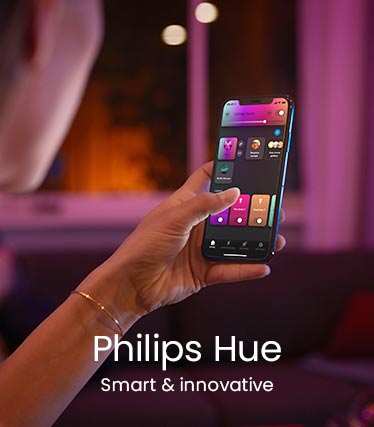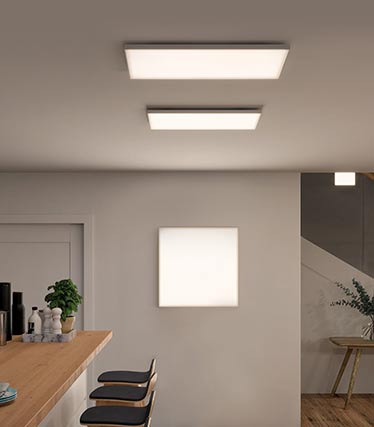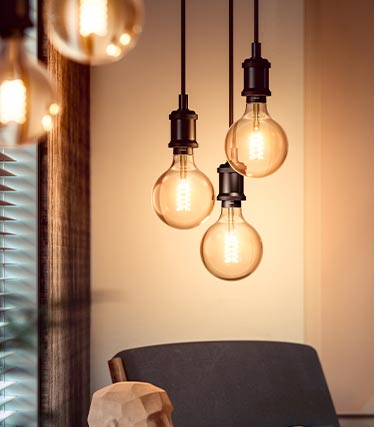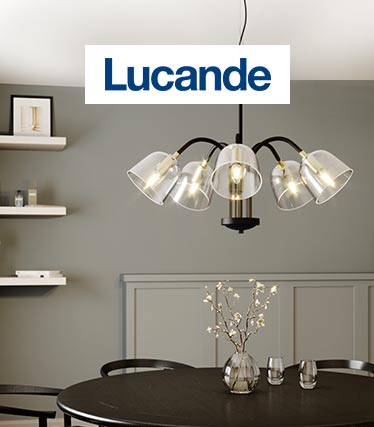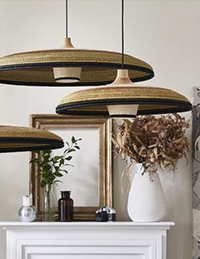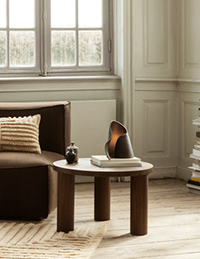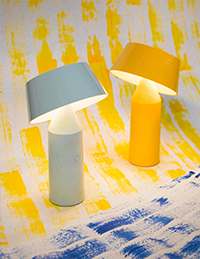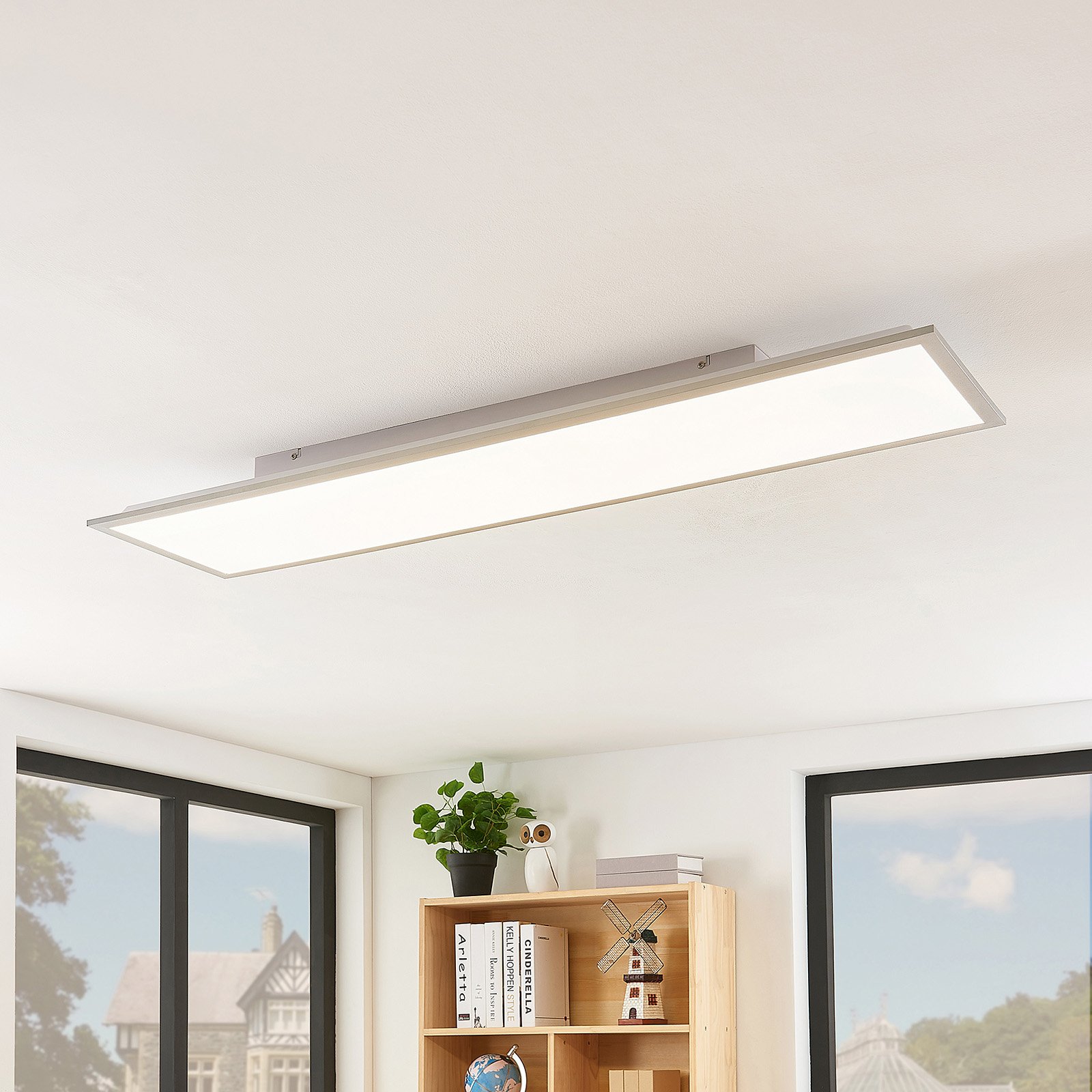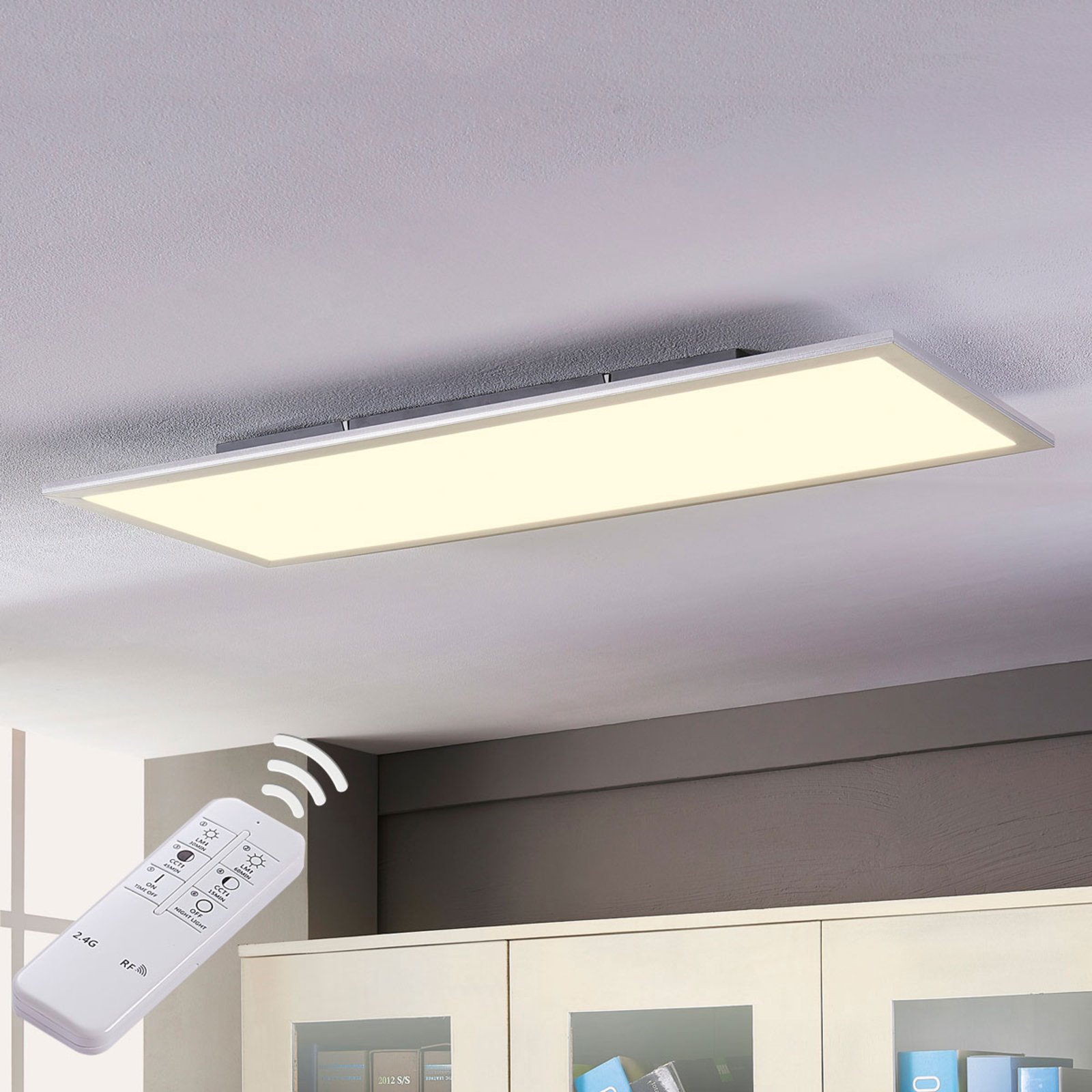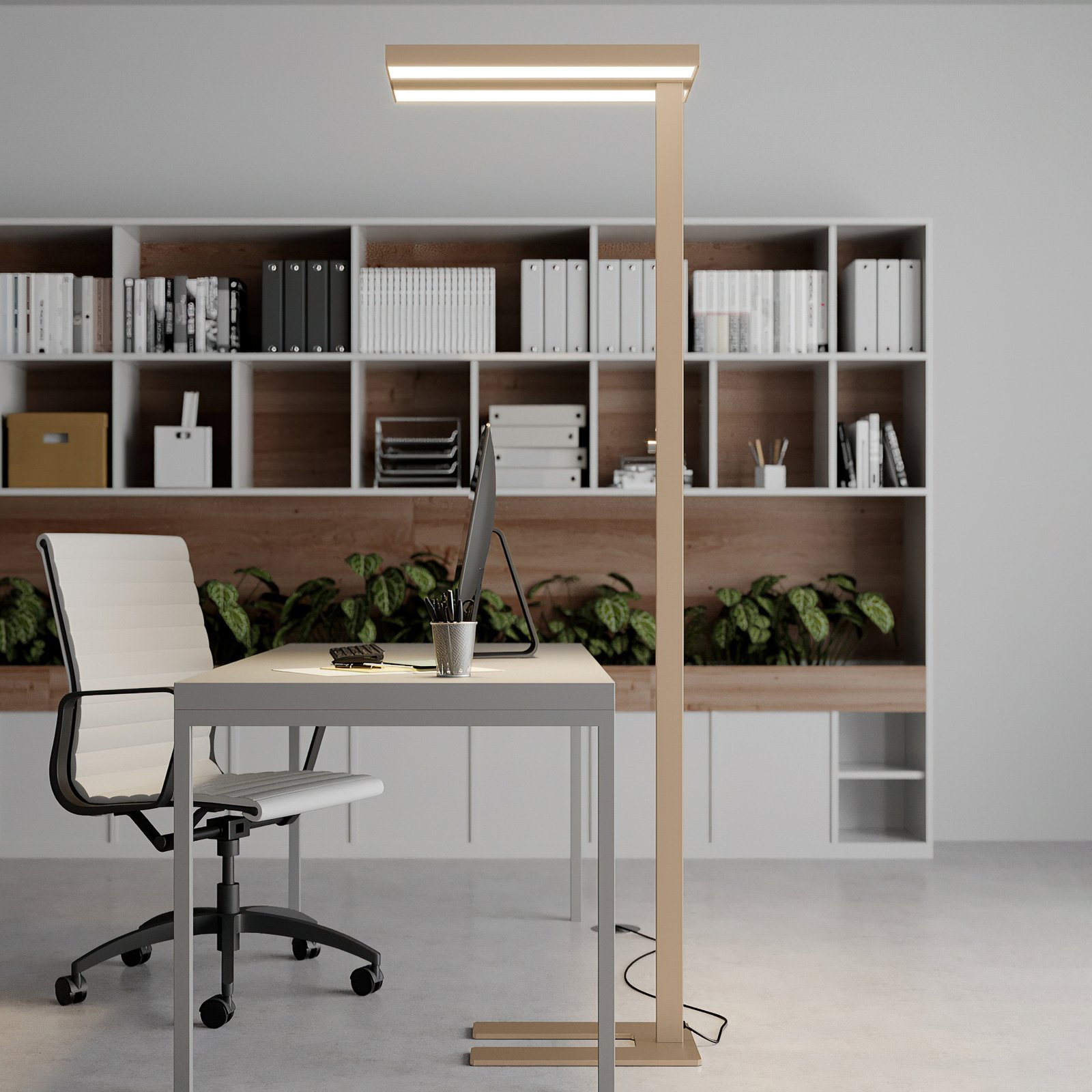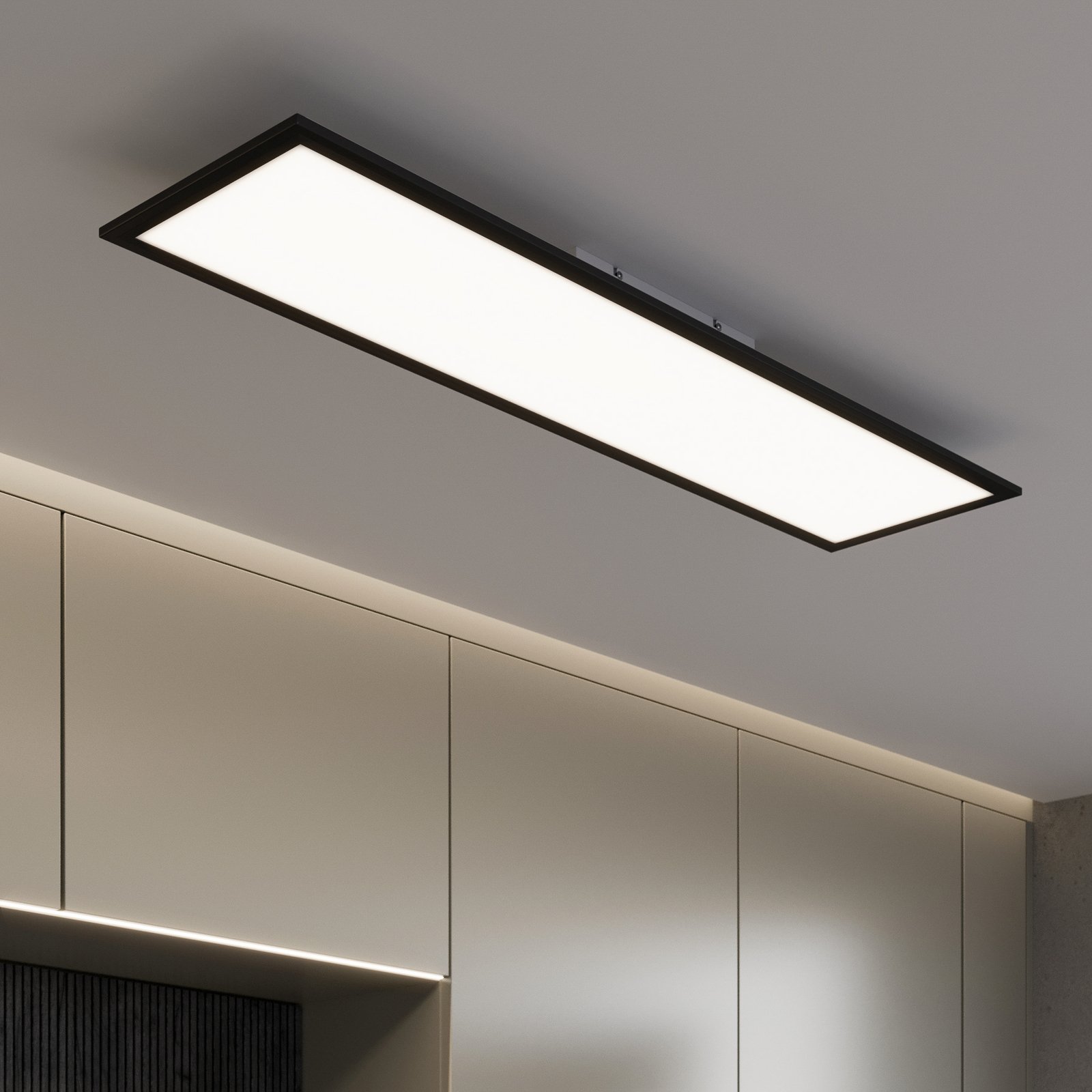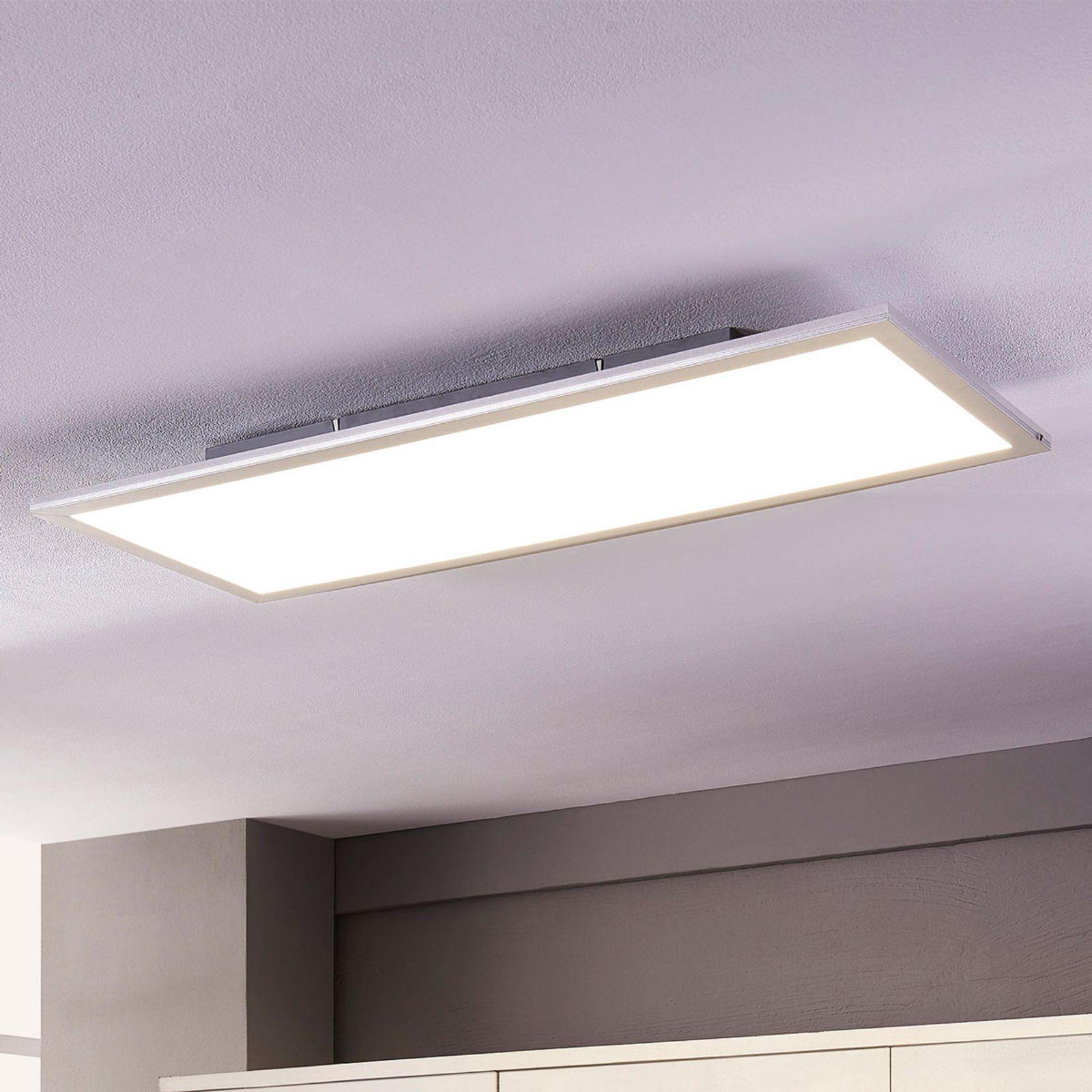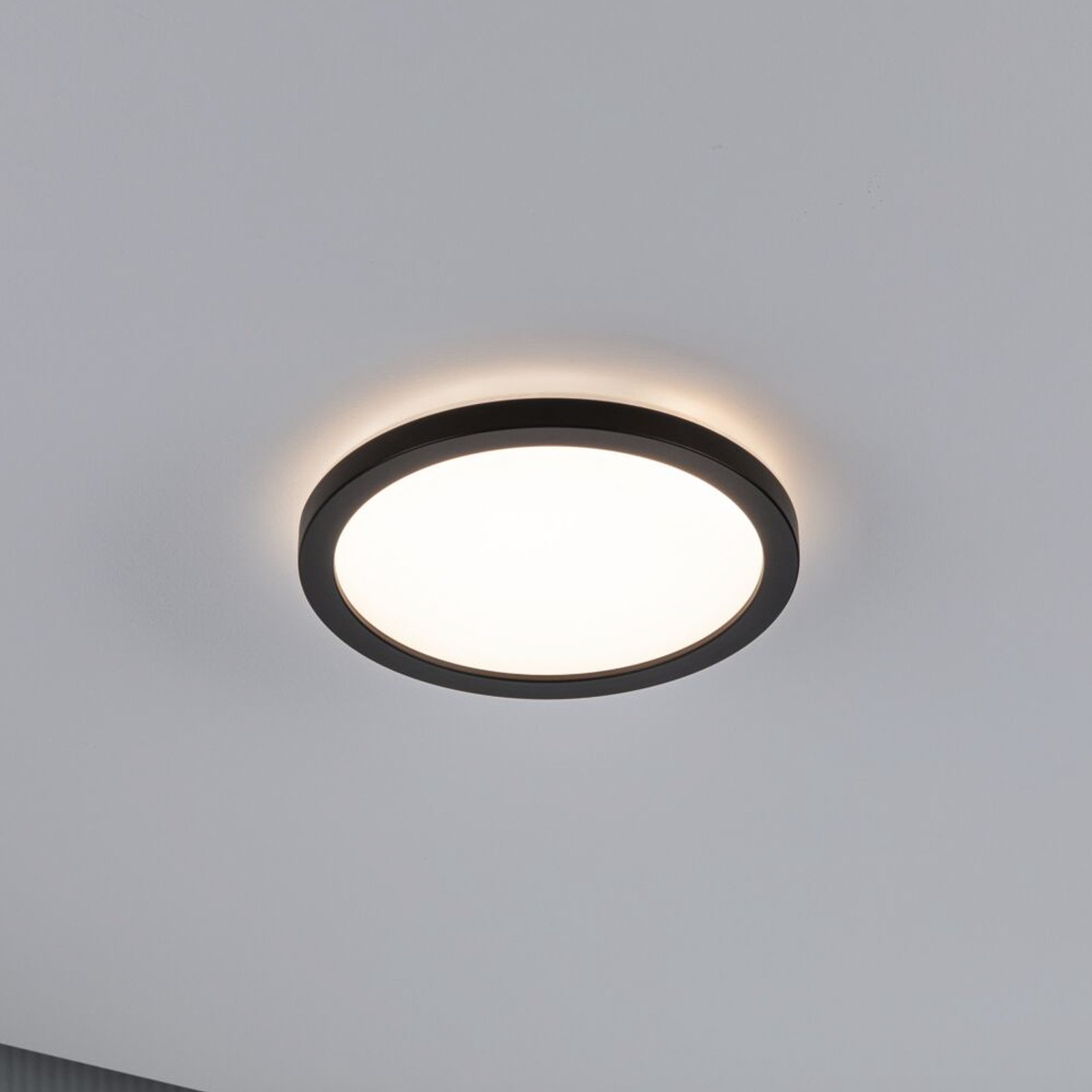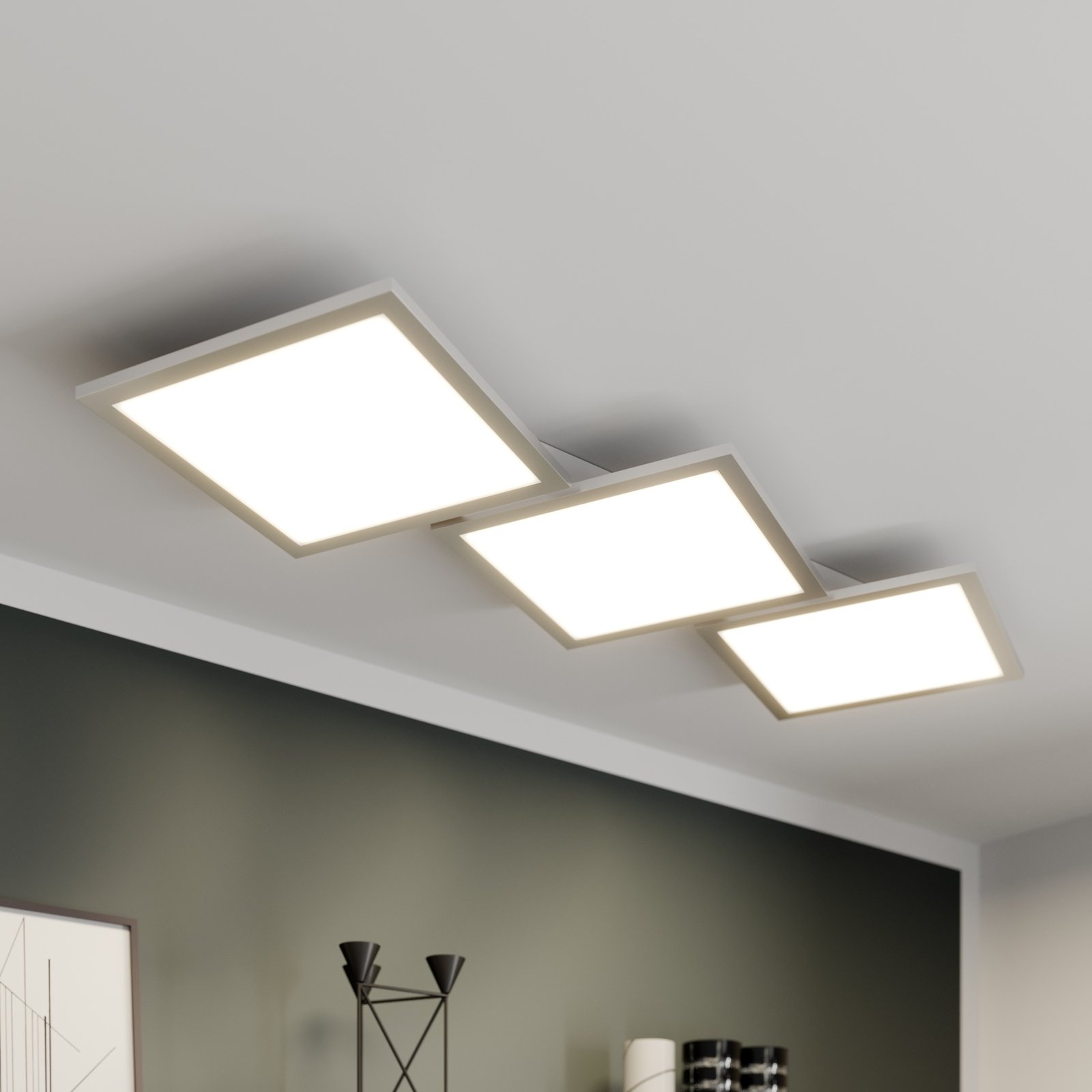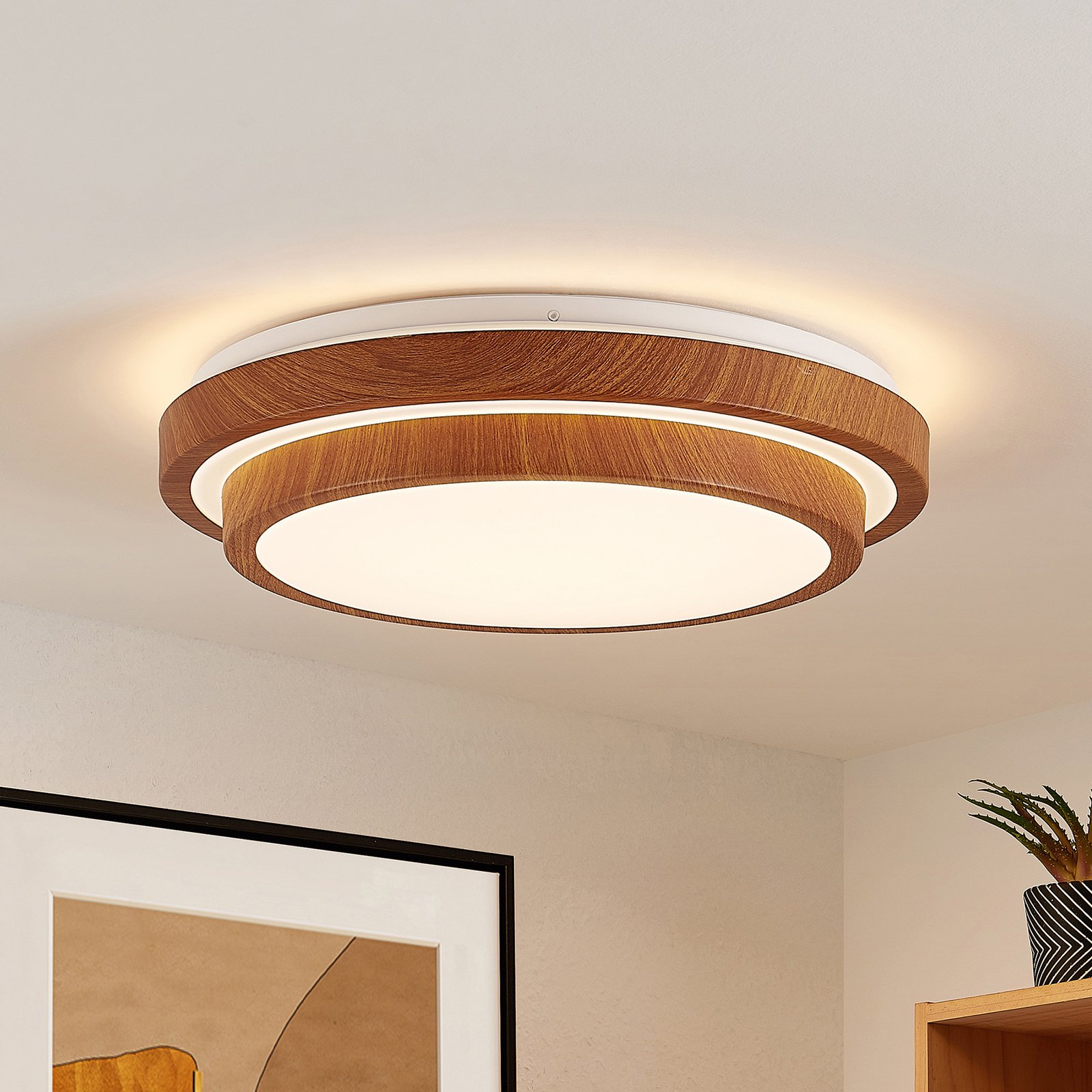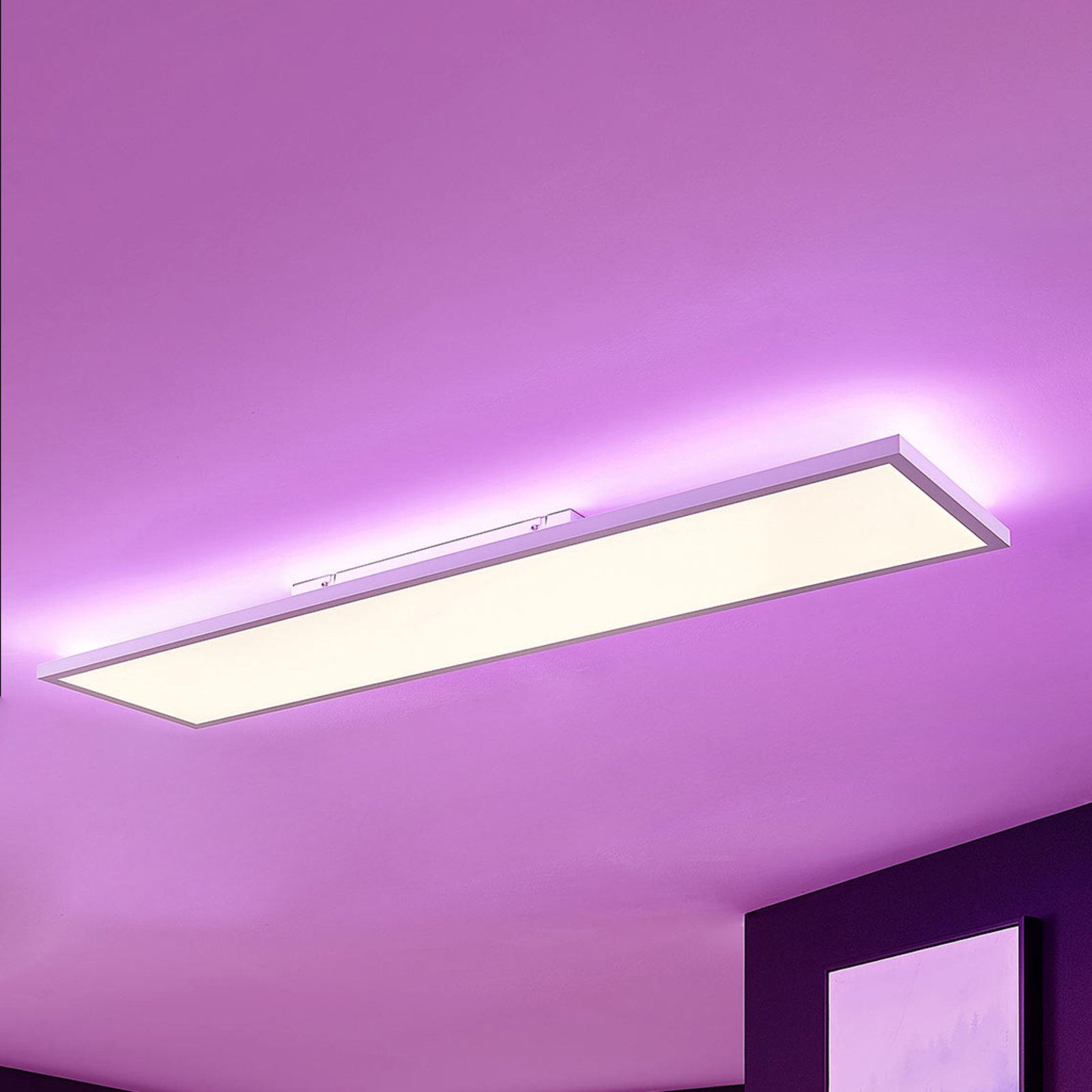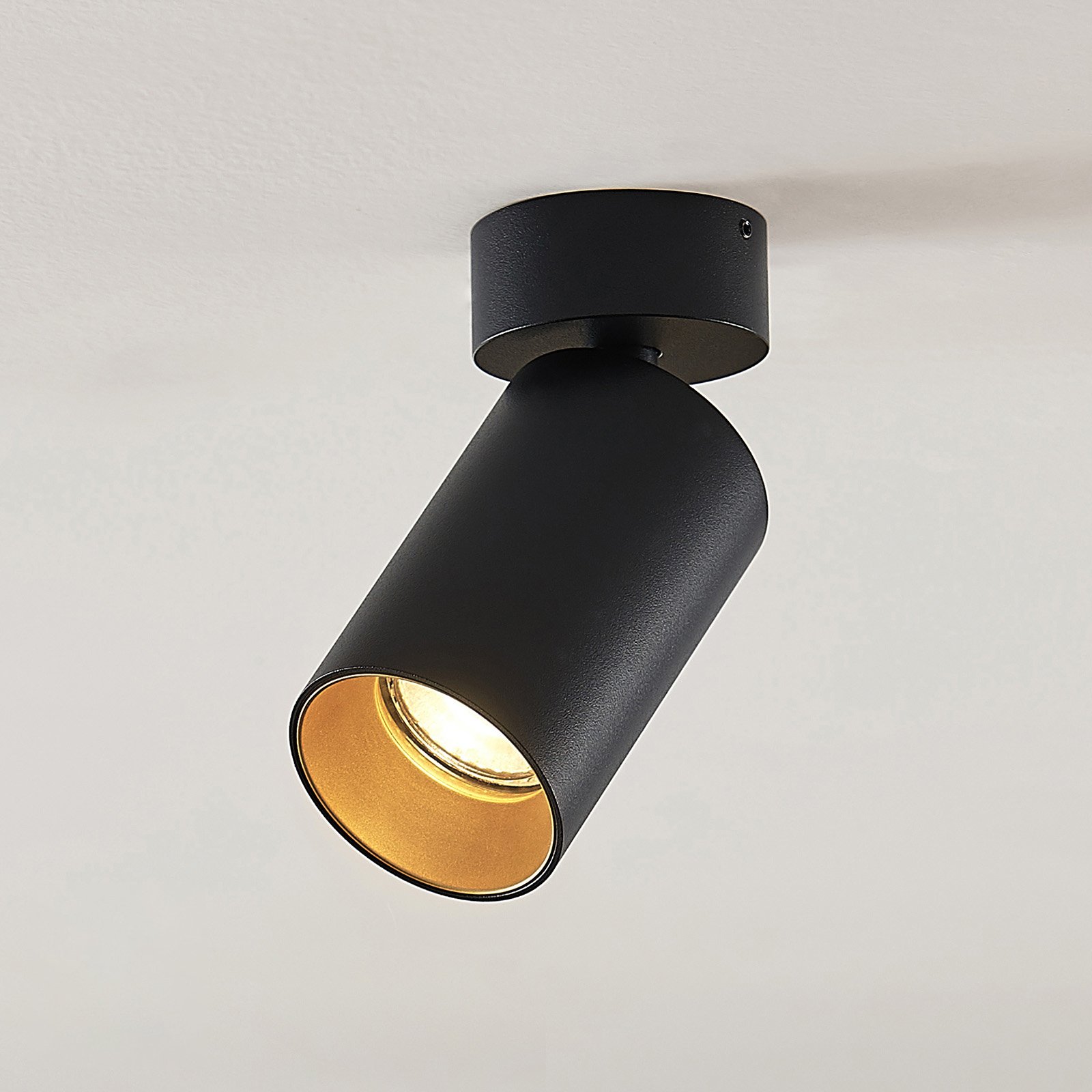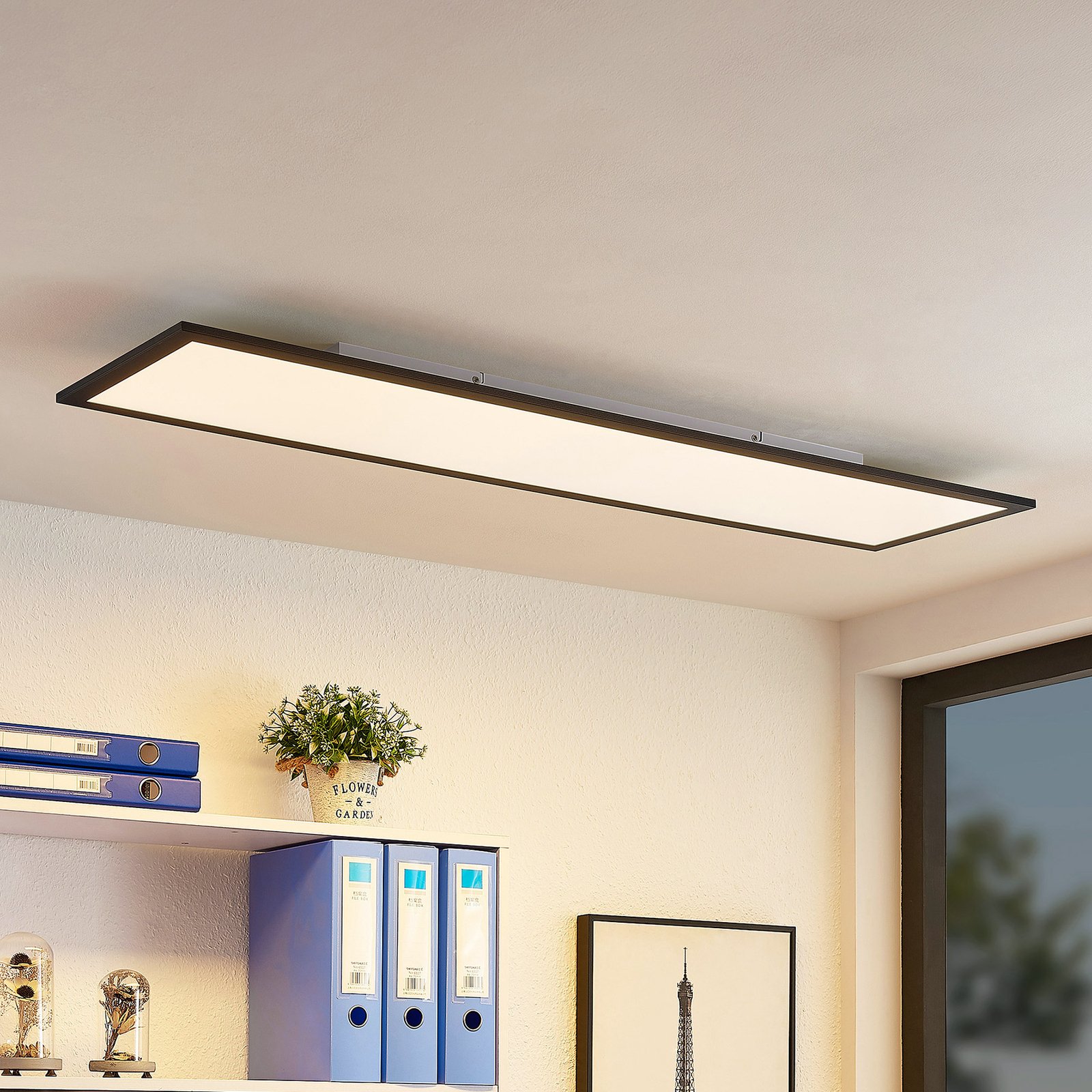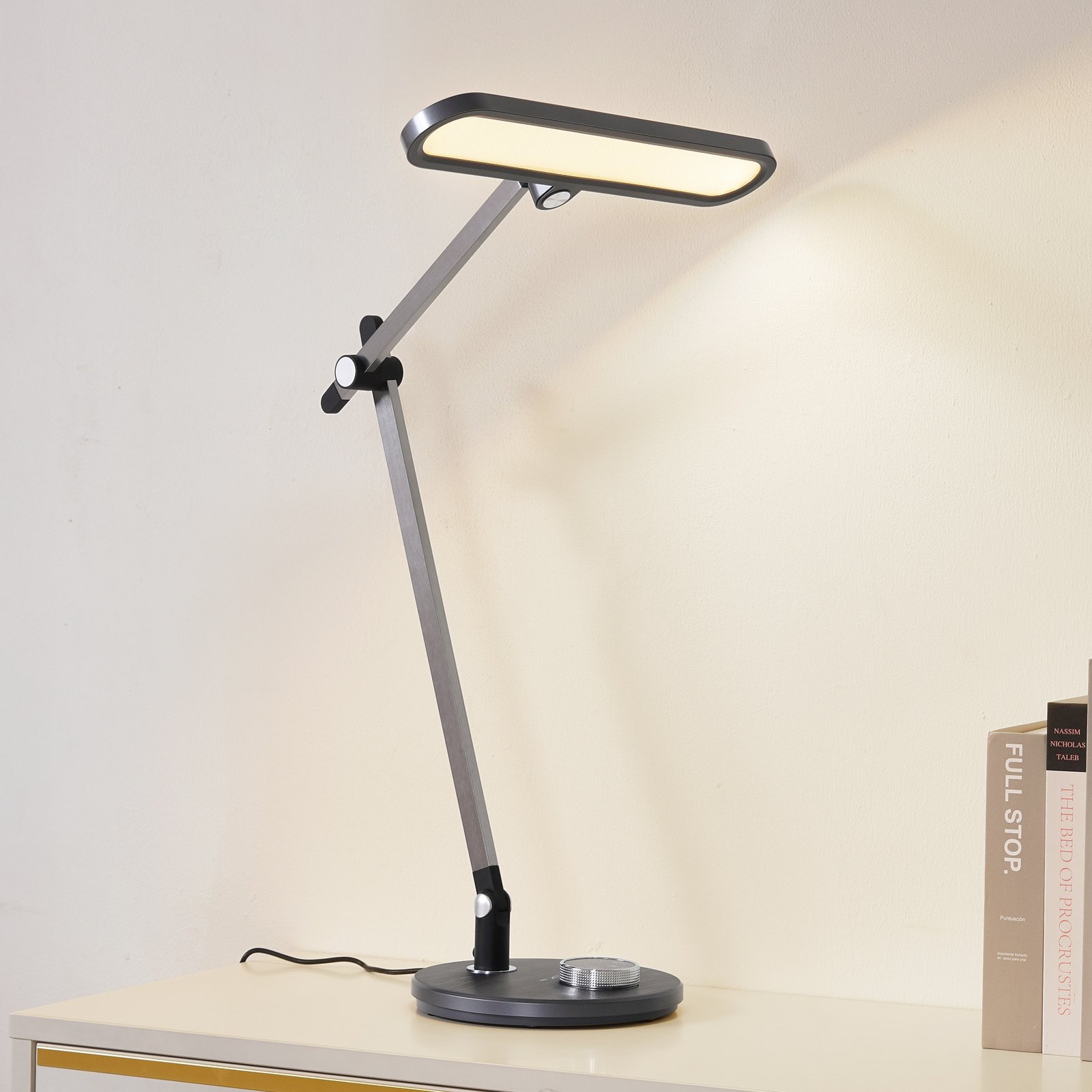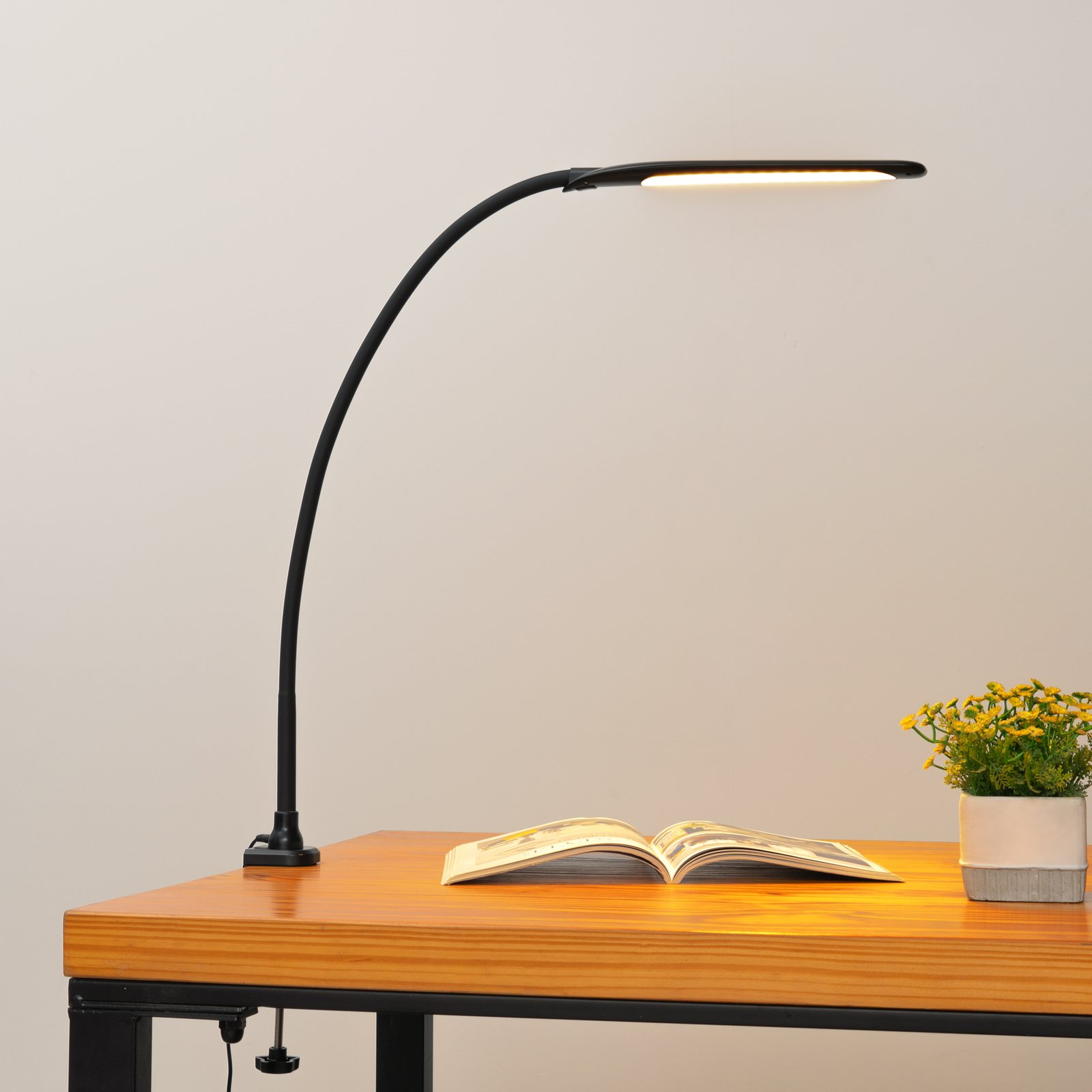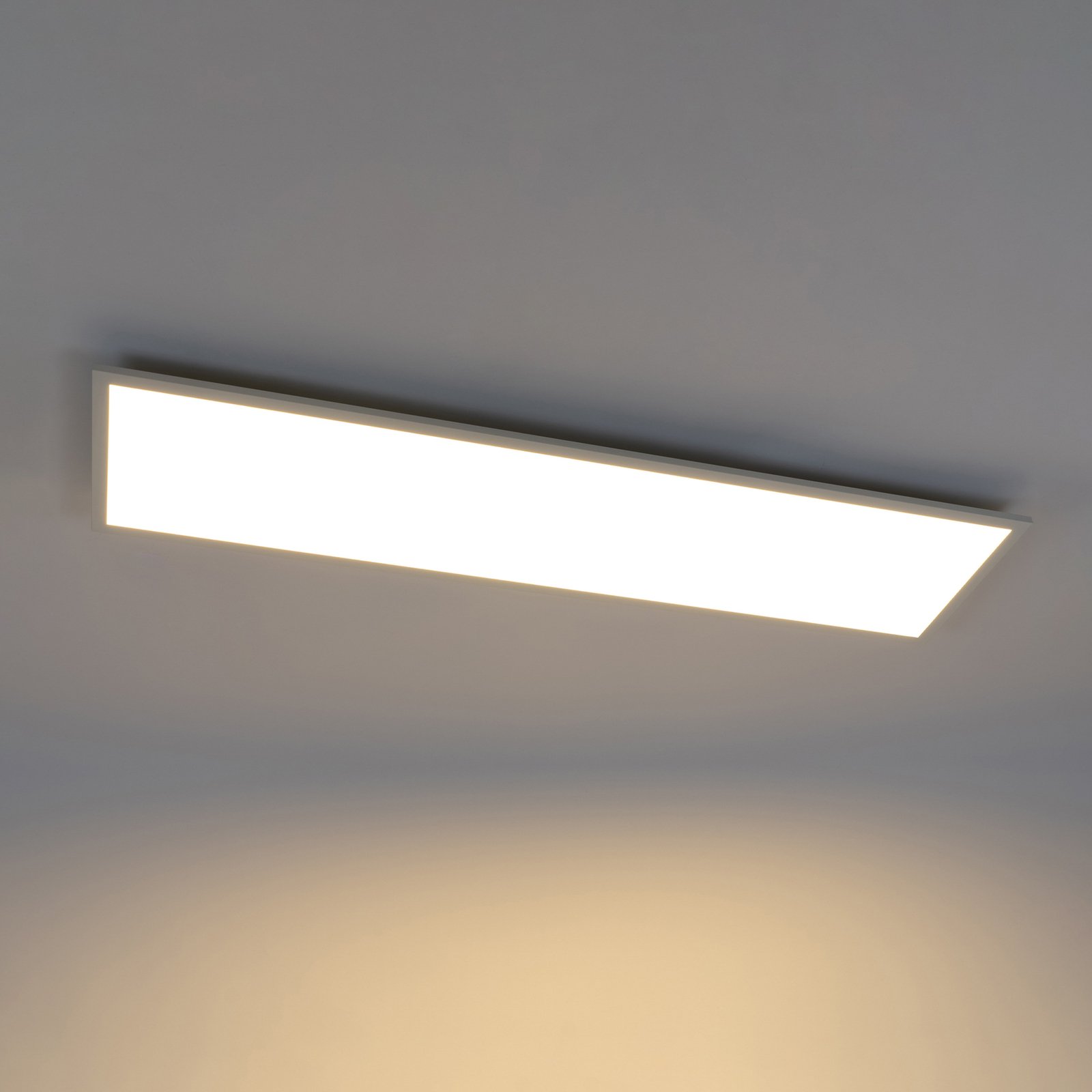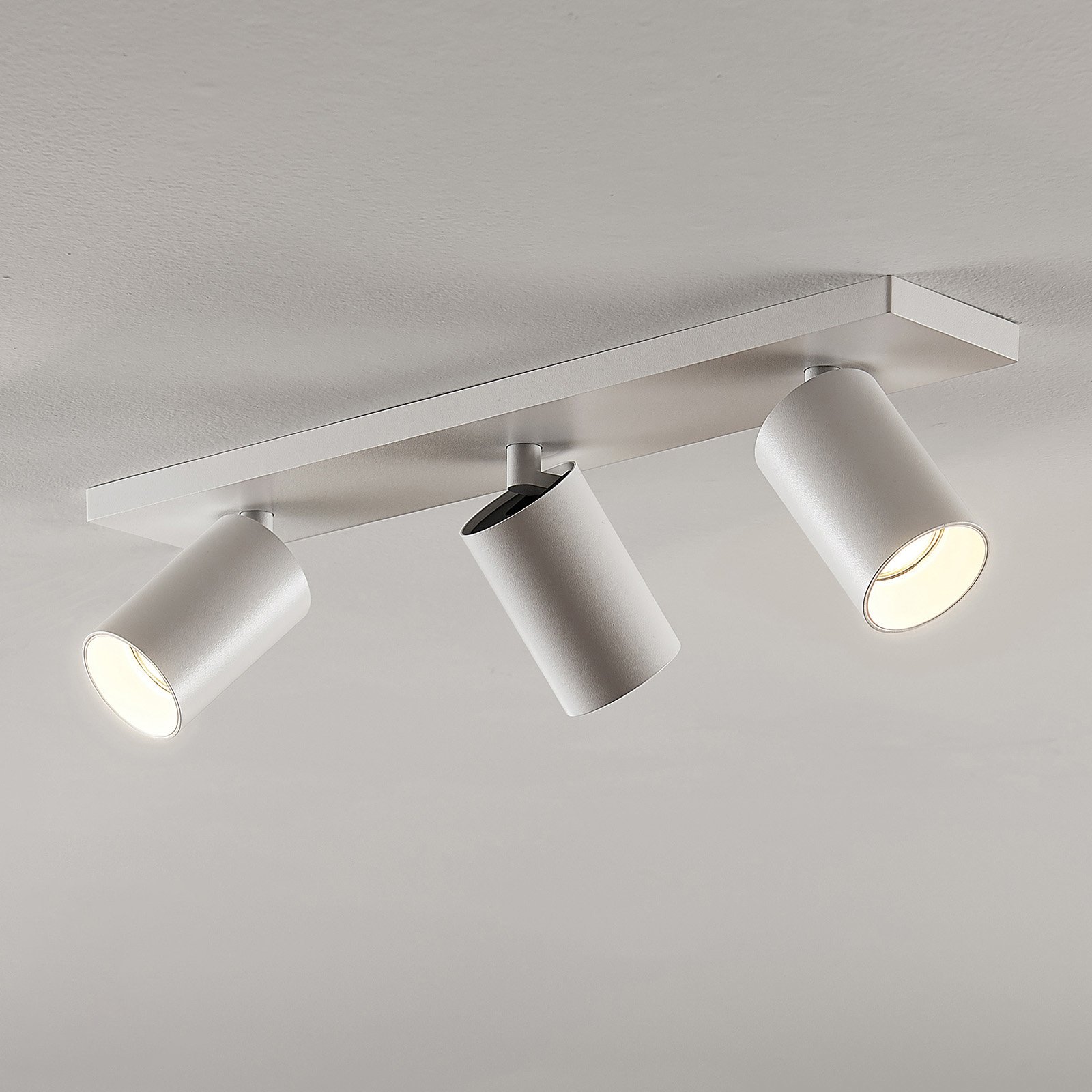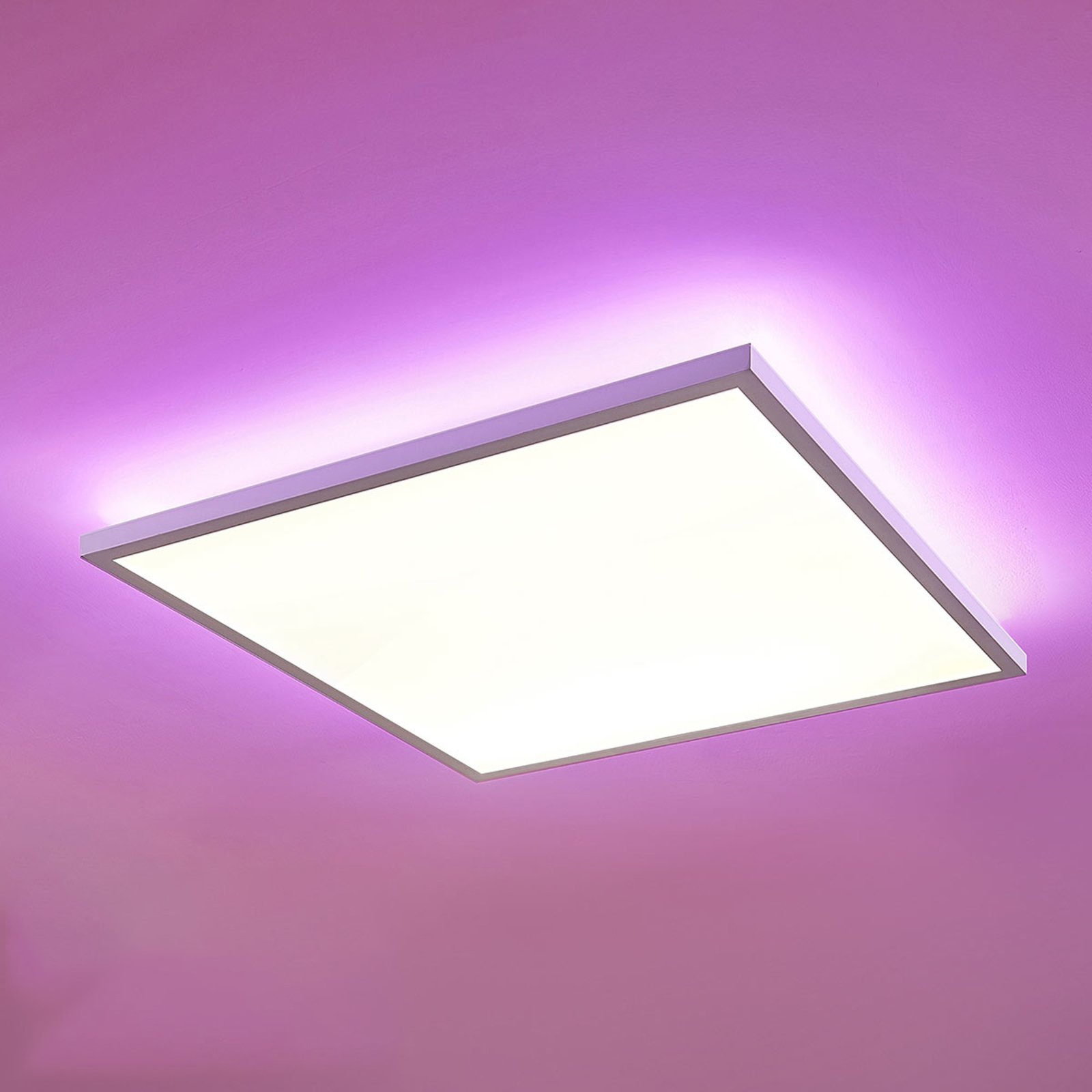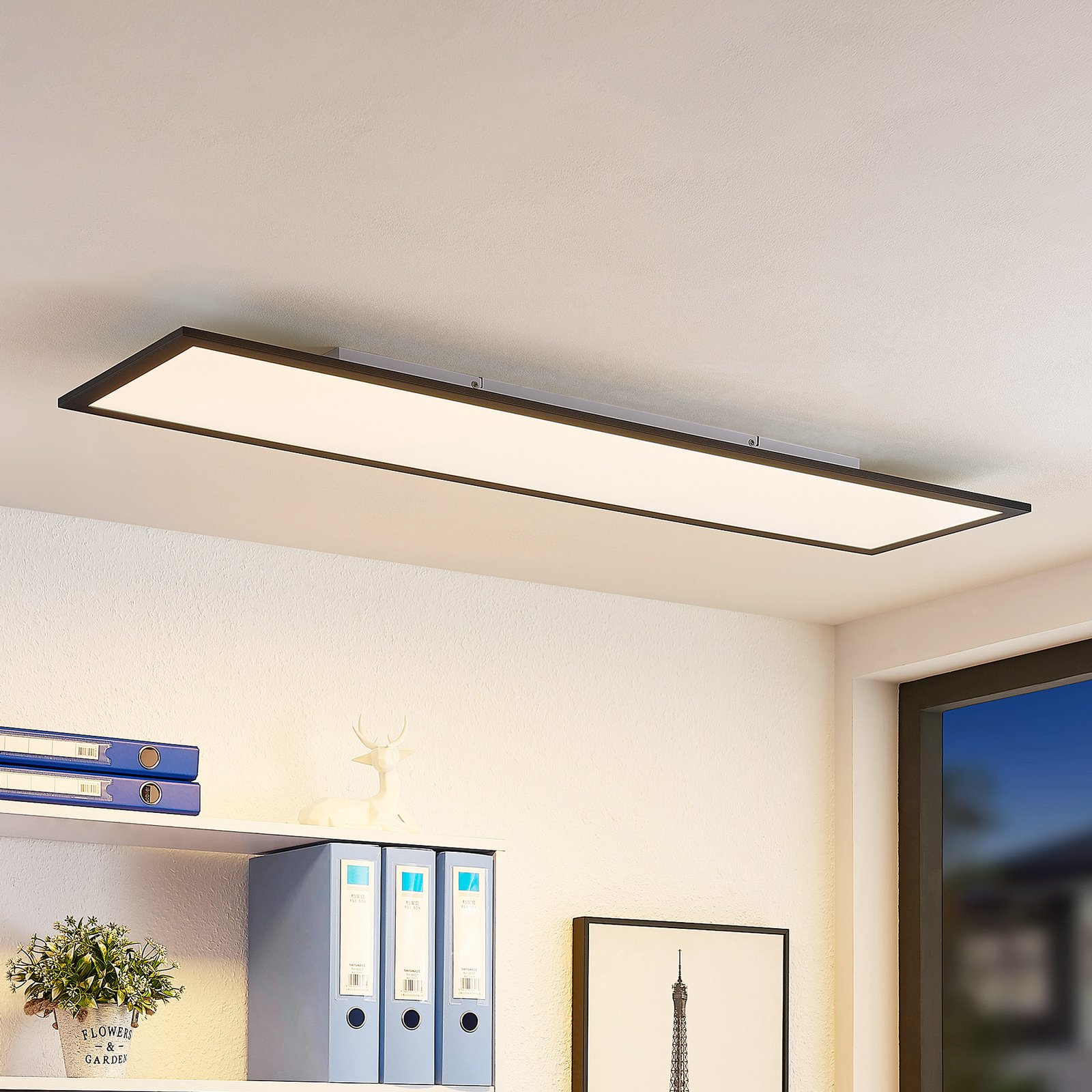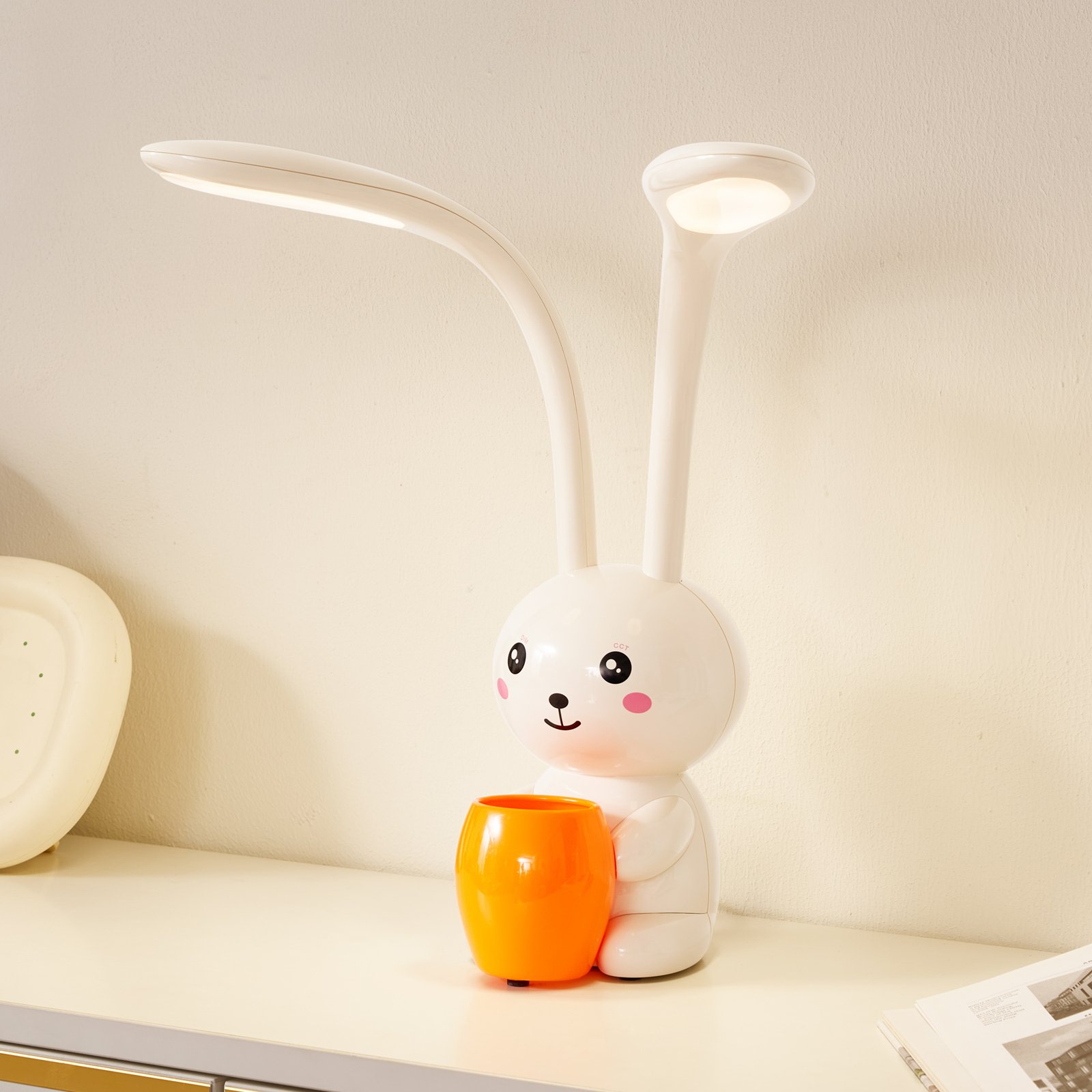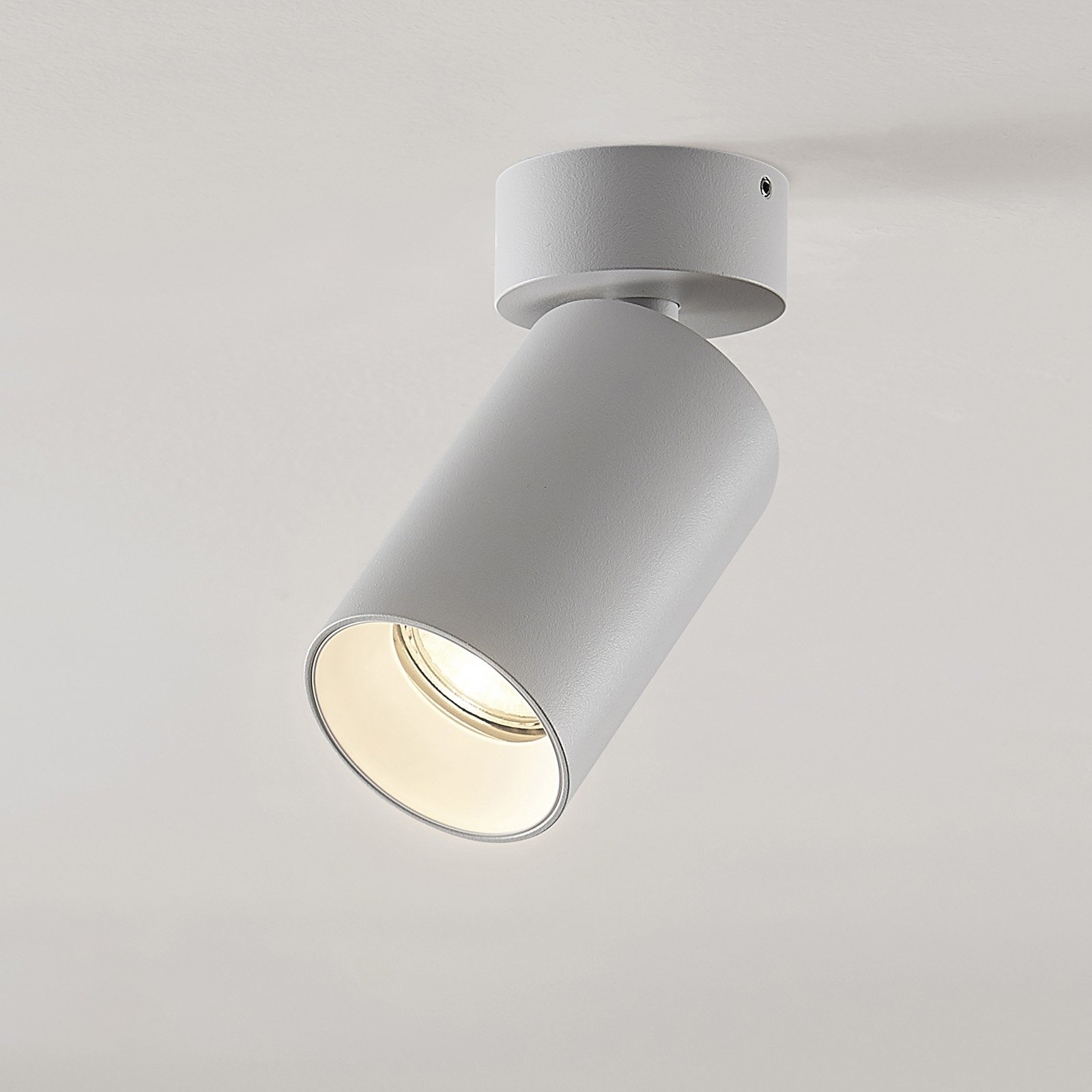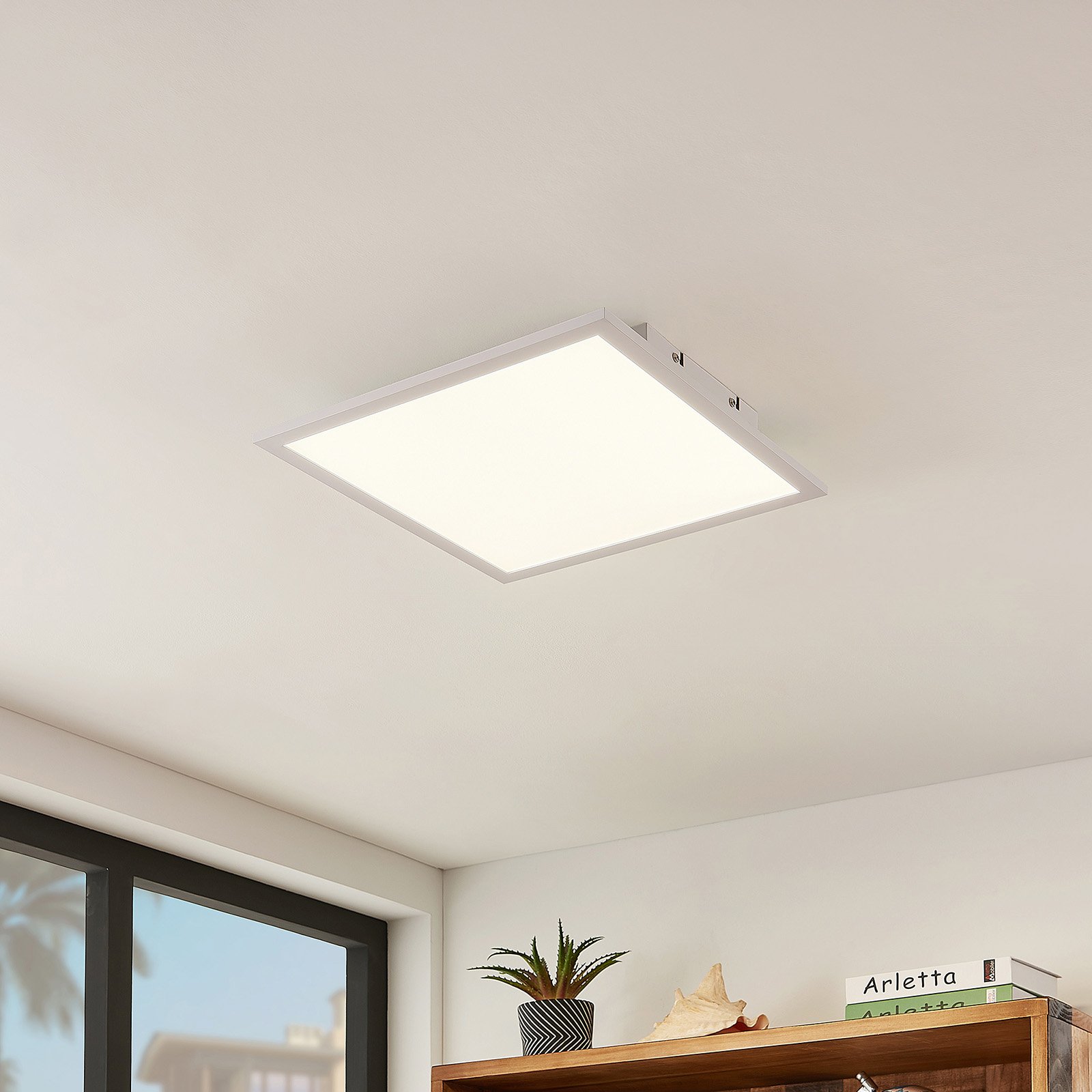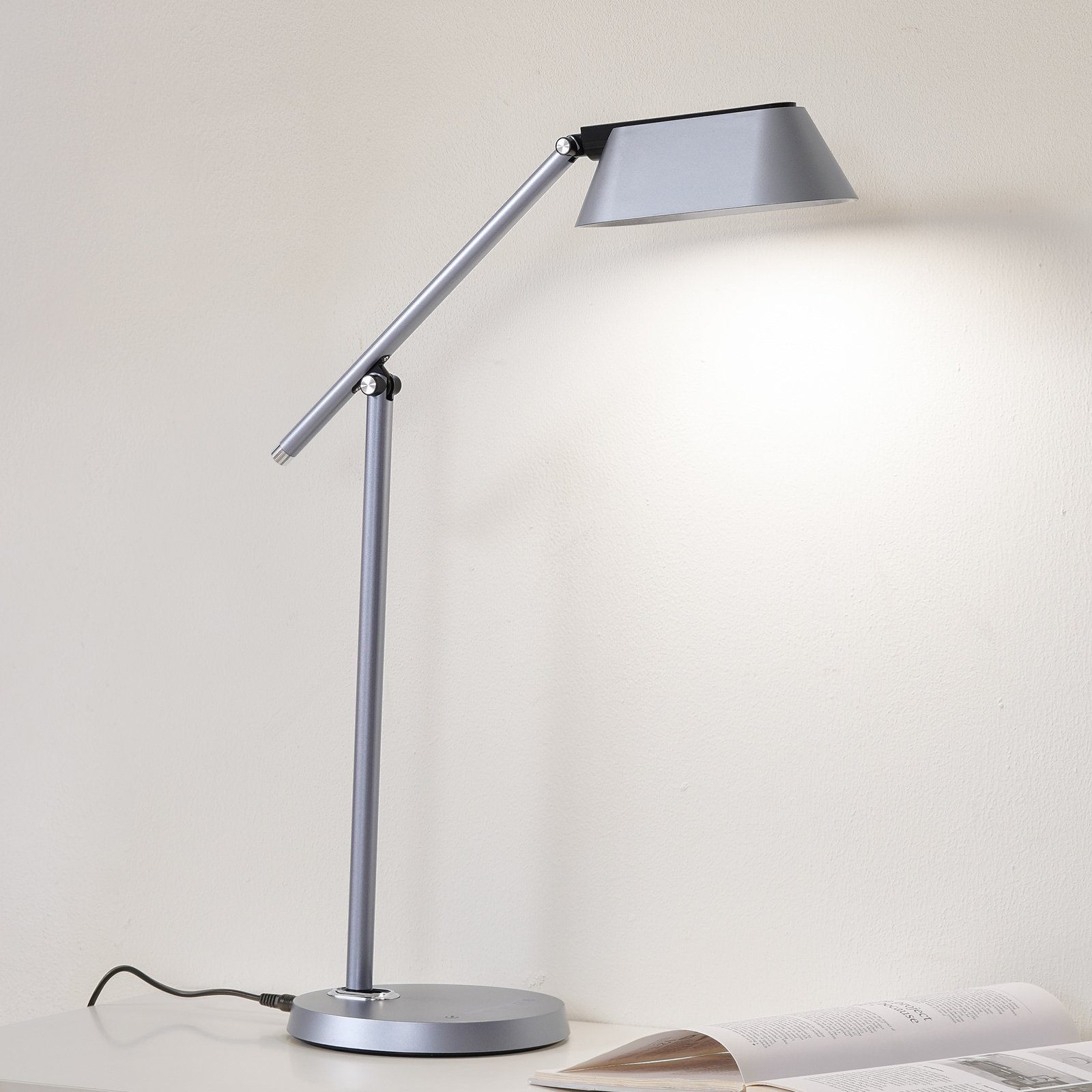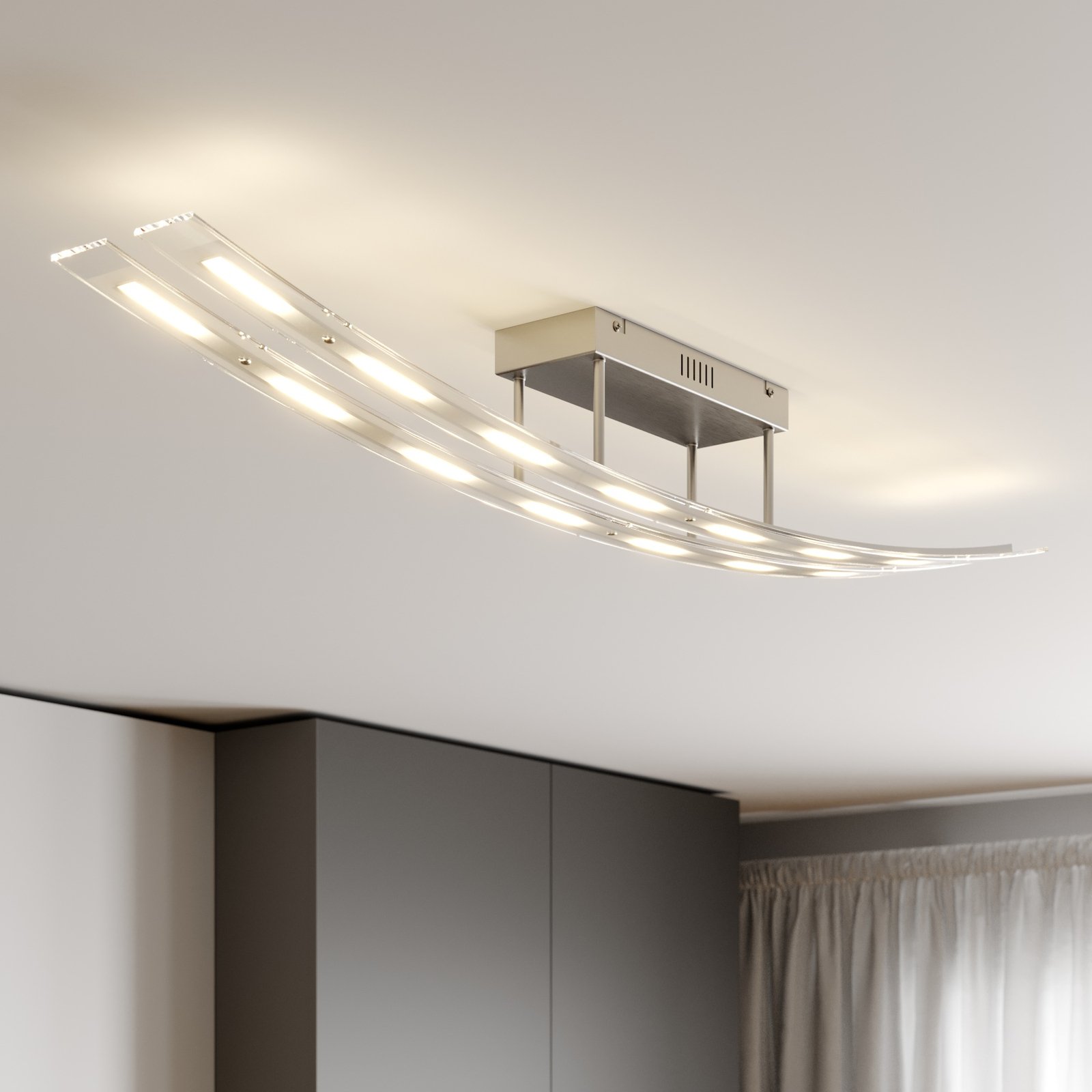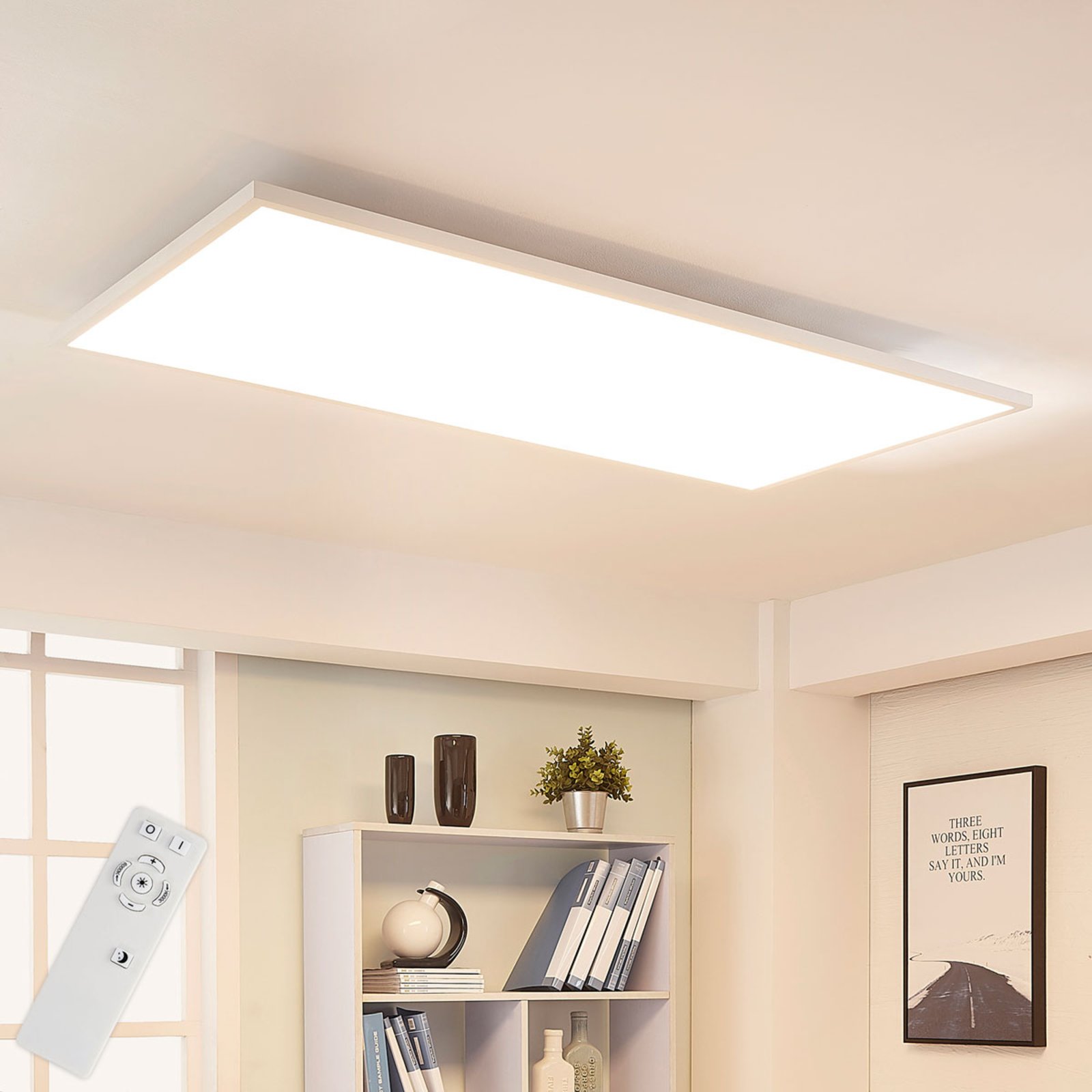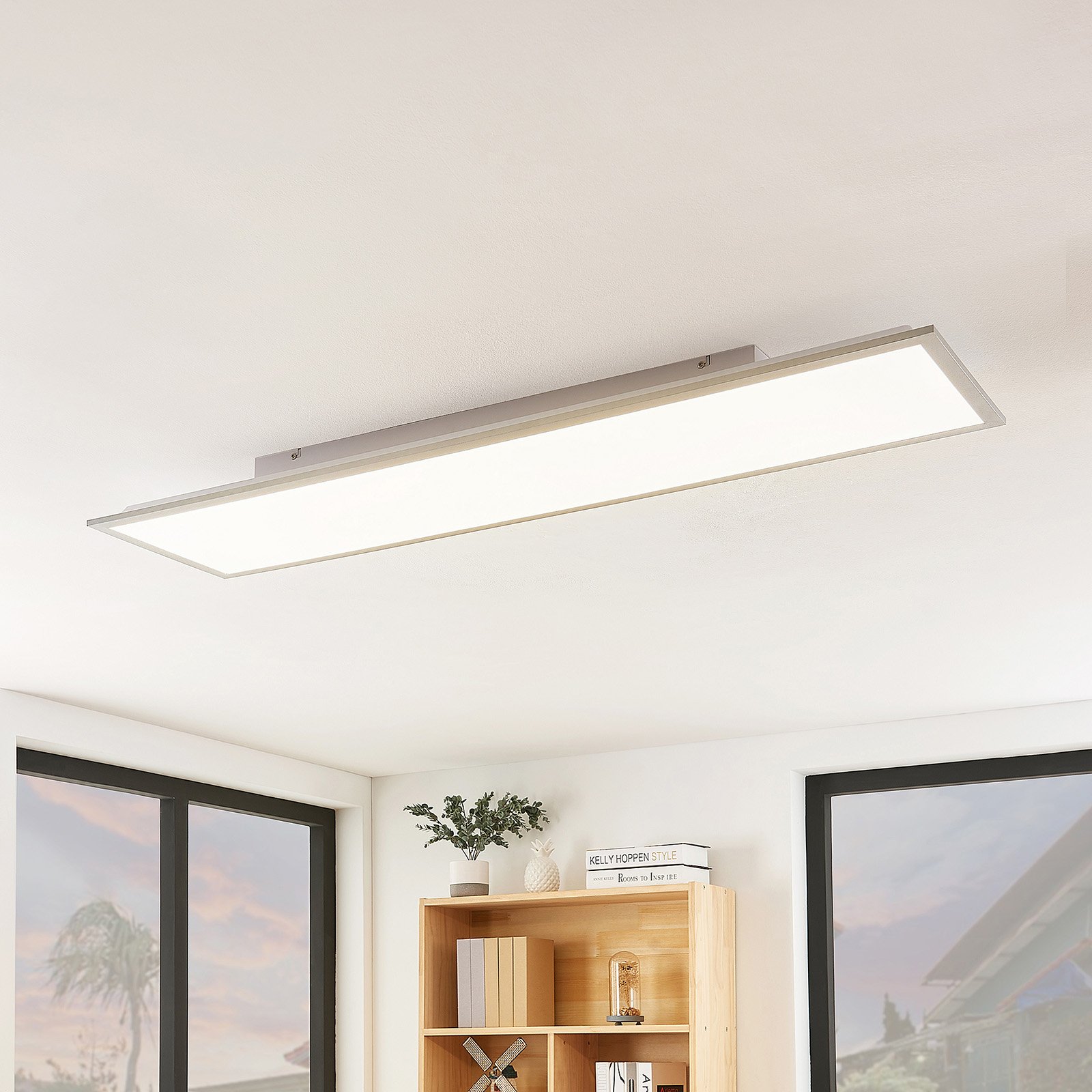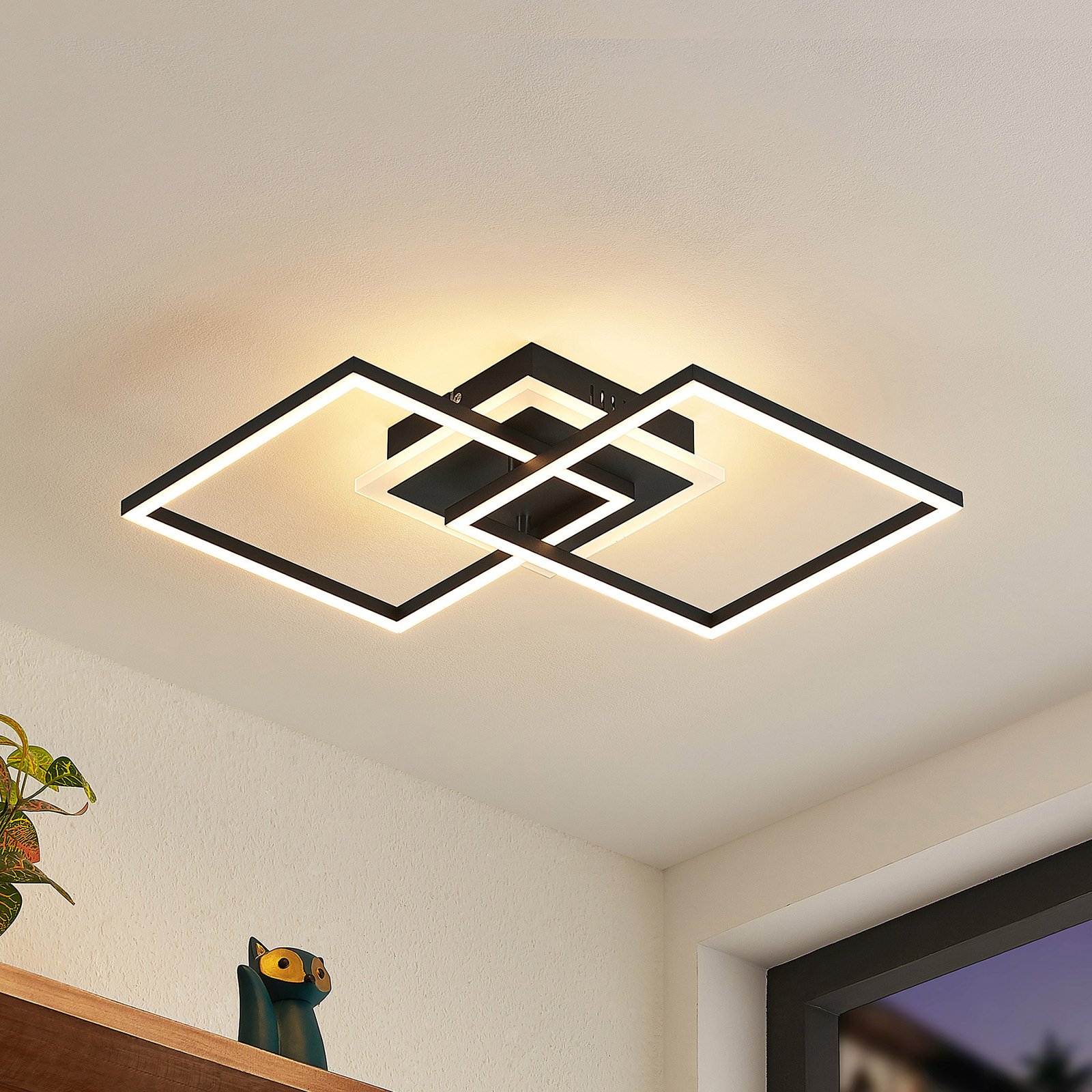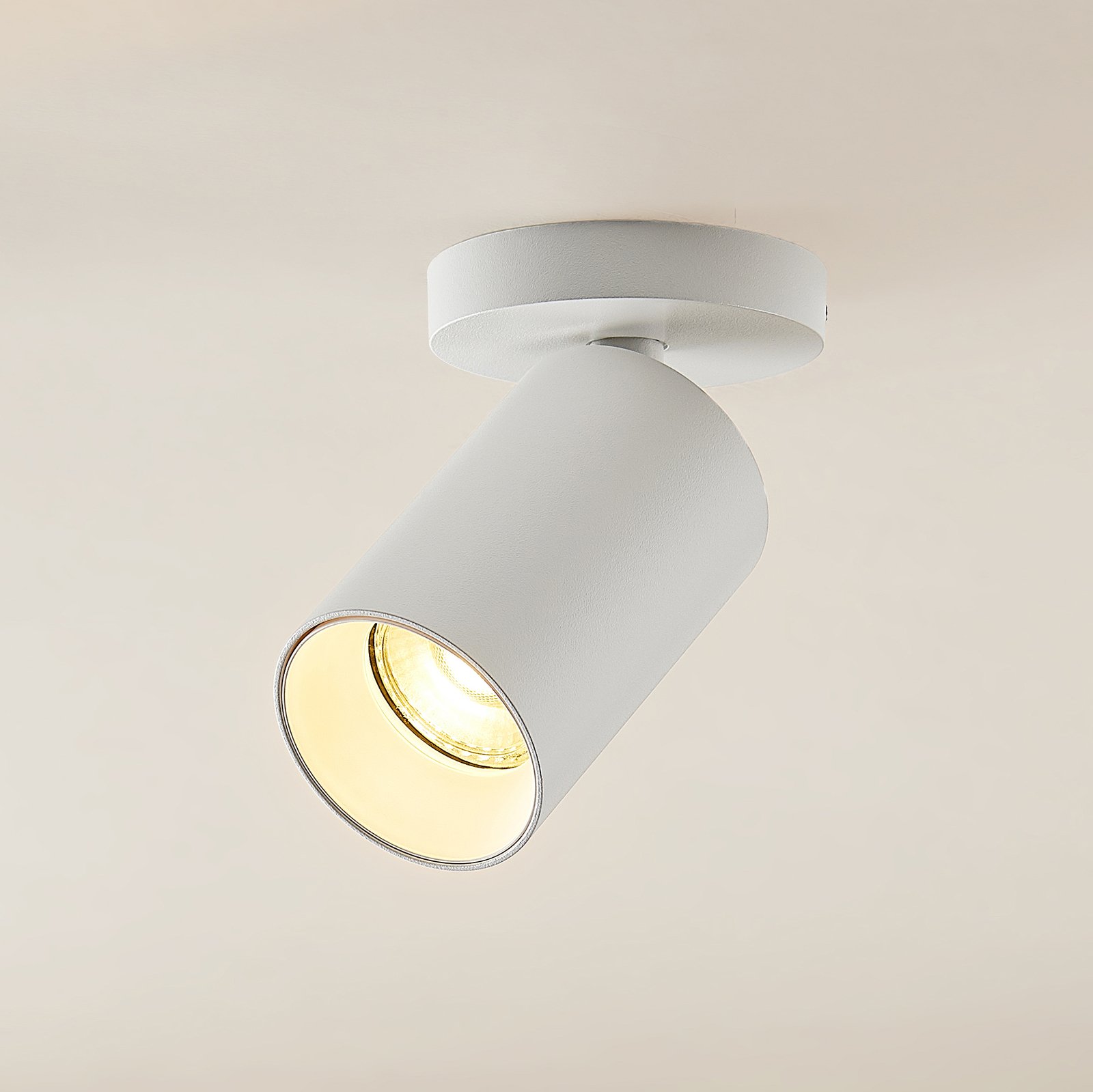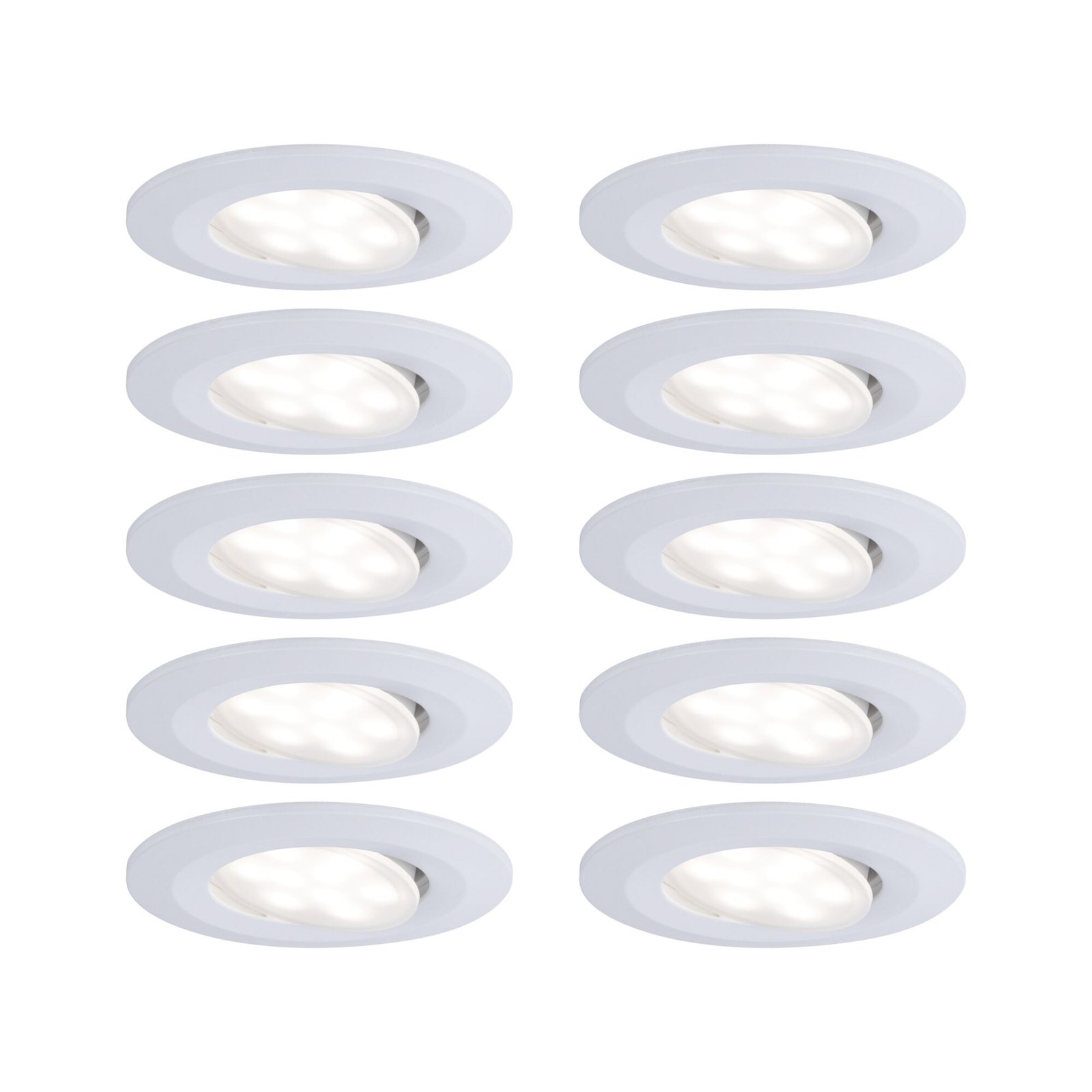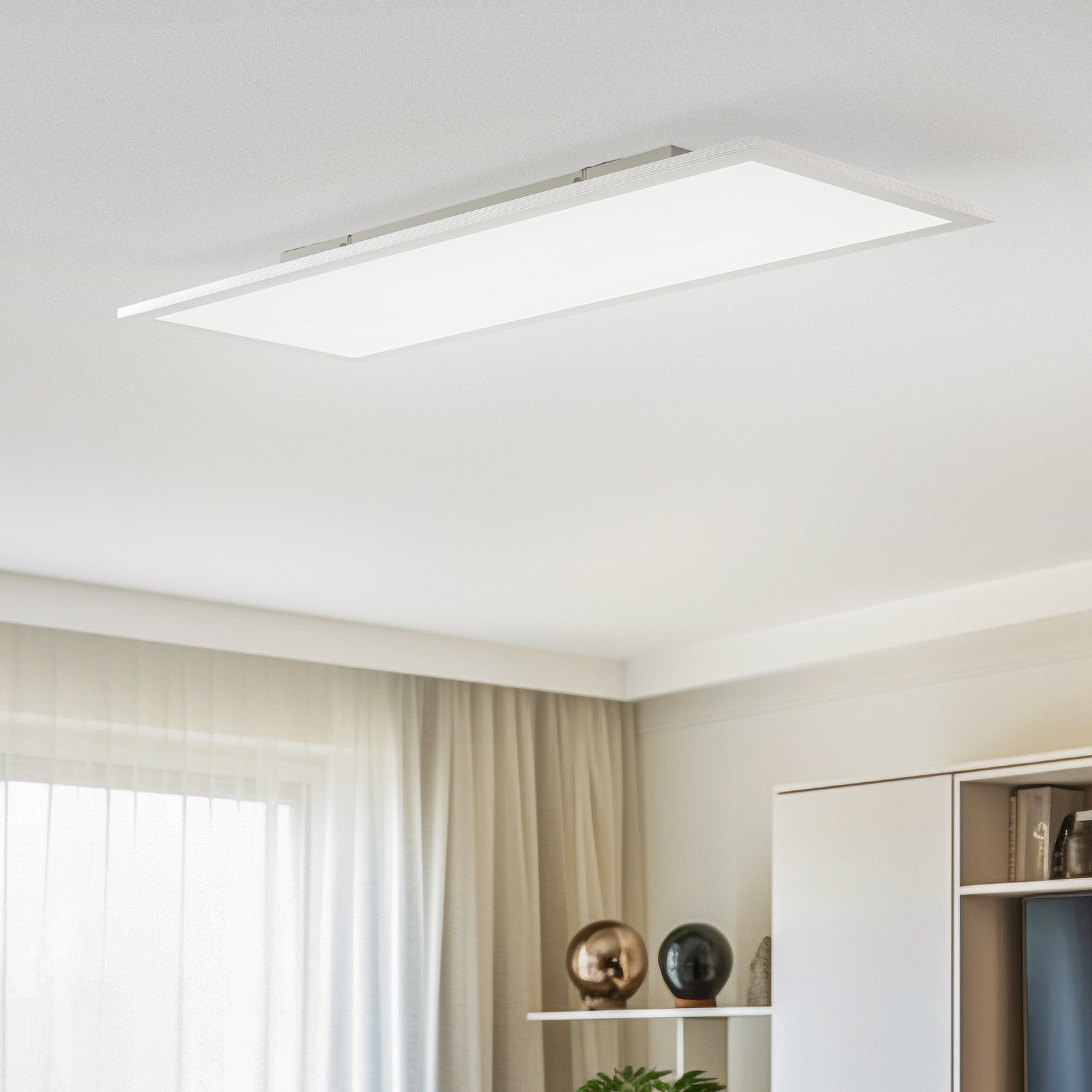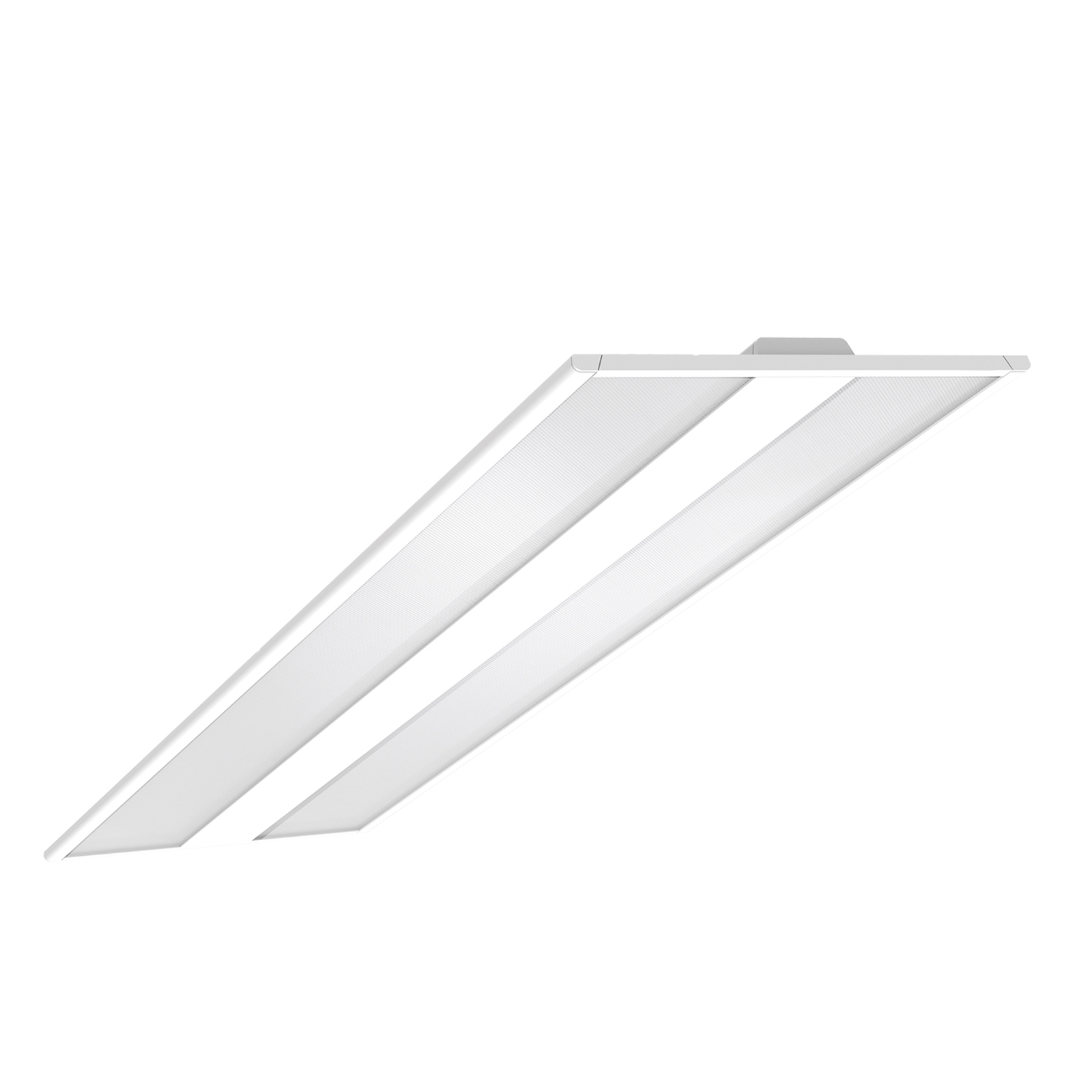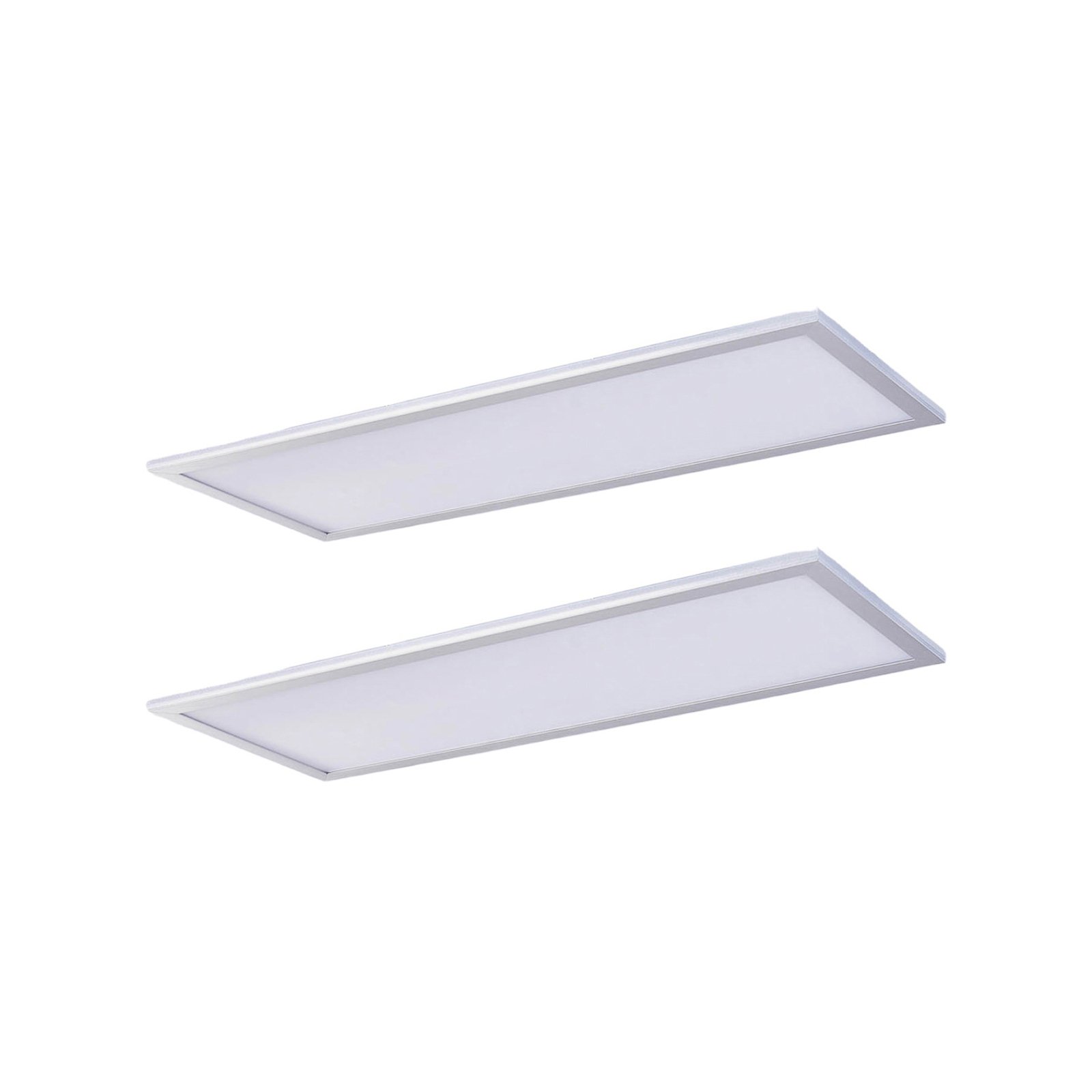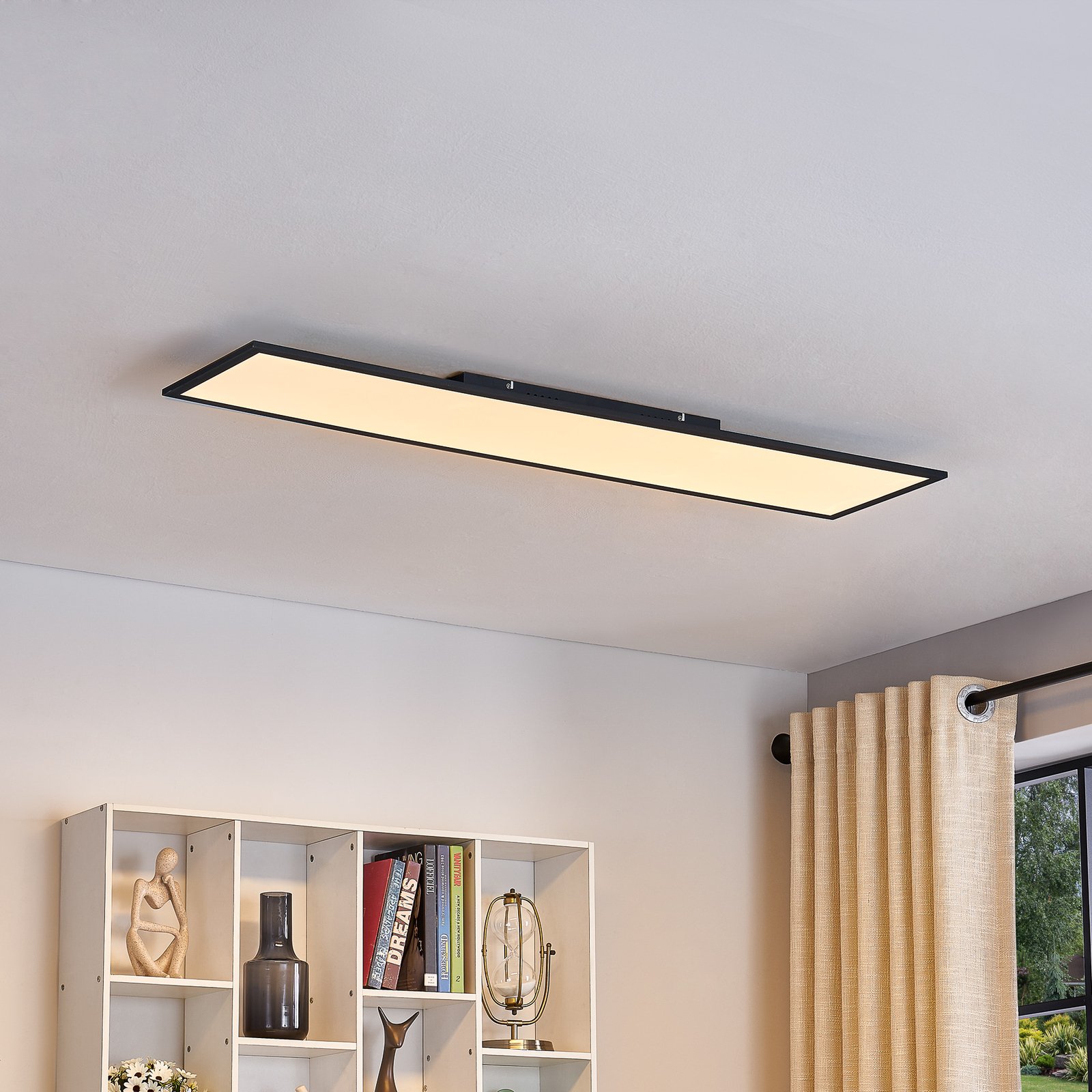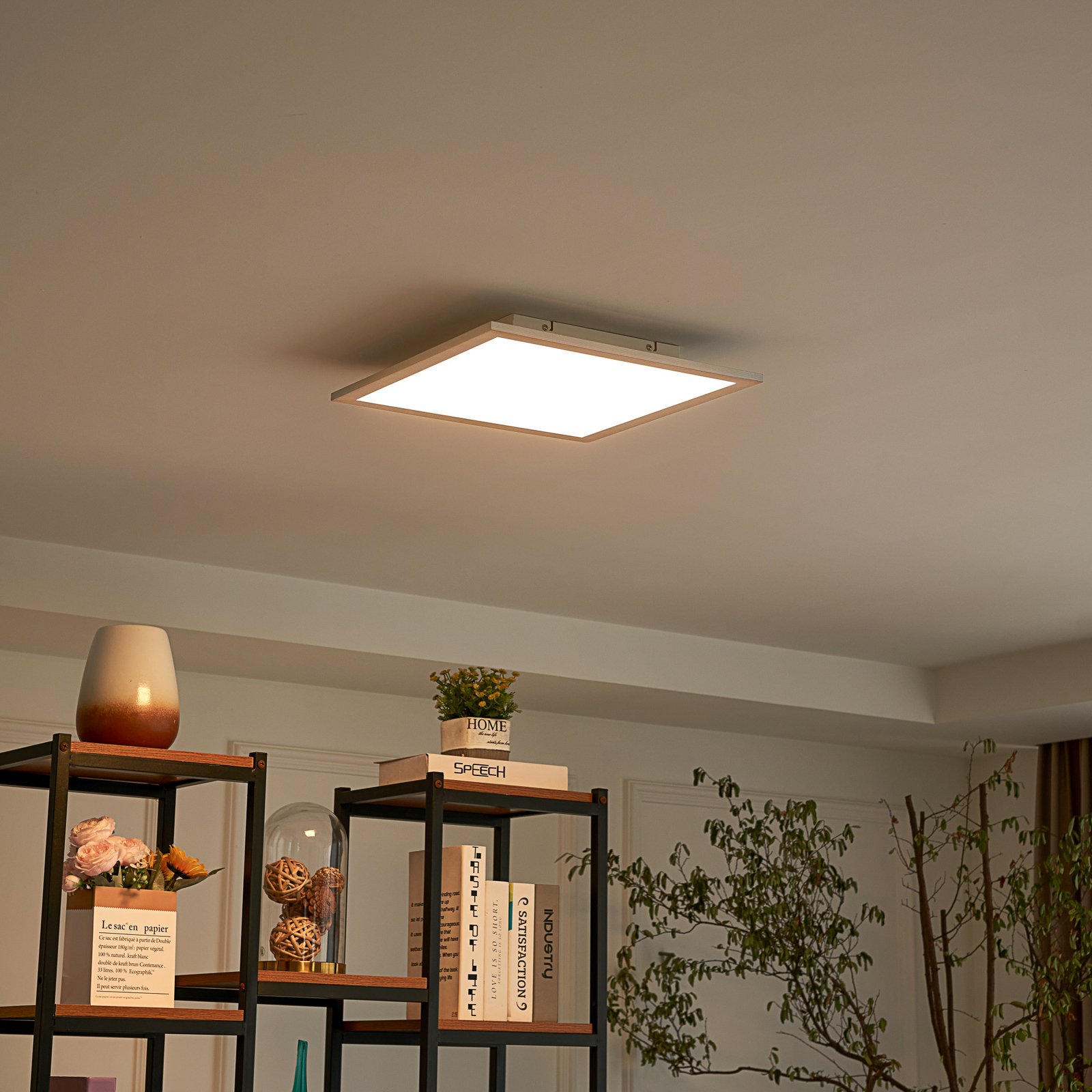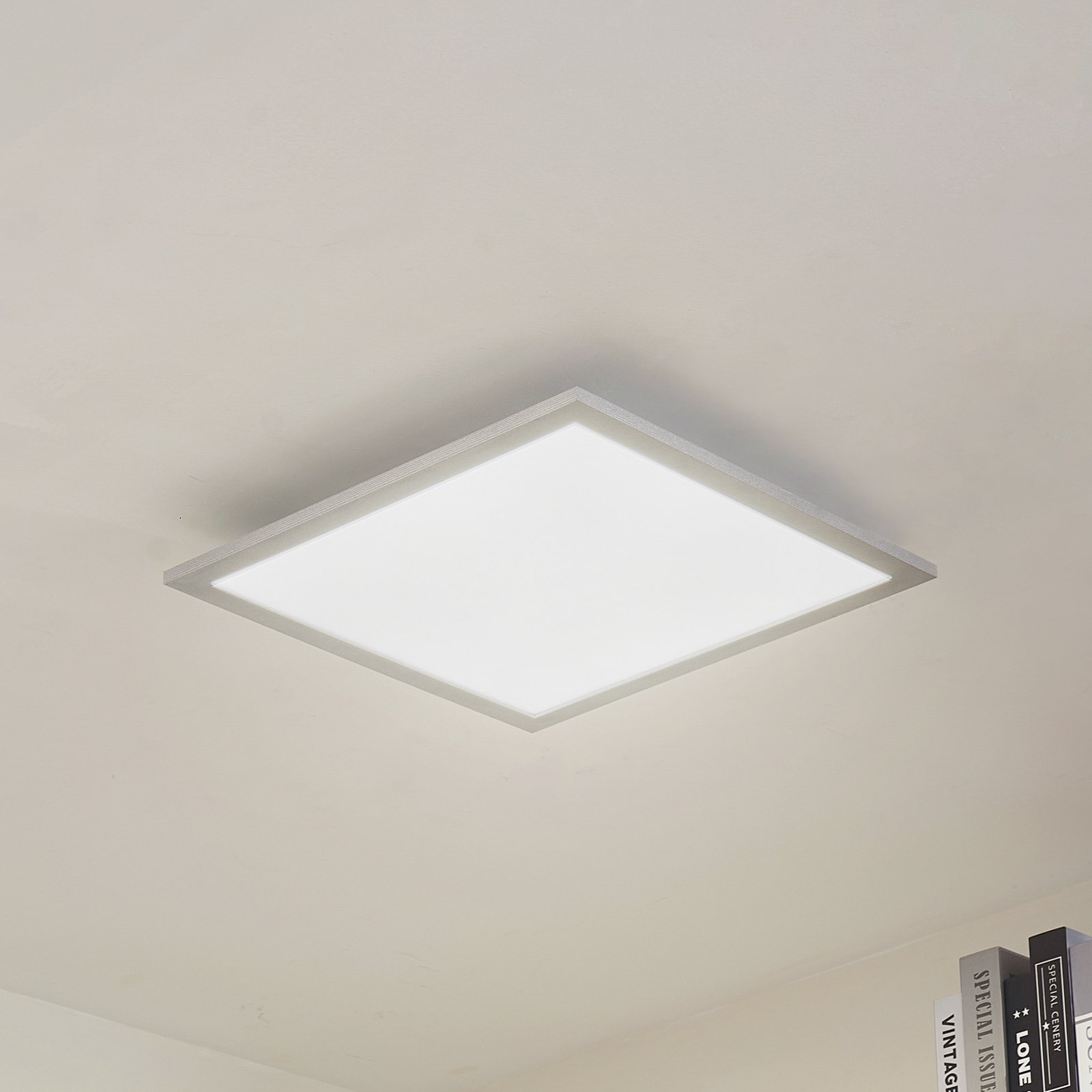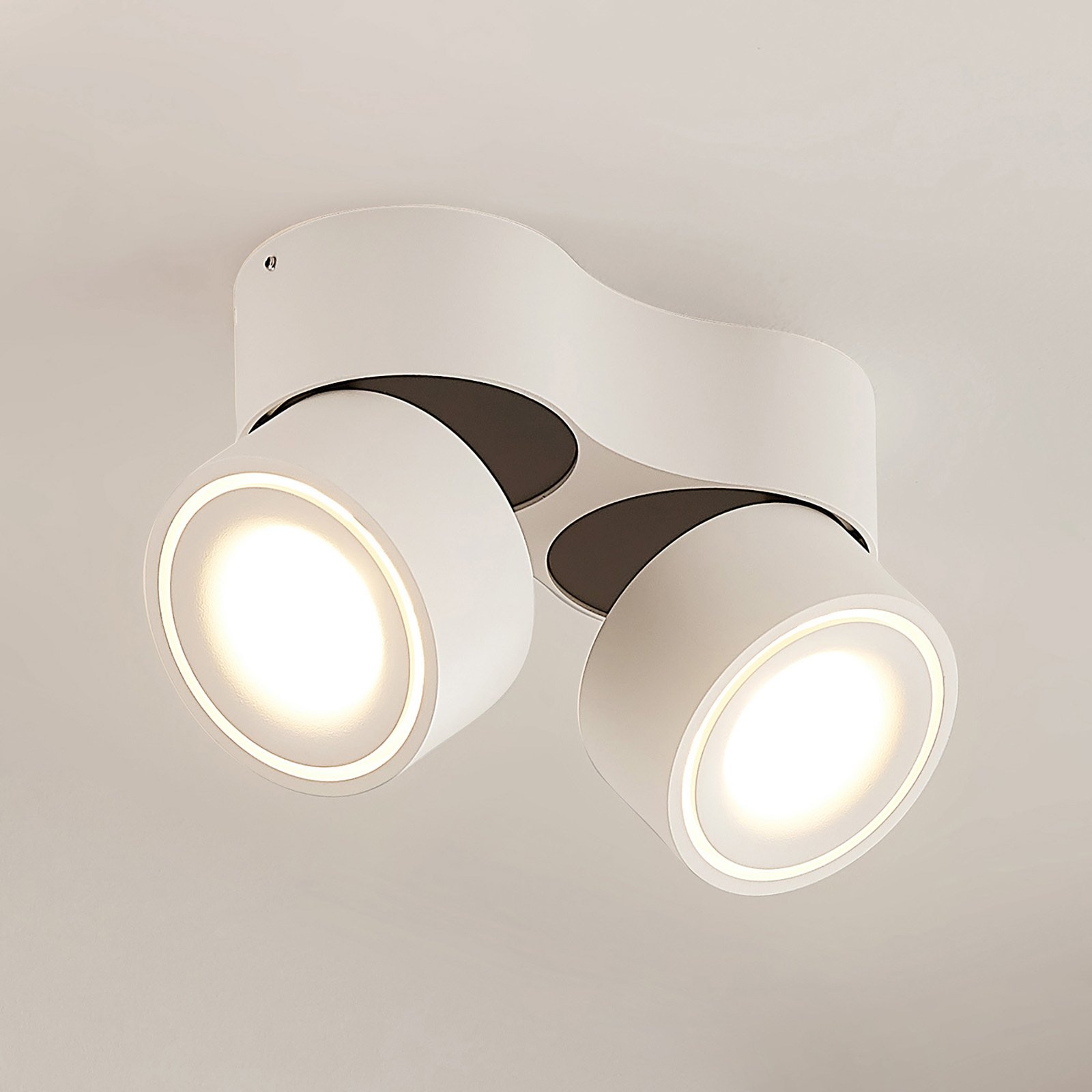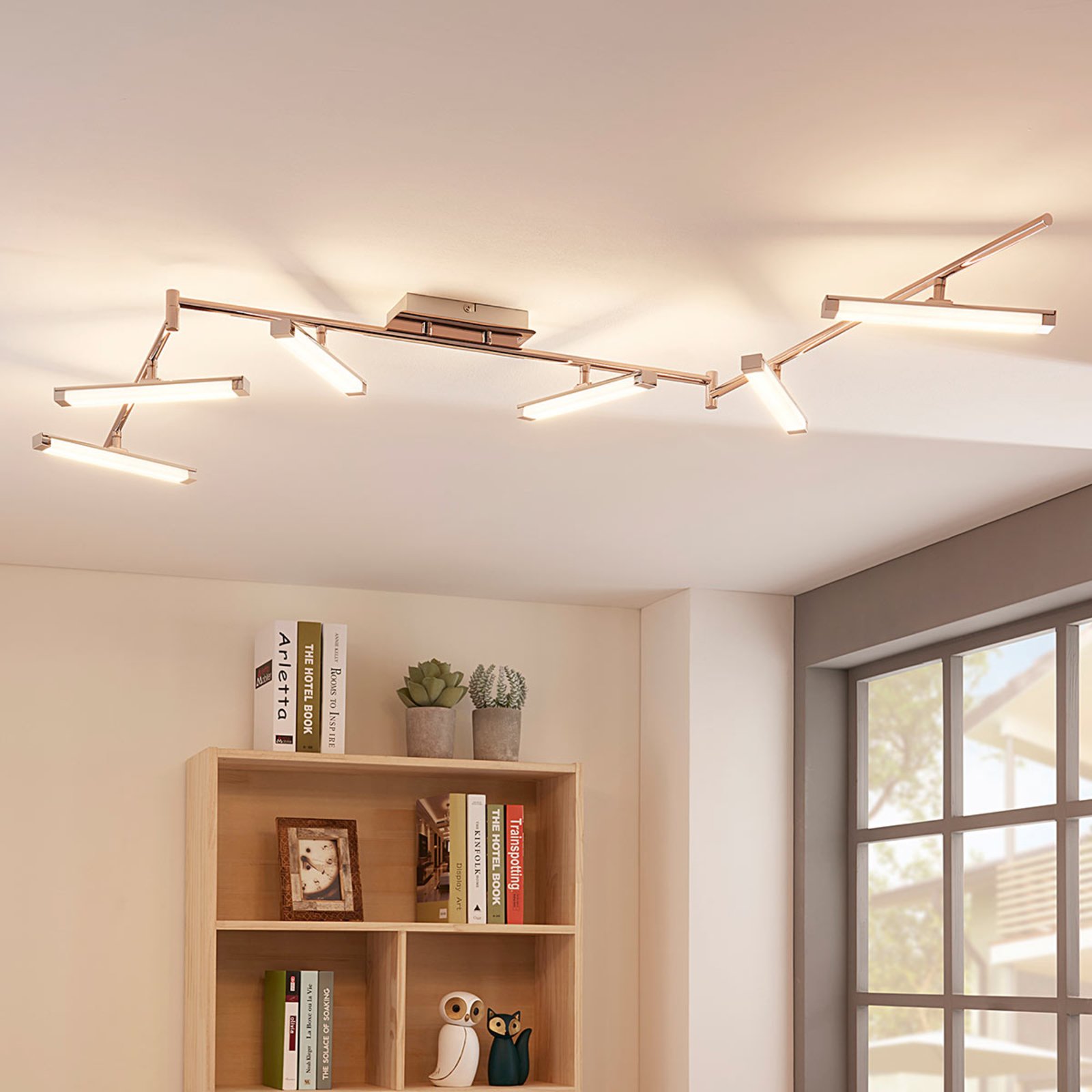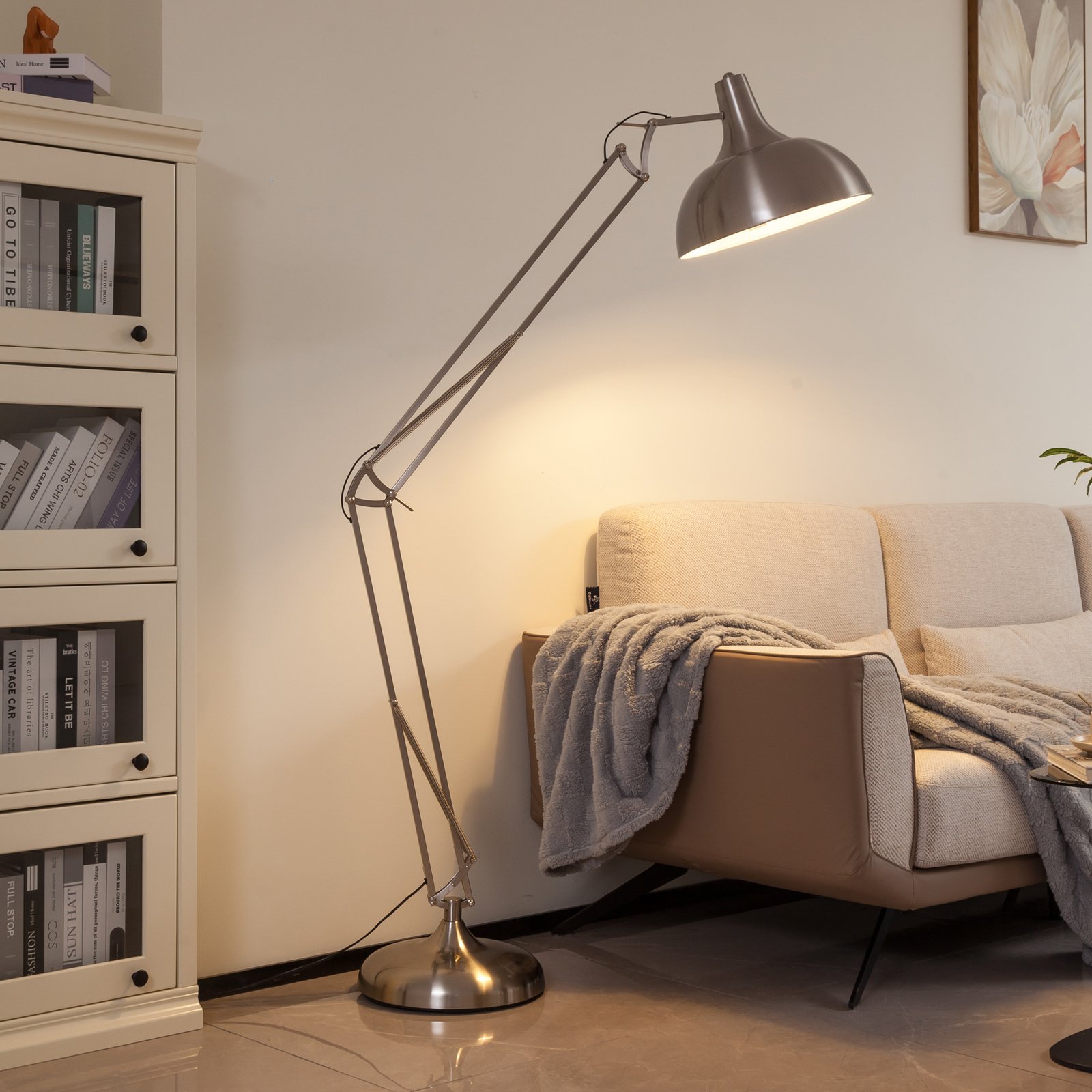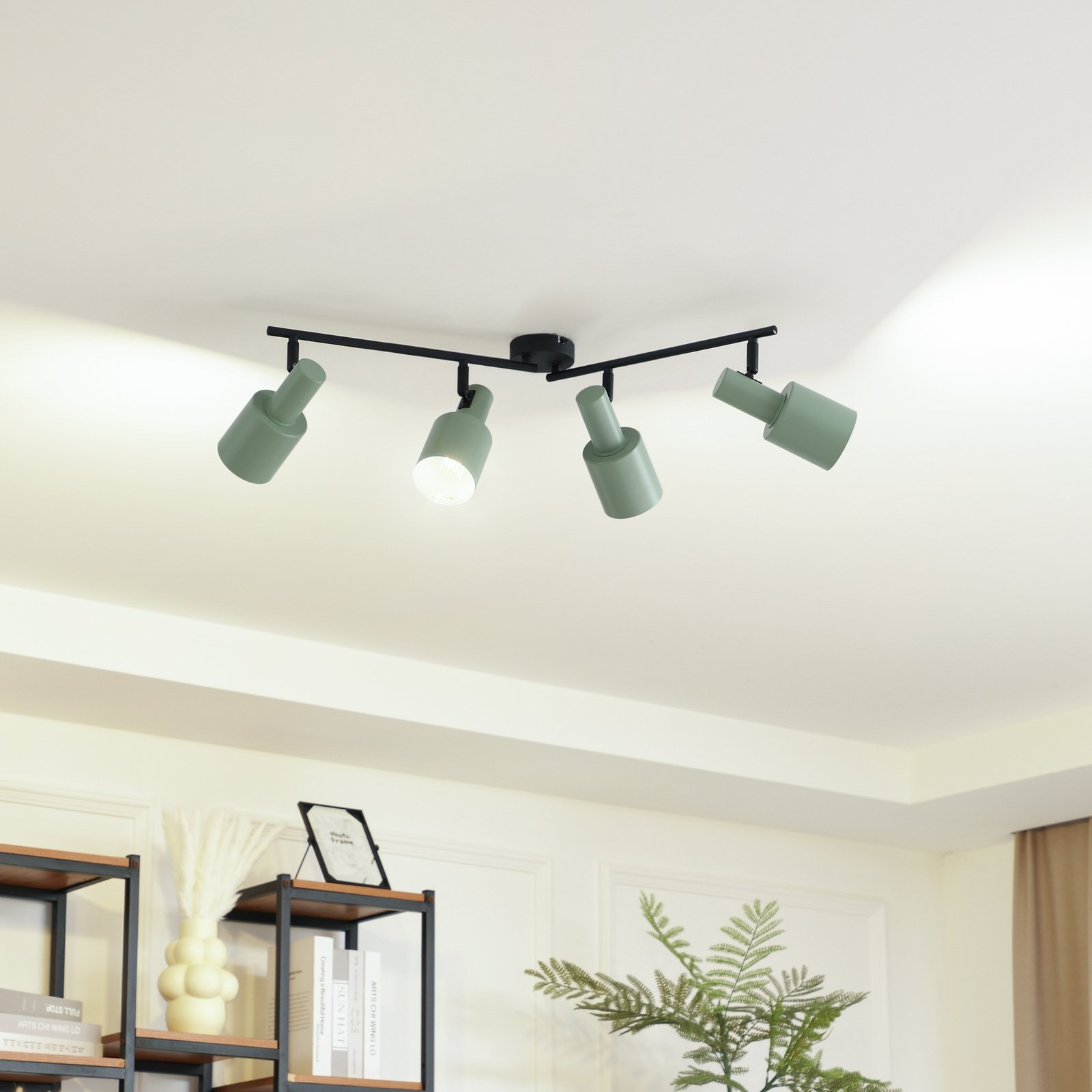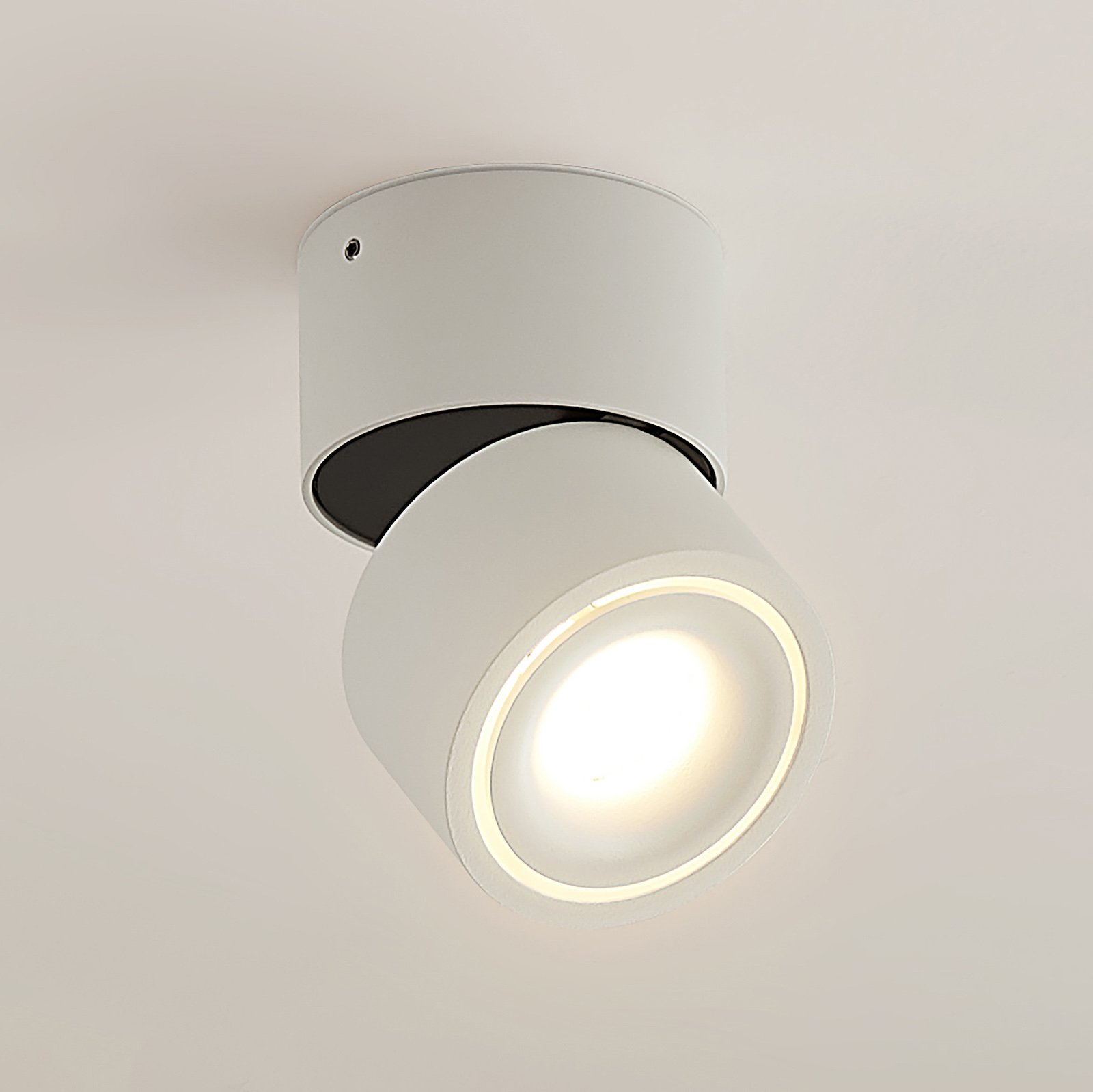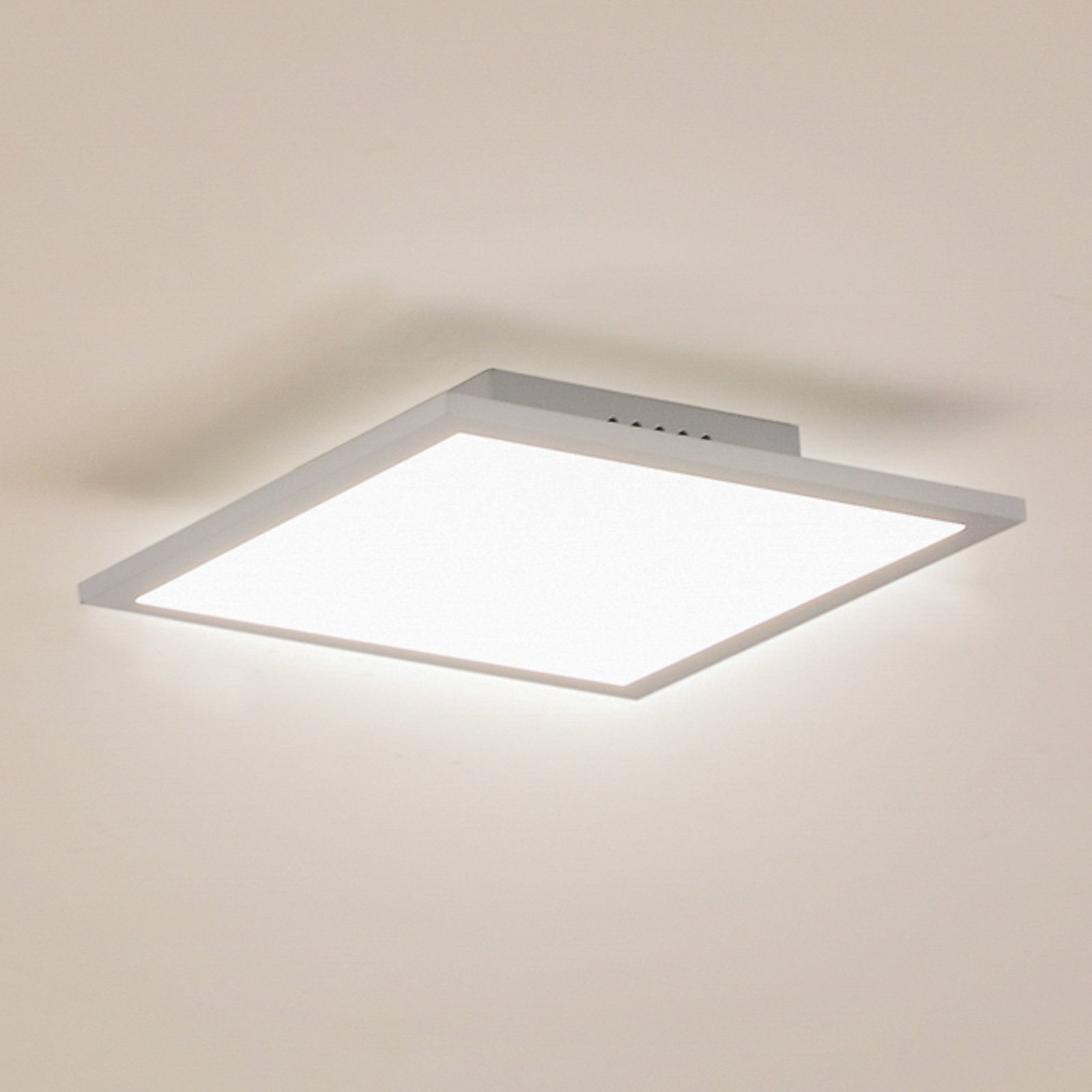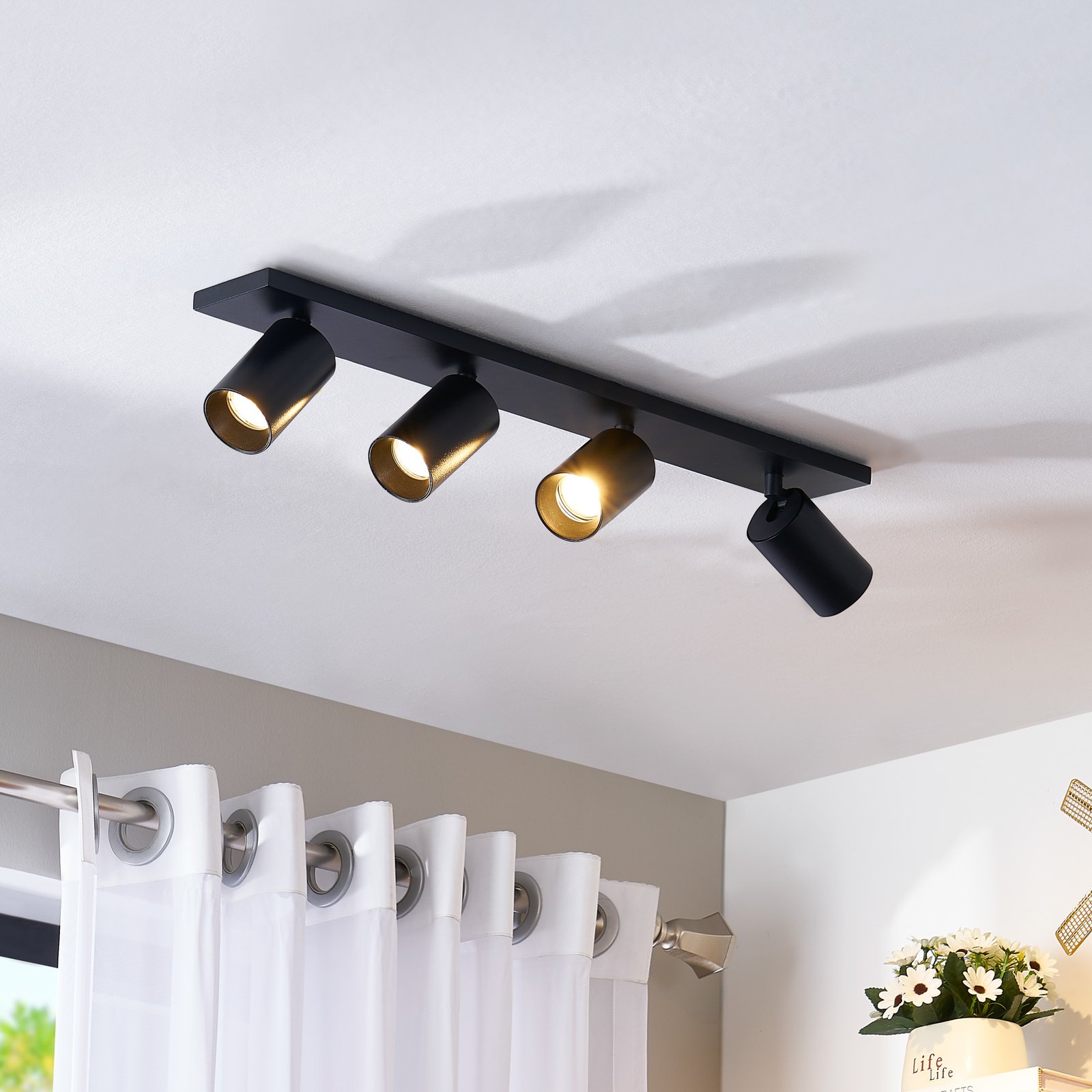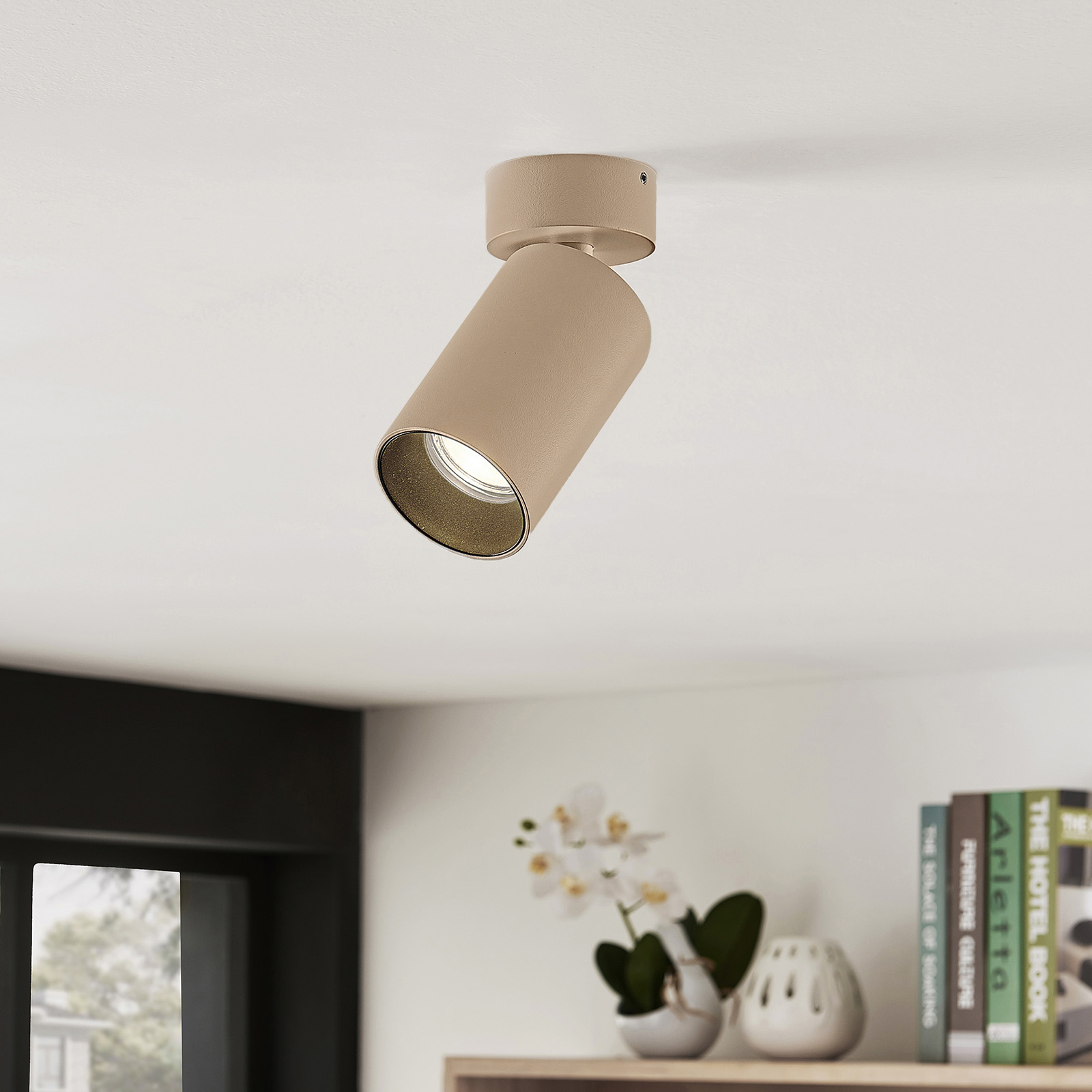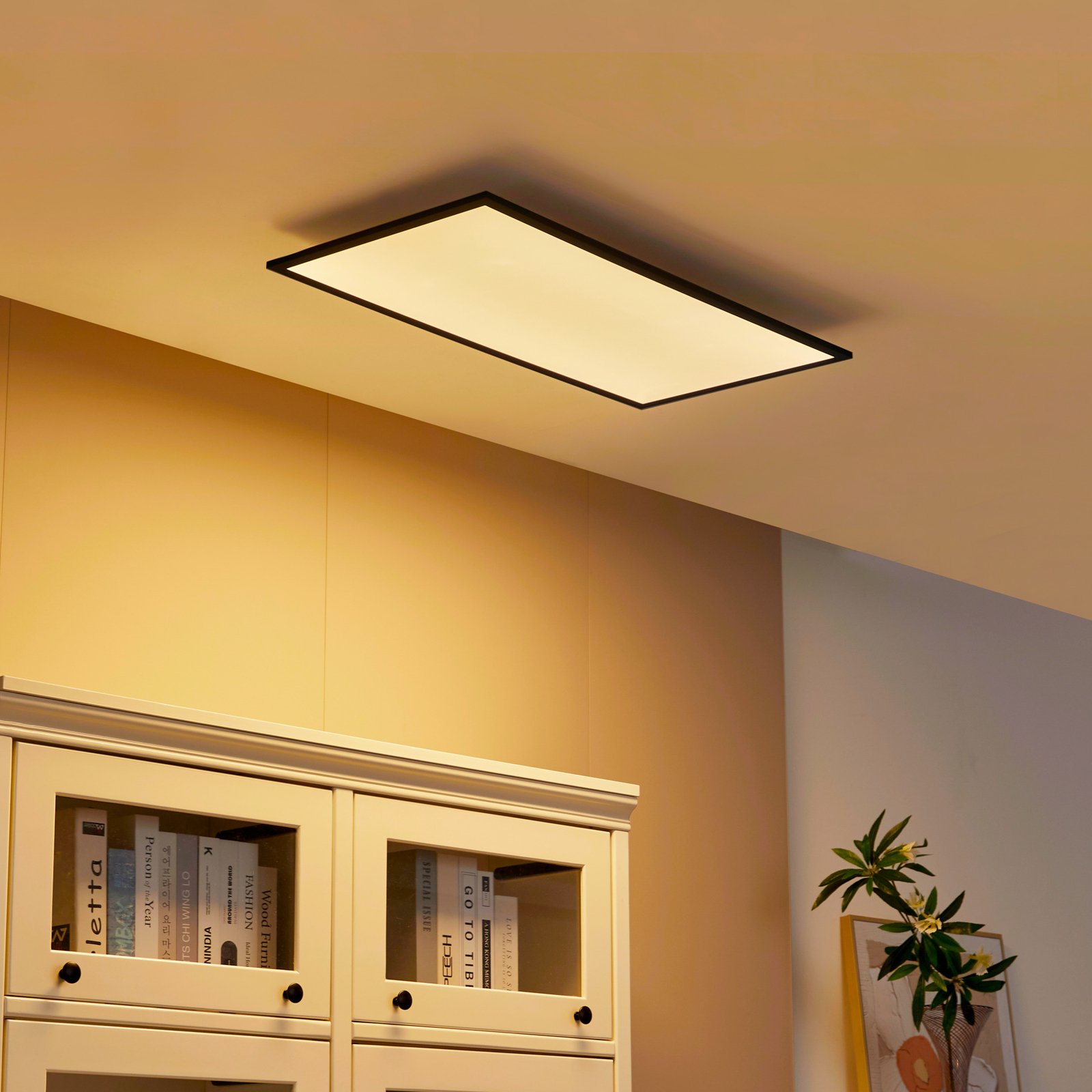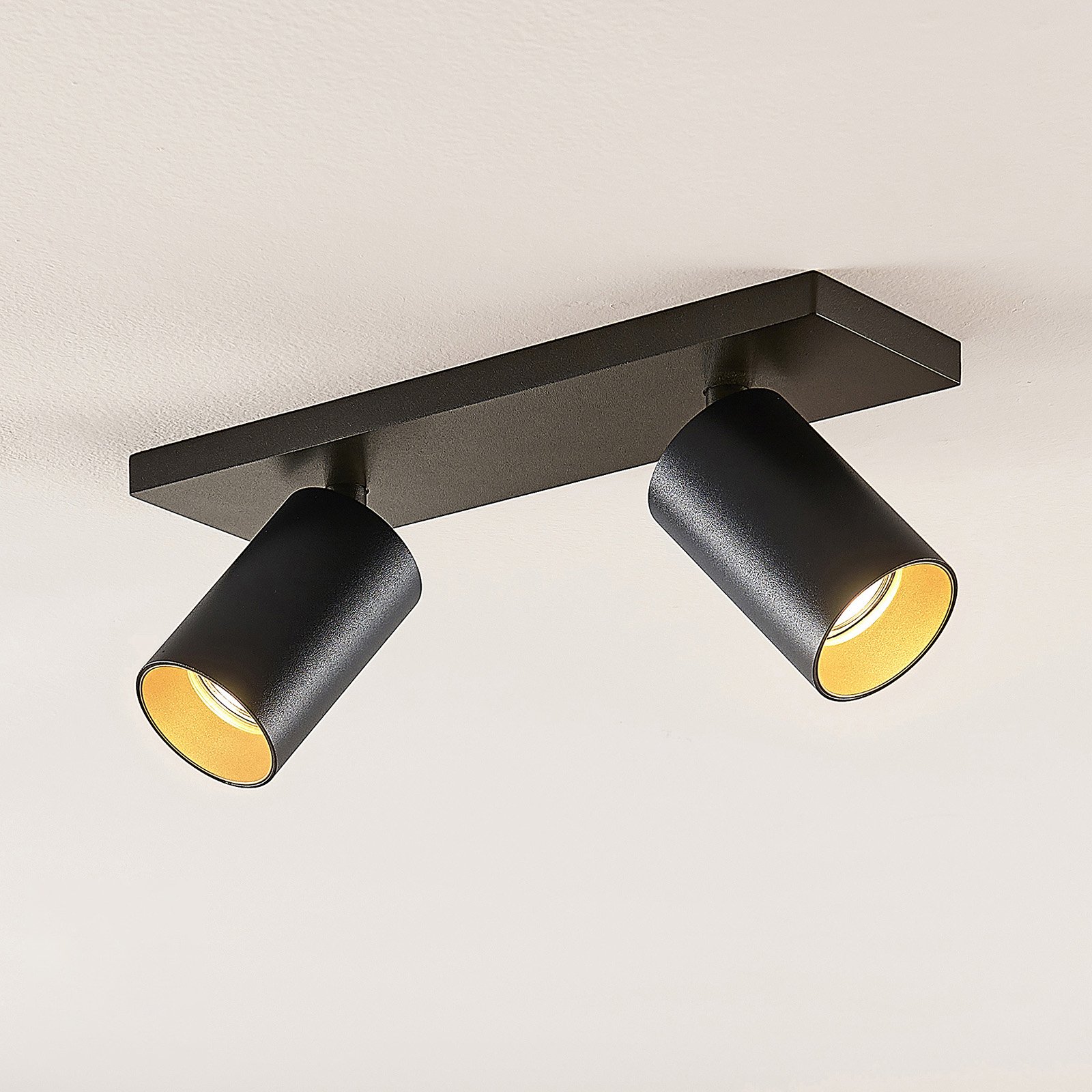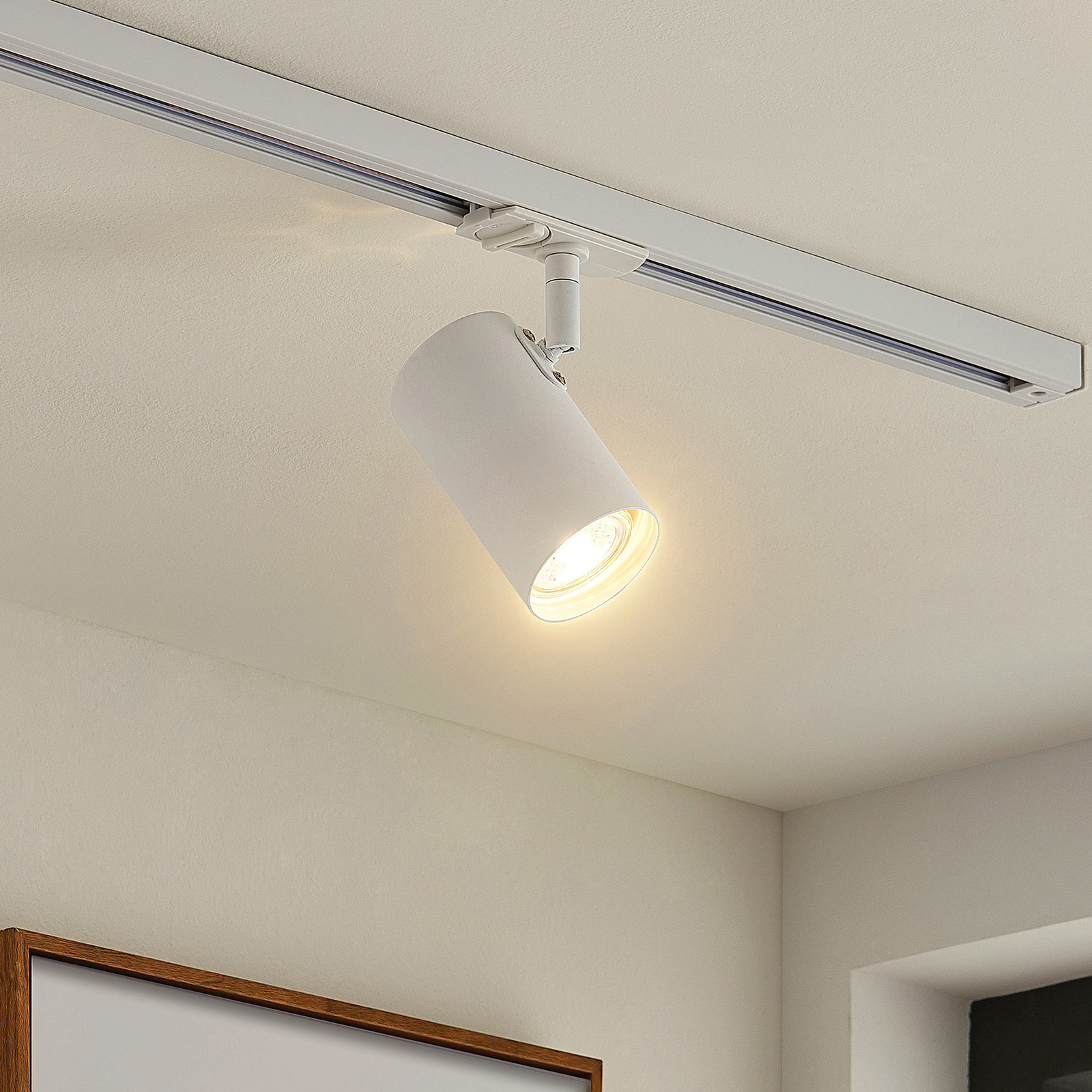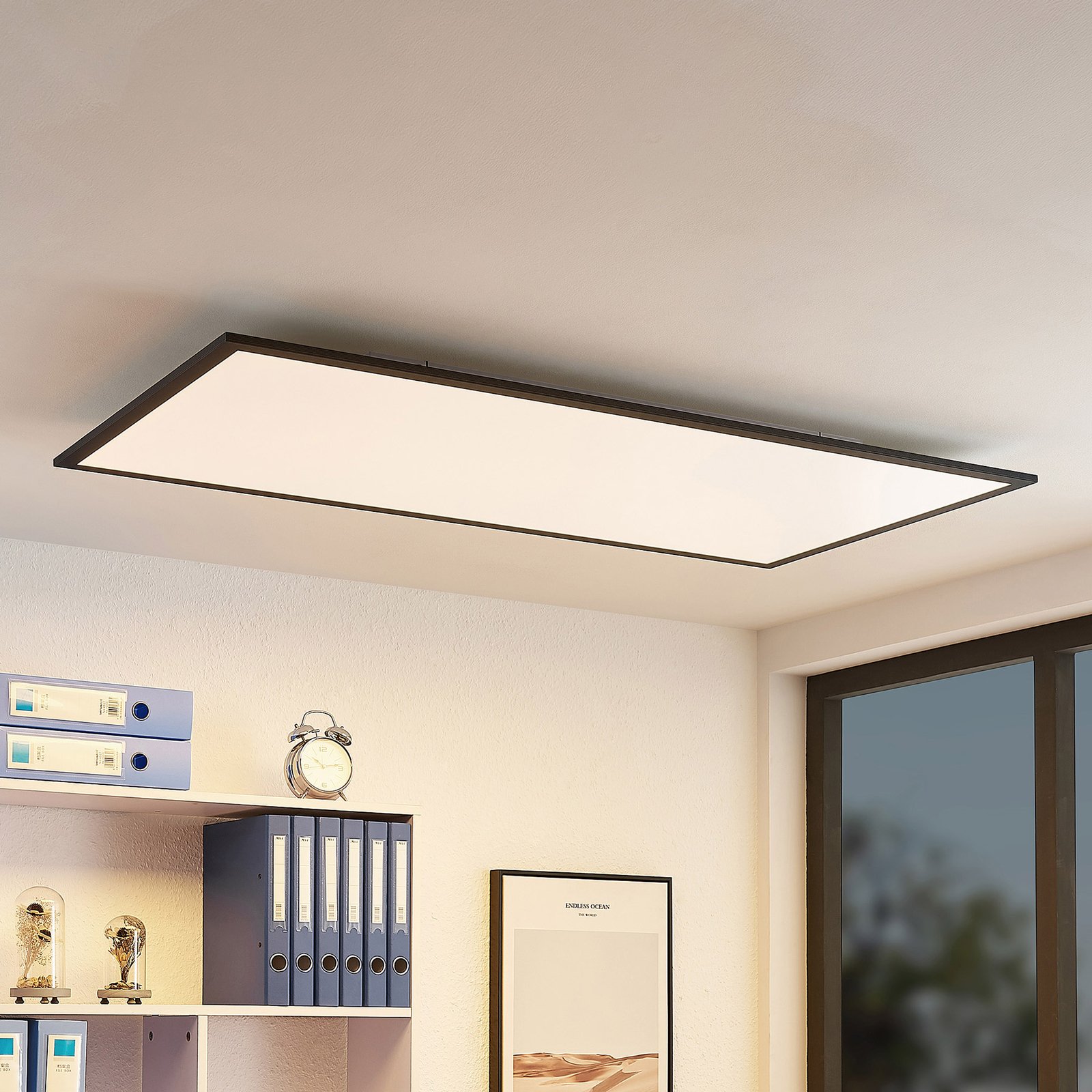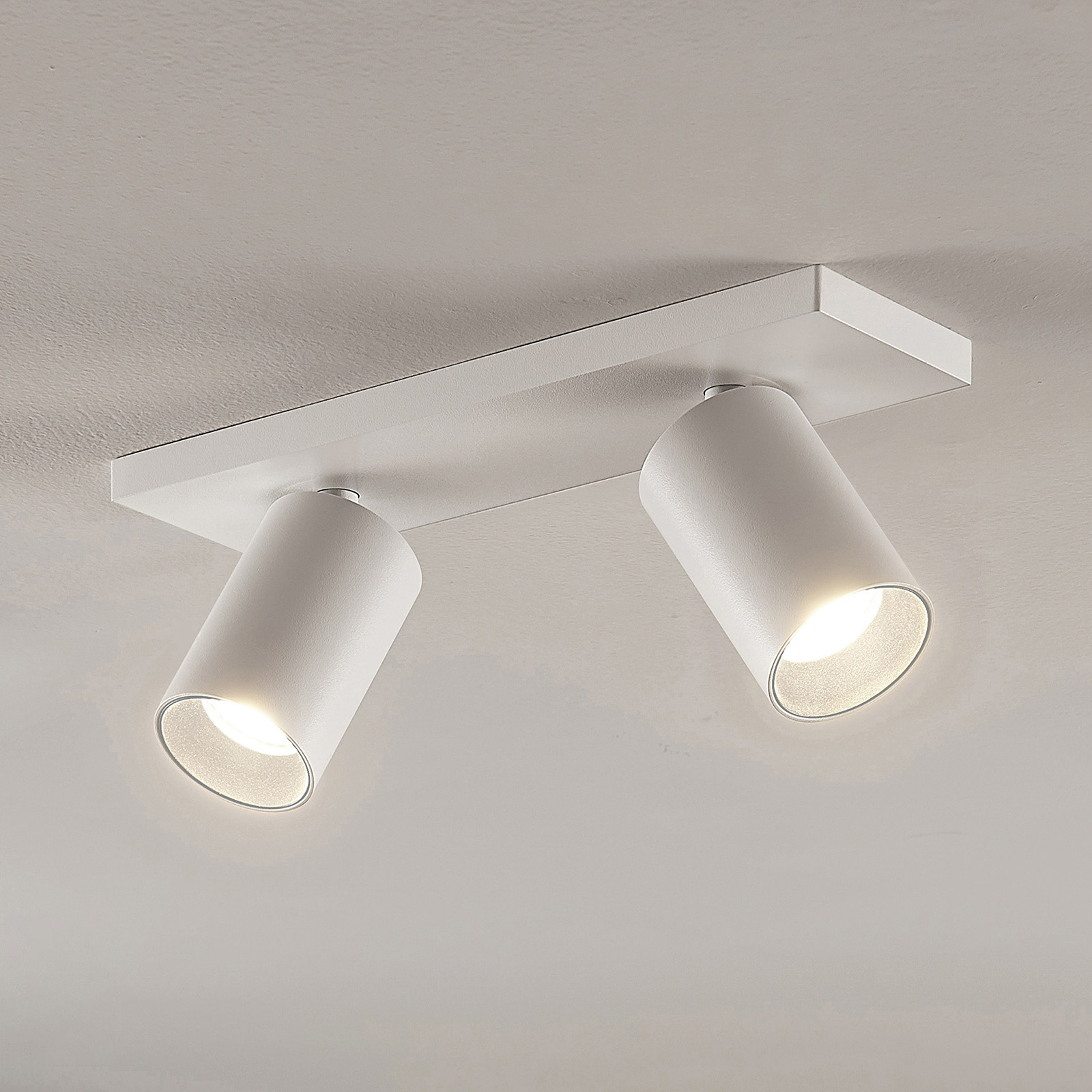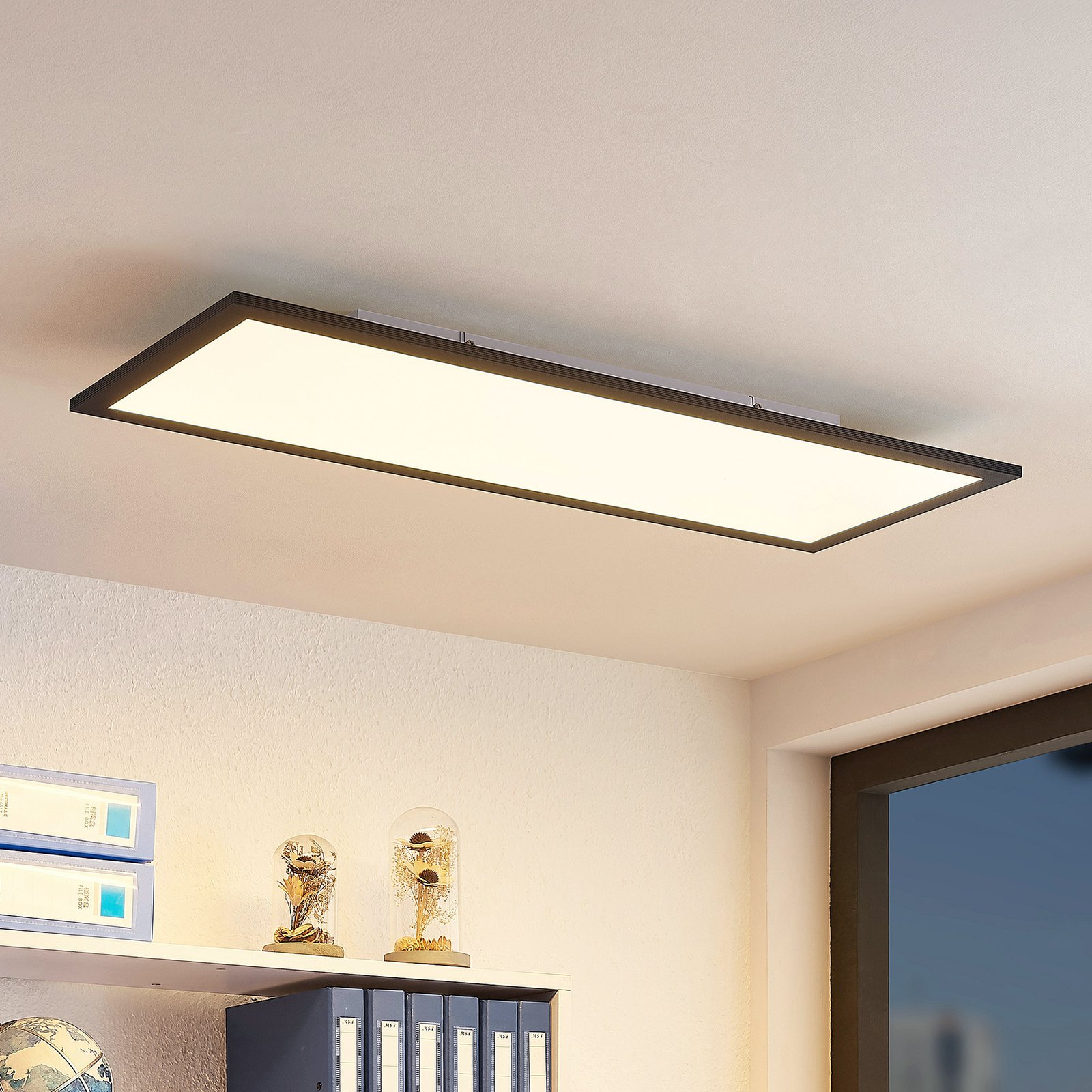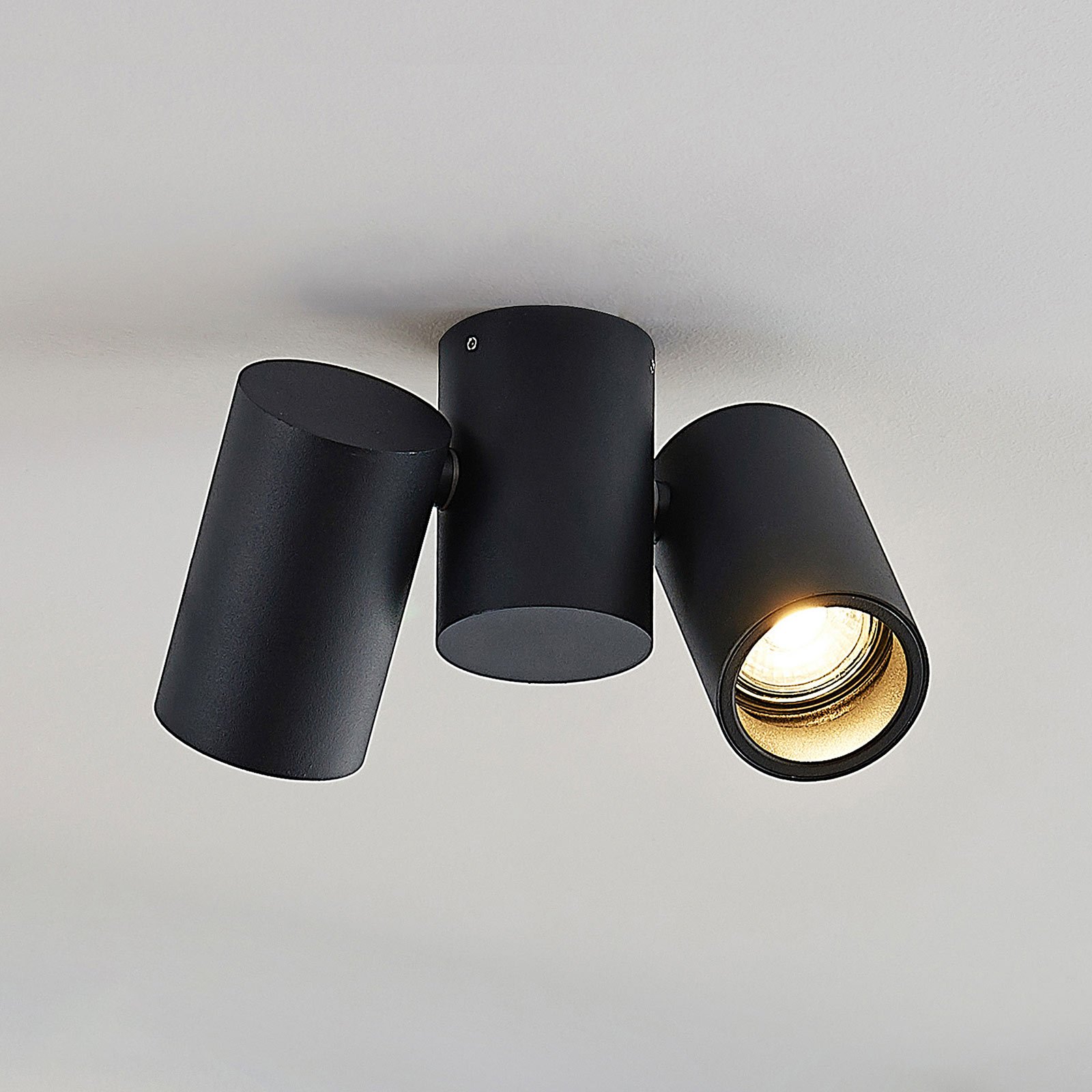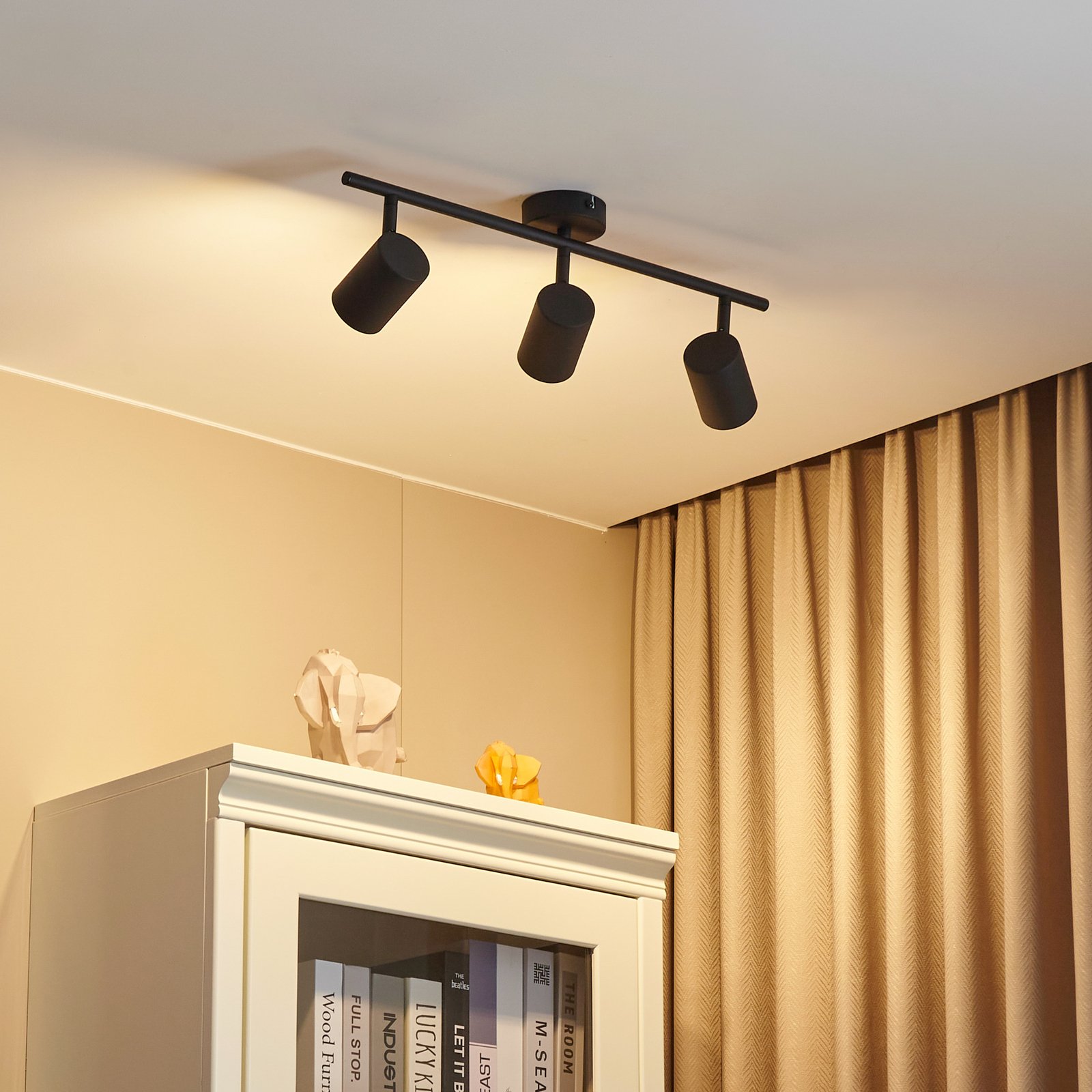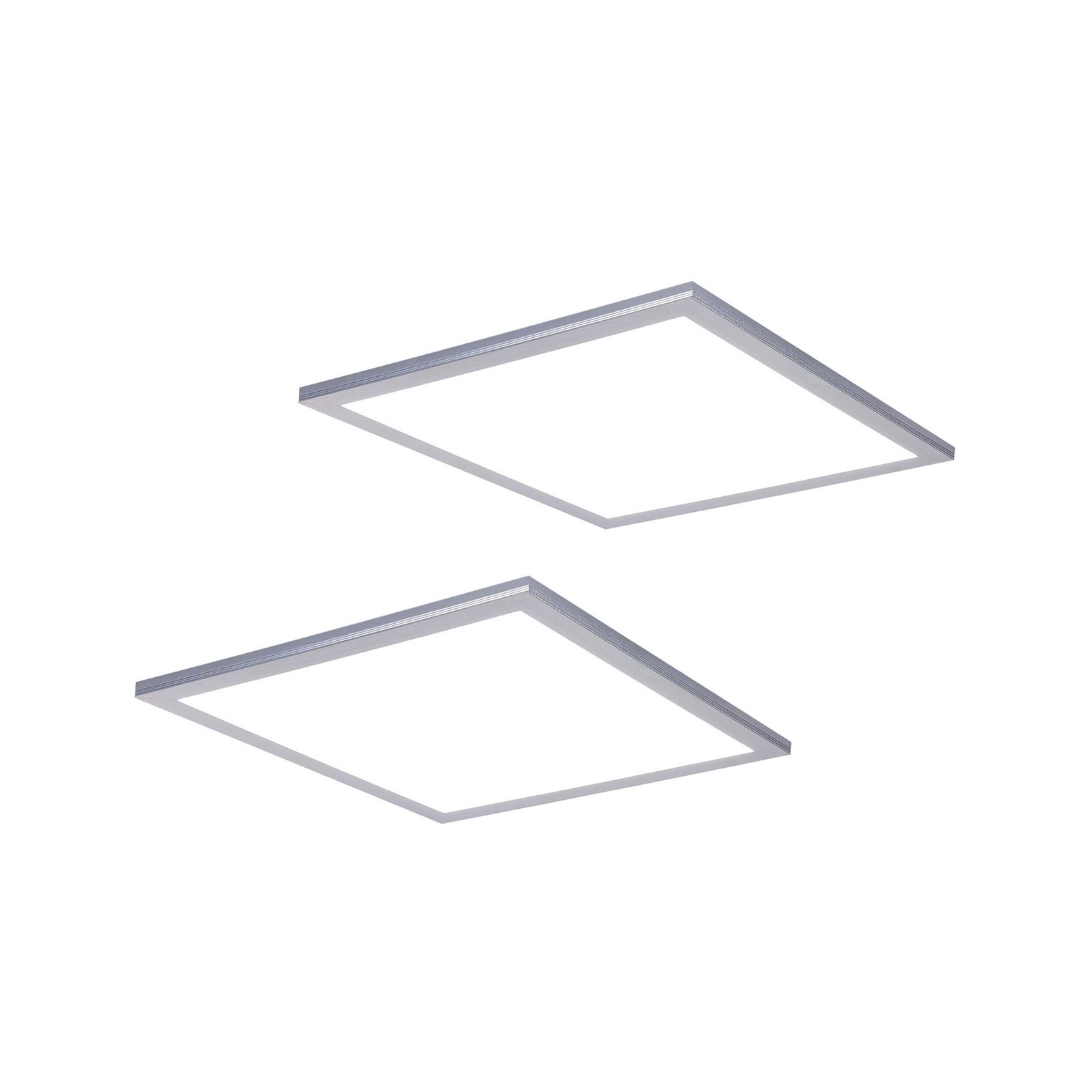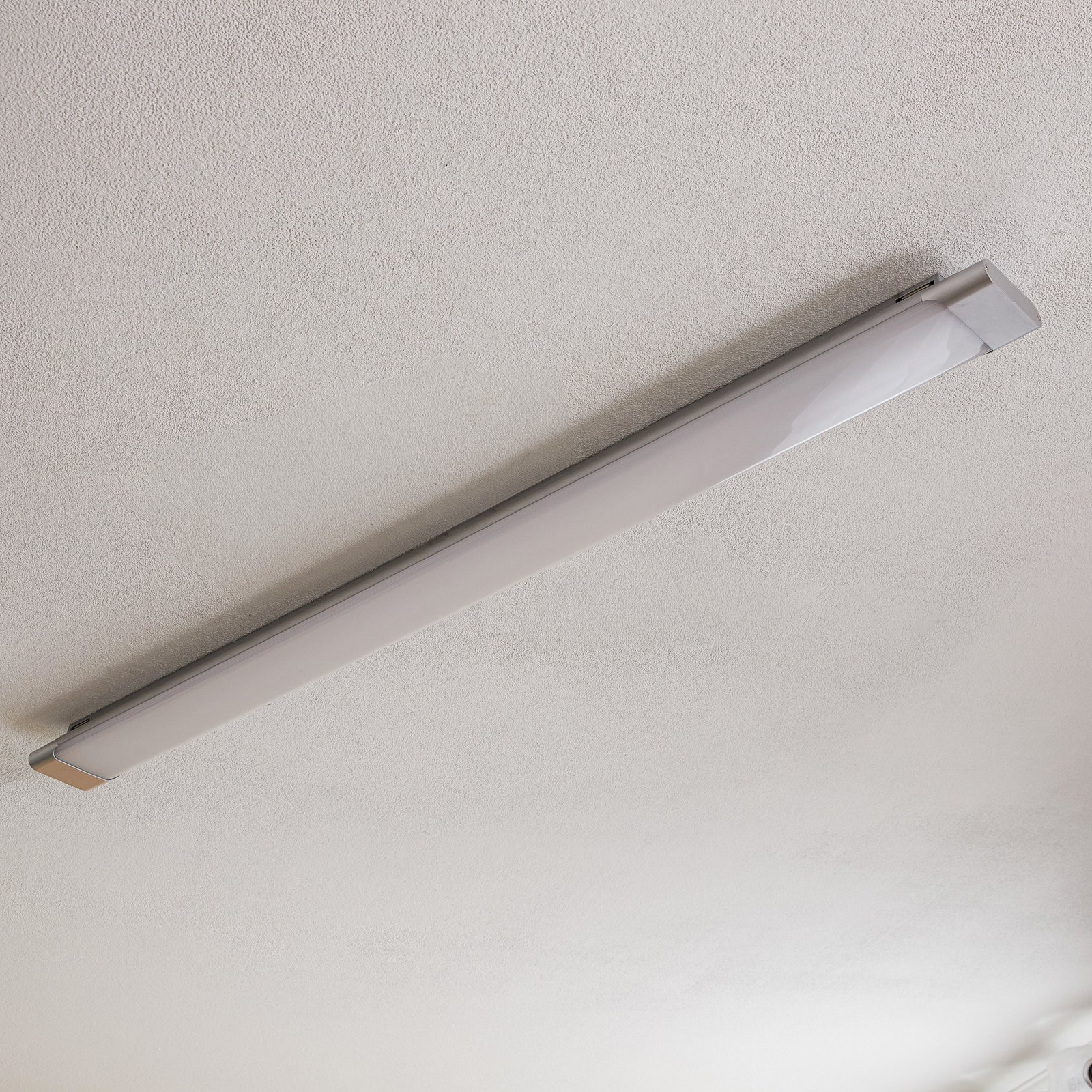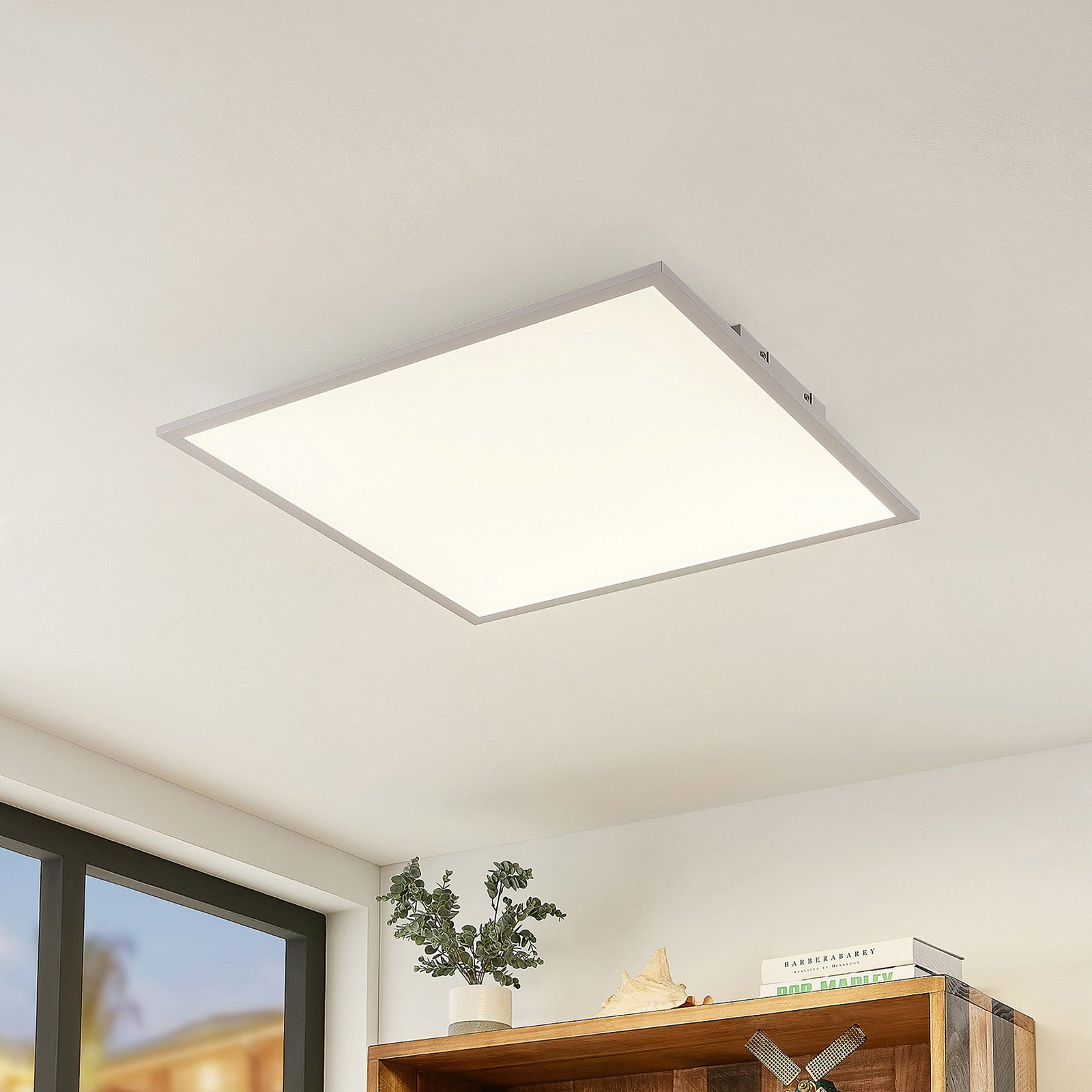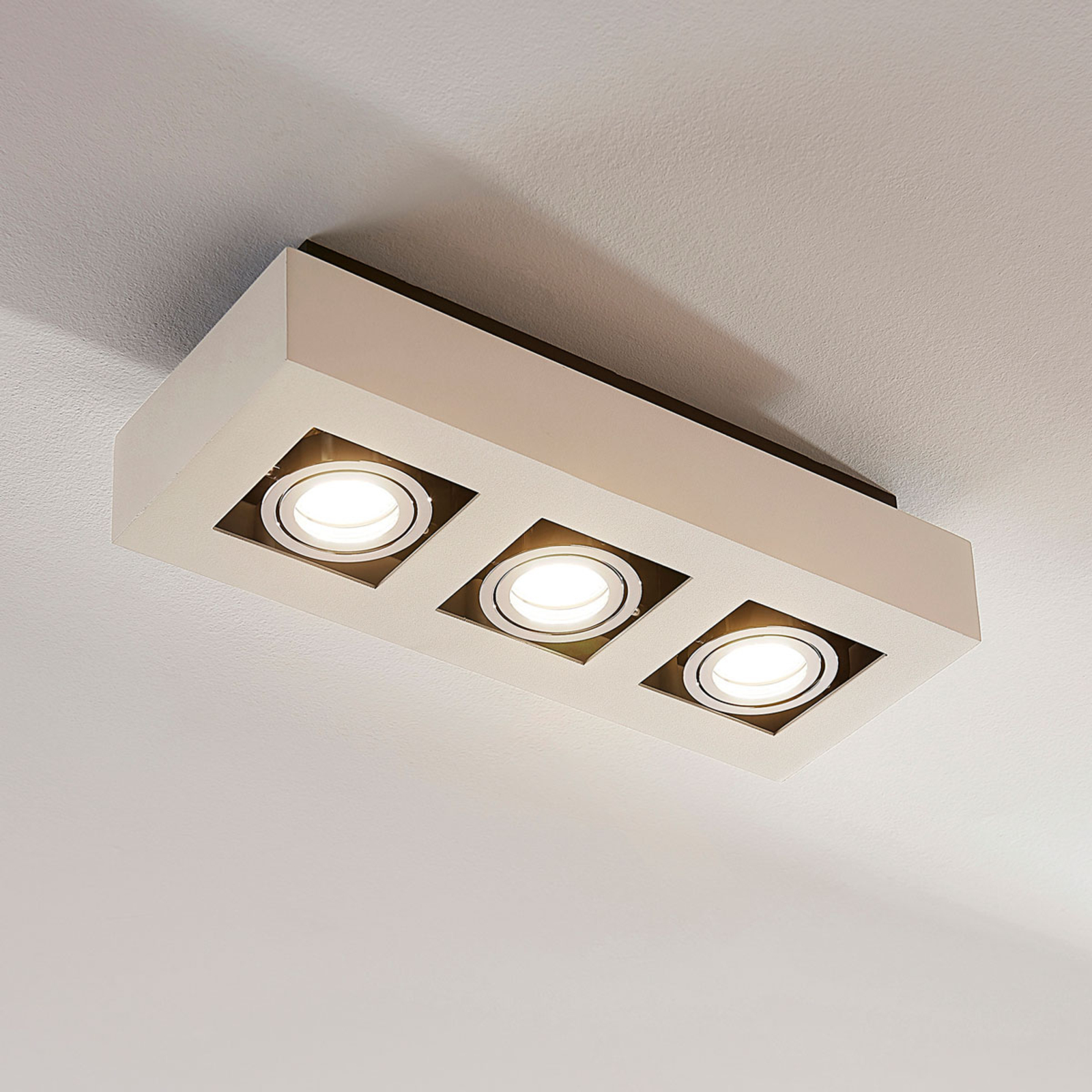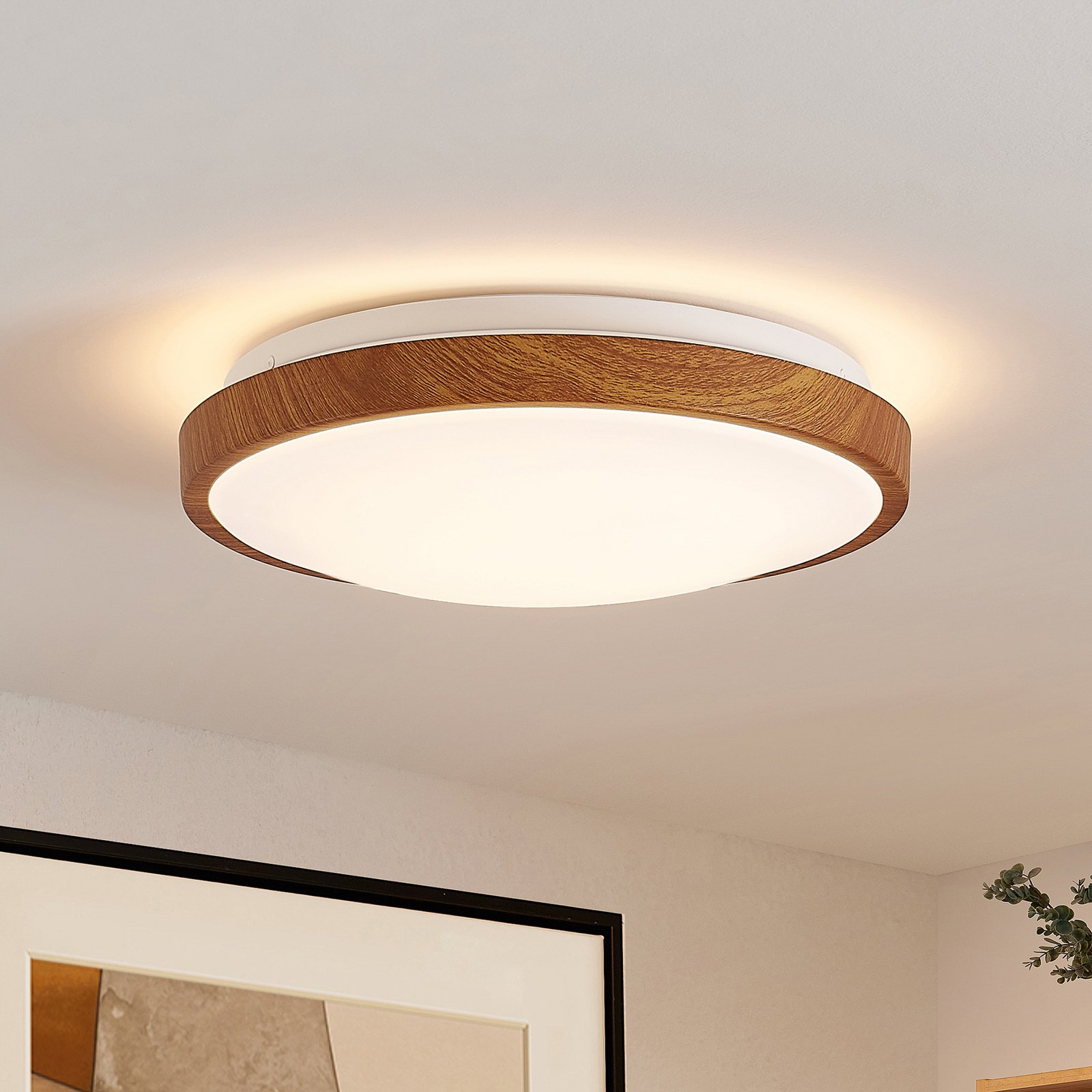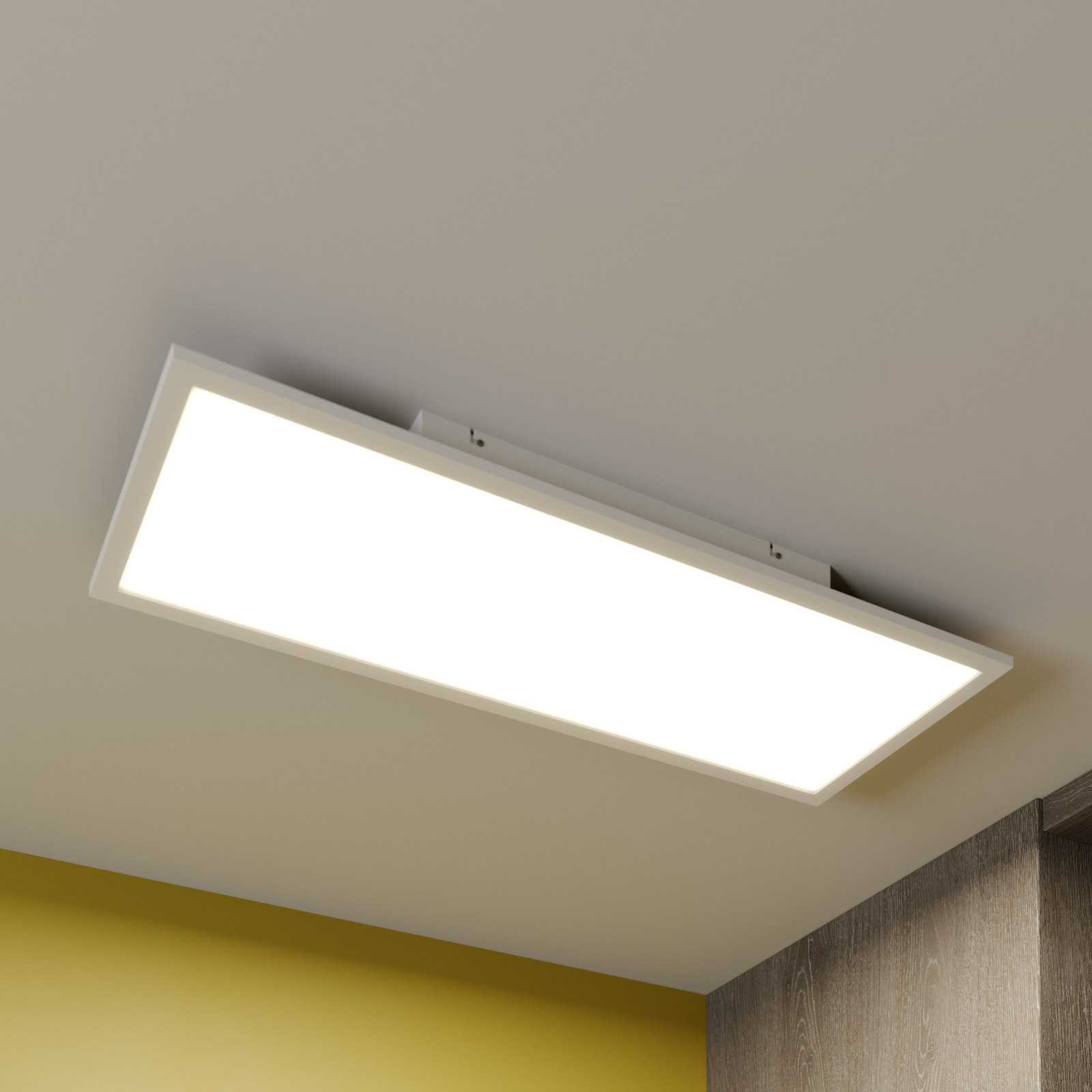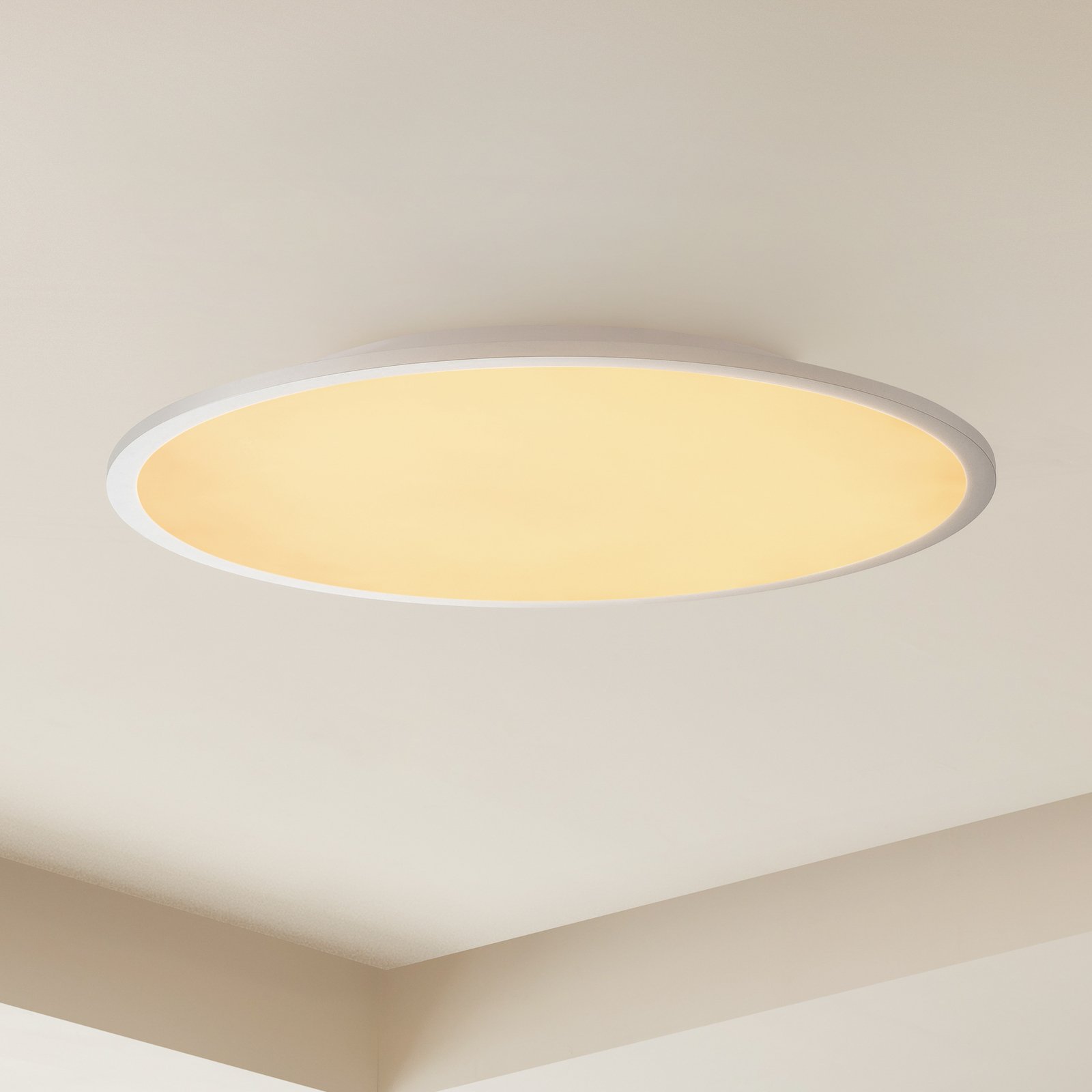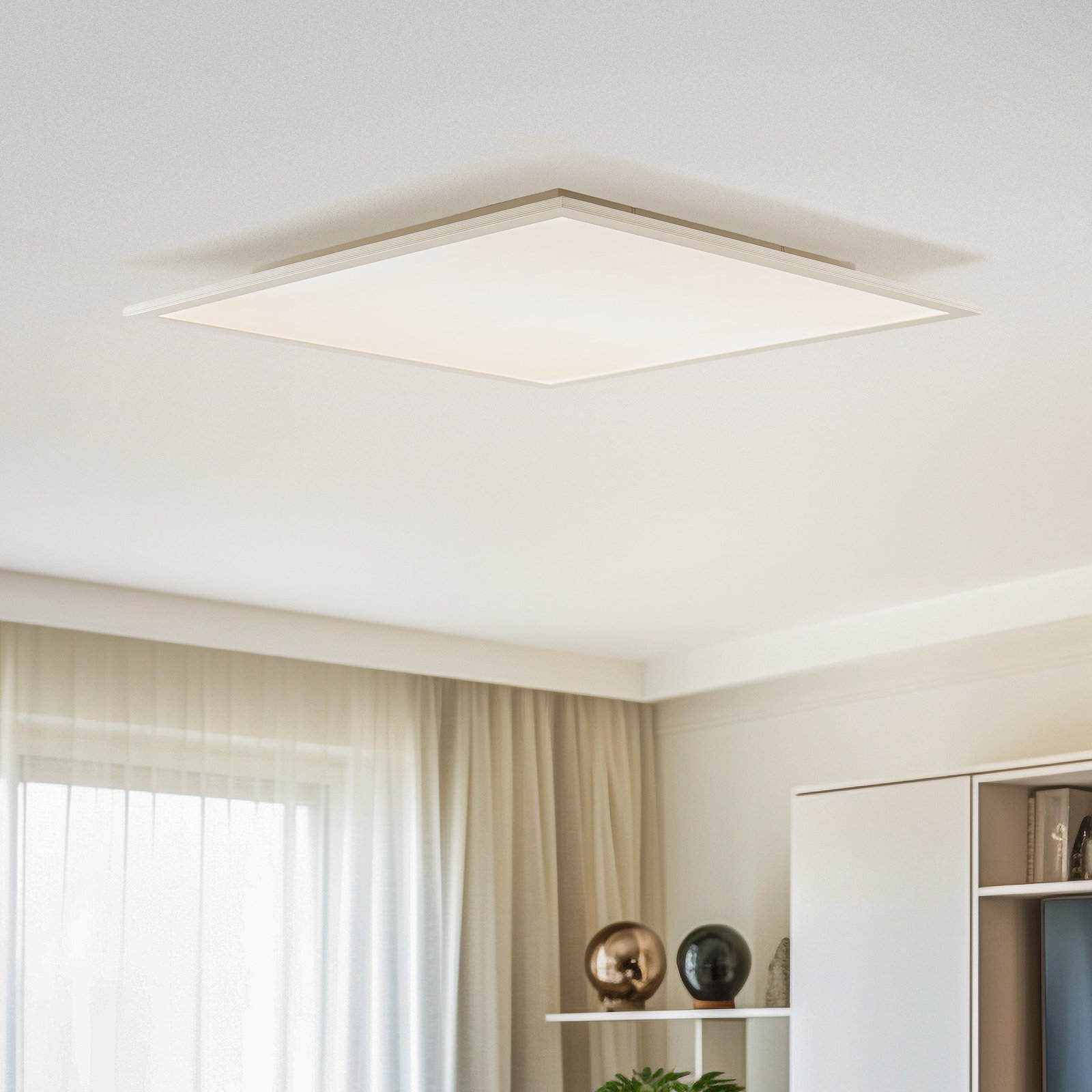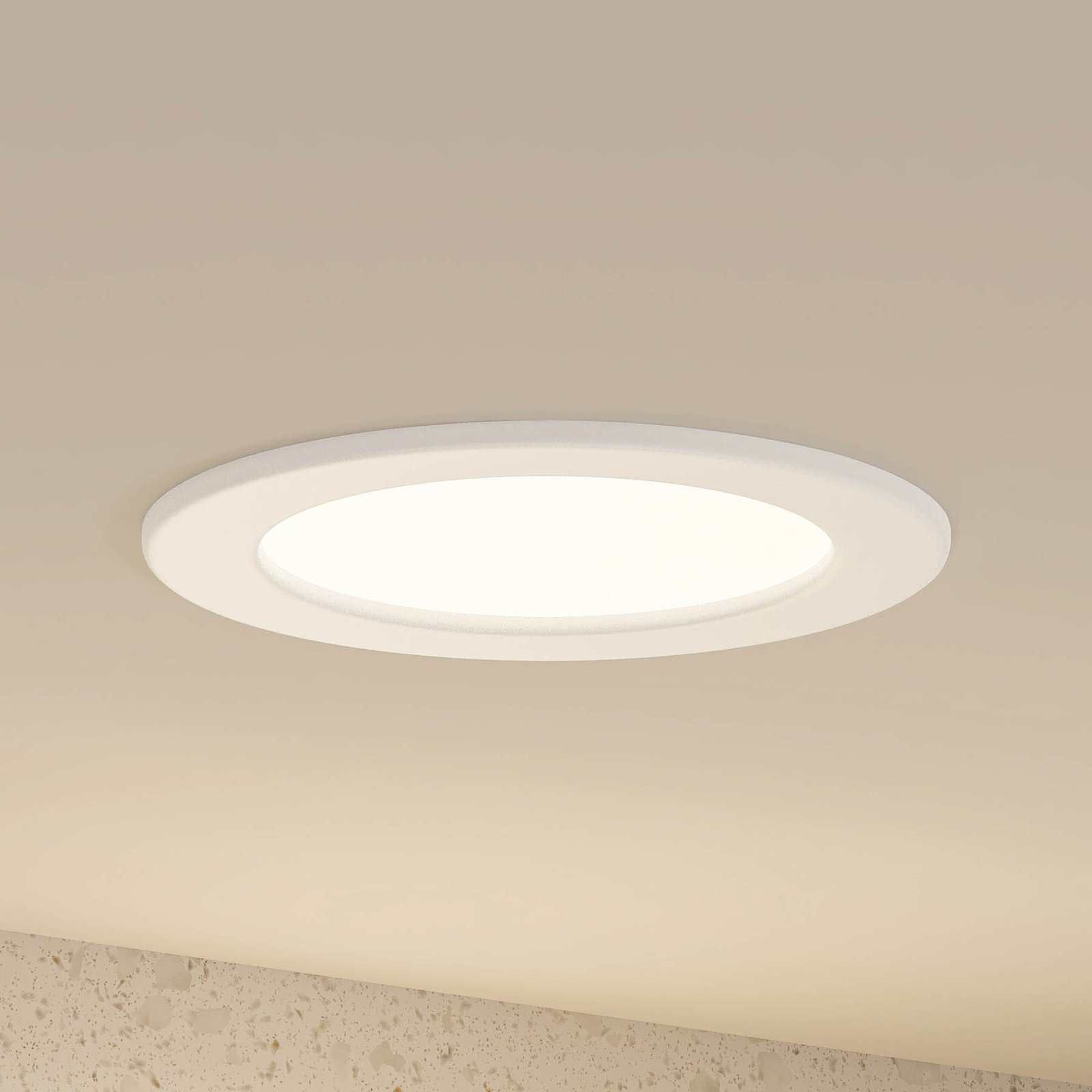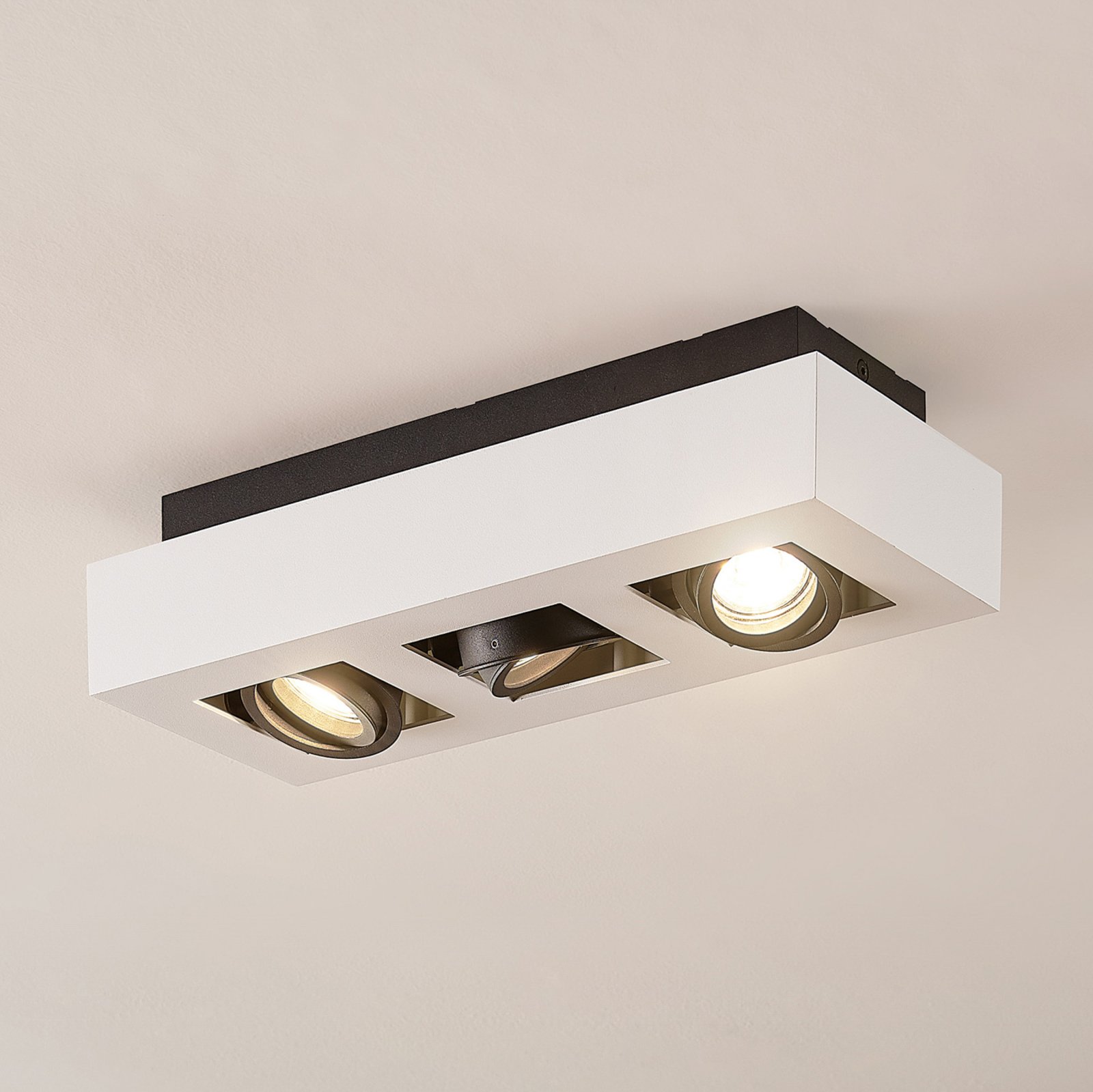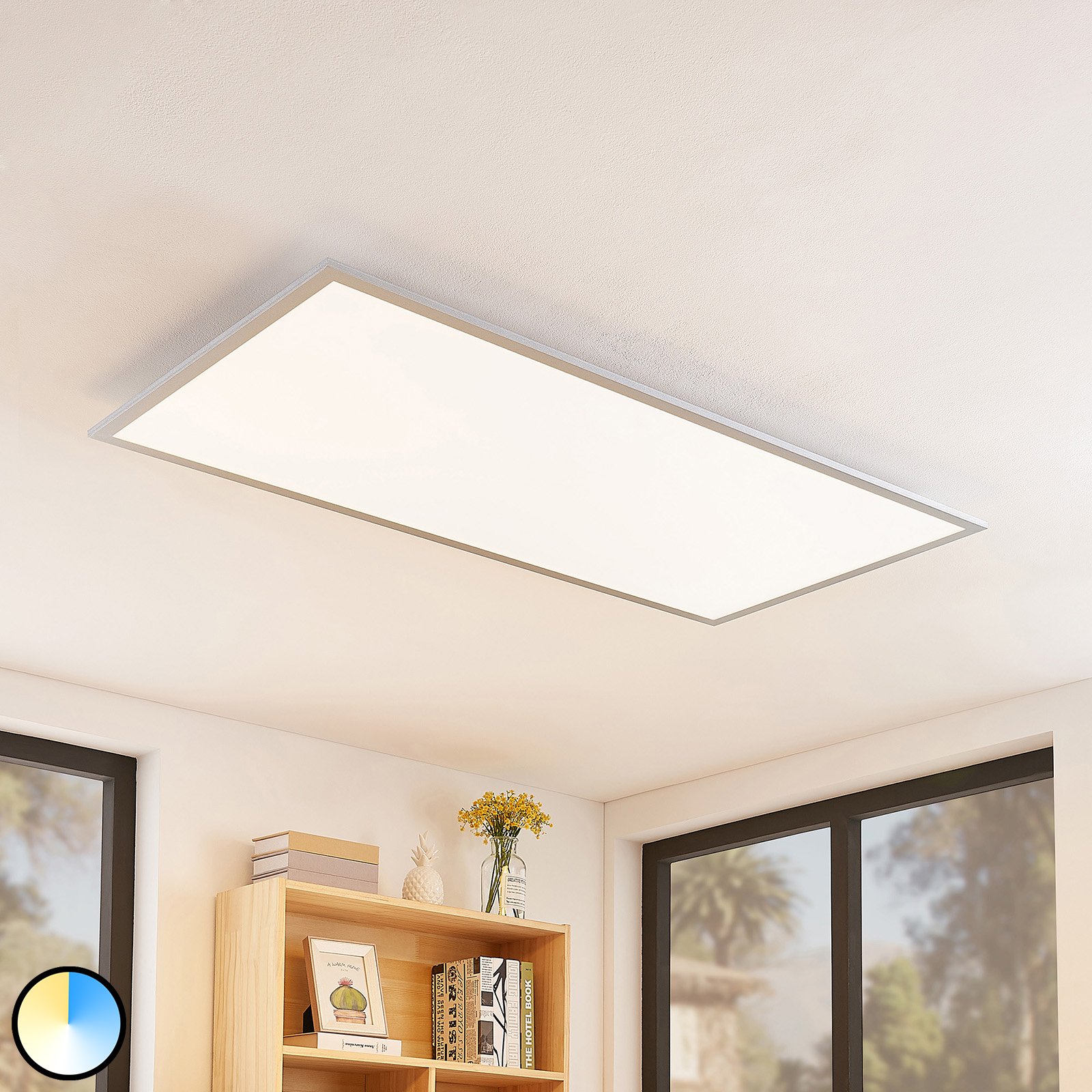- 50 days free returns
- Flexible payment options
- The UK's largest selection of brands
Office Lighting: Efficient Work is a Matter of Light Too
What are the requirements for office lighting?
There are big differences between a home office and a commercial one. At home, you are largely unrestricted when it comes to choosing office lights. In a company, however, there are specific standards to adhere to. Lighting in offices is regulated by the European standard DIN EN 12464-1 and additional country-specific requirements.
As a general rule, the lighting of computer screen workstations must be suitable for all (visual) tasks that take place at that workstation. These include writing and reading on the screen, as well as the writing and reading of texts at the desk. Lighting criteria is determined according to the type of activity, the visual tasks and the room. Office lights and office lamps need to be selected accordingly.
Wondering why we need additional lighting to read and write texts on a screen when the screen provides its own light? This is due to the fact that there is a stark contrast between the bright screen and the dark room, which strains the eyes.
:format(jpeg))
What makes good office lighting?
So, the light comes on and the office is lit perfectly? In an ideal world, yes! Take a closer look at the standards and see the quality criteria that comes into play; you will get an idea of just how broad the subject of lighting is.
Working at home? Then you have the option to choose as you see fit.
The quality criteria of good office lighting includes, amongst others:
illuminance
luminance distribution
correct colour temperature
very good colour rendering
direction of the light
avoidance of direct and reflective glare
avoidance of flickering
avoidance of great variations in the light in terms of the level and colour
:format(jpeg))
How many lumens are required for office lighting?
Just like any other type of lighting, office lamps emit a light output that is measured in lumens which refers to the brightness of the light. The standards for office lighting allow for a calculation of the illuminance. This actually refers to the light that hits an area. Illuminance is measured in lux (lx). An office workstation is considered to be adequately illuminated at 500 lx.
In the private sphere, on the other hand, you can work with the lumen value instead (since lux are not so easy to calculate), which can be found in the shop for every light bulb and every light with build-in LEDs.
As a guideline value, e.g. in a good desk lamp, look out for a light output of approximately 500 lumens. For higher light outputs, we recommend having an integrated dimmer (see “Dimmable” and “Dimmer included” when you are looking under the criteria listed in the shop). Adjust the light output according to your own requirements. No set of standards can make this decision for you – you decide!
:format(jpeg))
:format(jpeg))
Why are glare-free office lights so important?
One thing is for sure, dazzling office lights are unpleasant. There is distinction between physiological and psychological glare.
Physiological glare results in a reduction of vision. For example, caused by looking at the sun or into headlamps.
Psychological glare is a subjective sense of annoyance. Whether an office ceiling light, for example, is perceived as dazzling depends on a variety of factors. These factors are included in the assessment of the glare according to the UGR method.
Our specialist consultants are happy to provide further information. Contact details are provided below.
Our specialist consultants will work with you to plan optimal lighting for your office
Good office lighting consists of more than merely installing and setting up office lights that you like. Good planning is essential for meeting standards. Our specialist consultants will help you with this (and any other) kind of lighting project, so you are not left with this key task alone.
Call us on 020 3514 3658 or just use our contact form.
We can provide advice on the use of
floor lamps and uplighters for your office
ceiling lighting for offices and conference rooms
LED panels for modern offices
louvre lights, e.g. for open-plan offices
desk lamps for an office workstation
We look forward to receiving your call or your e-mail!
:format(jpeg))
:format(jpeg))
:format(jpeg))
The strike-through prices correspond to the manufacturer's RRP.
All prices include 20% VAT, delivery costs excluded.





































